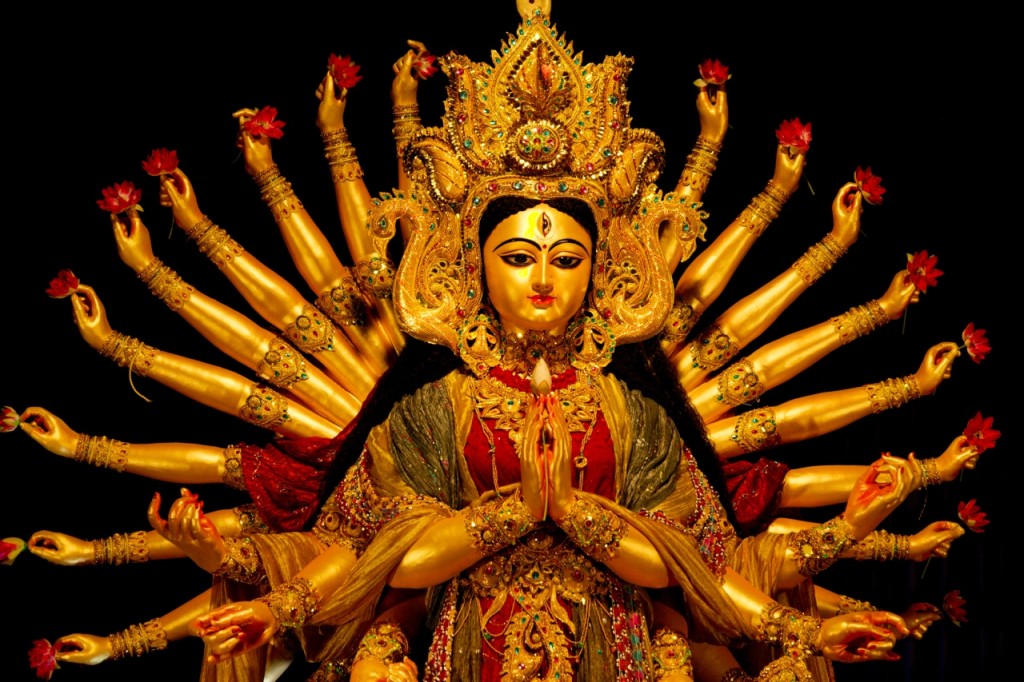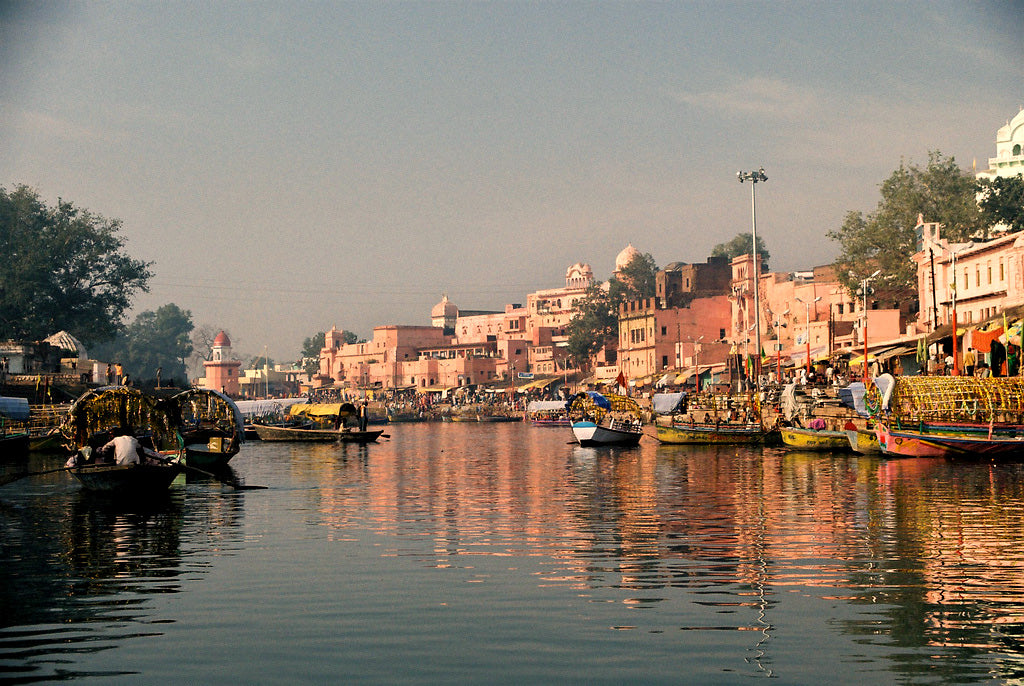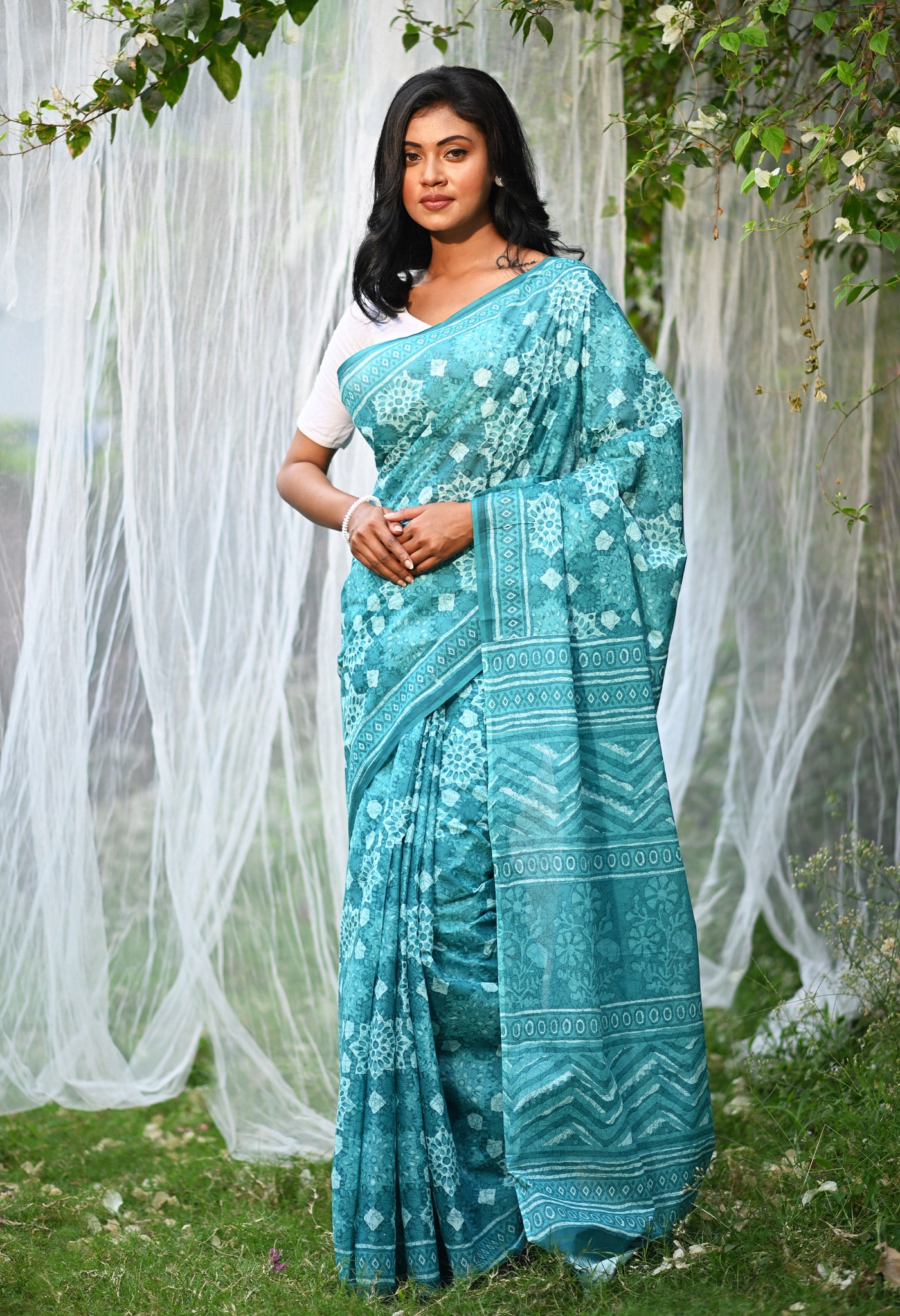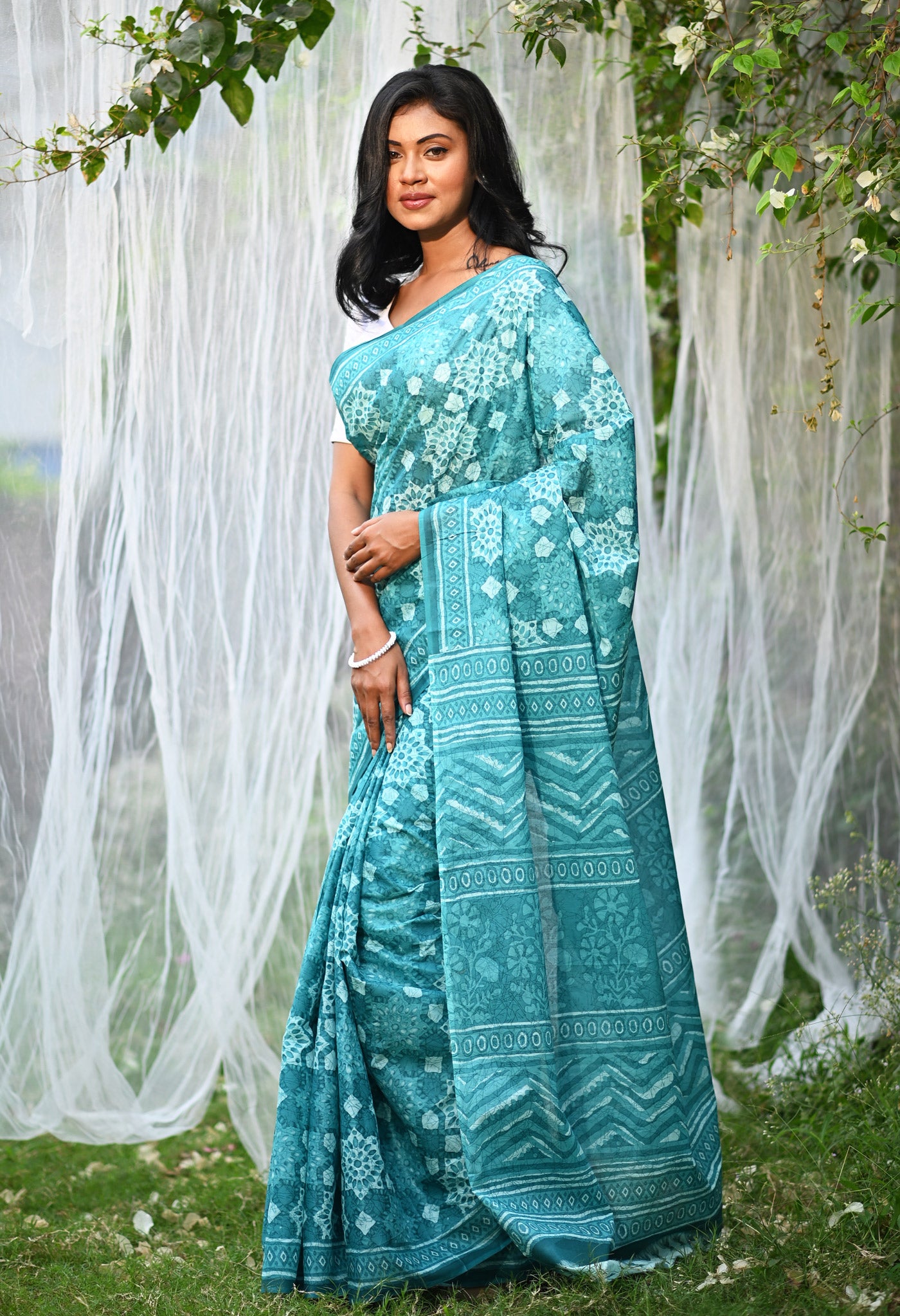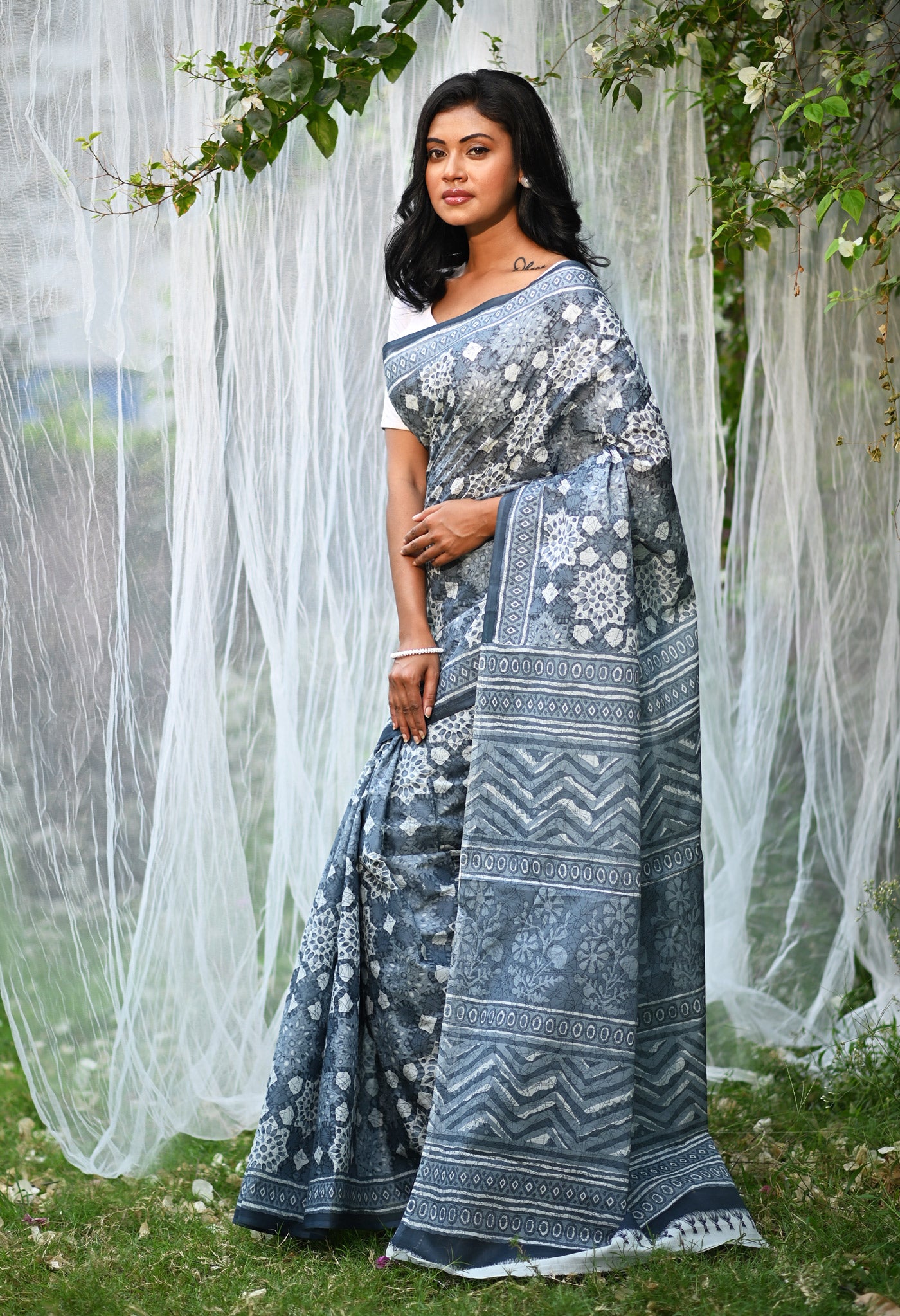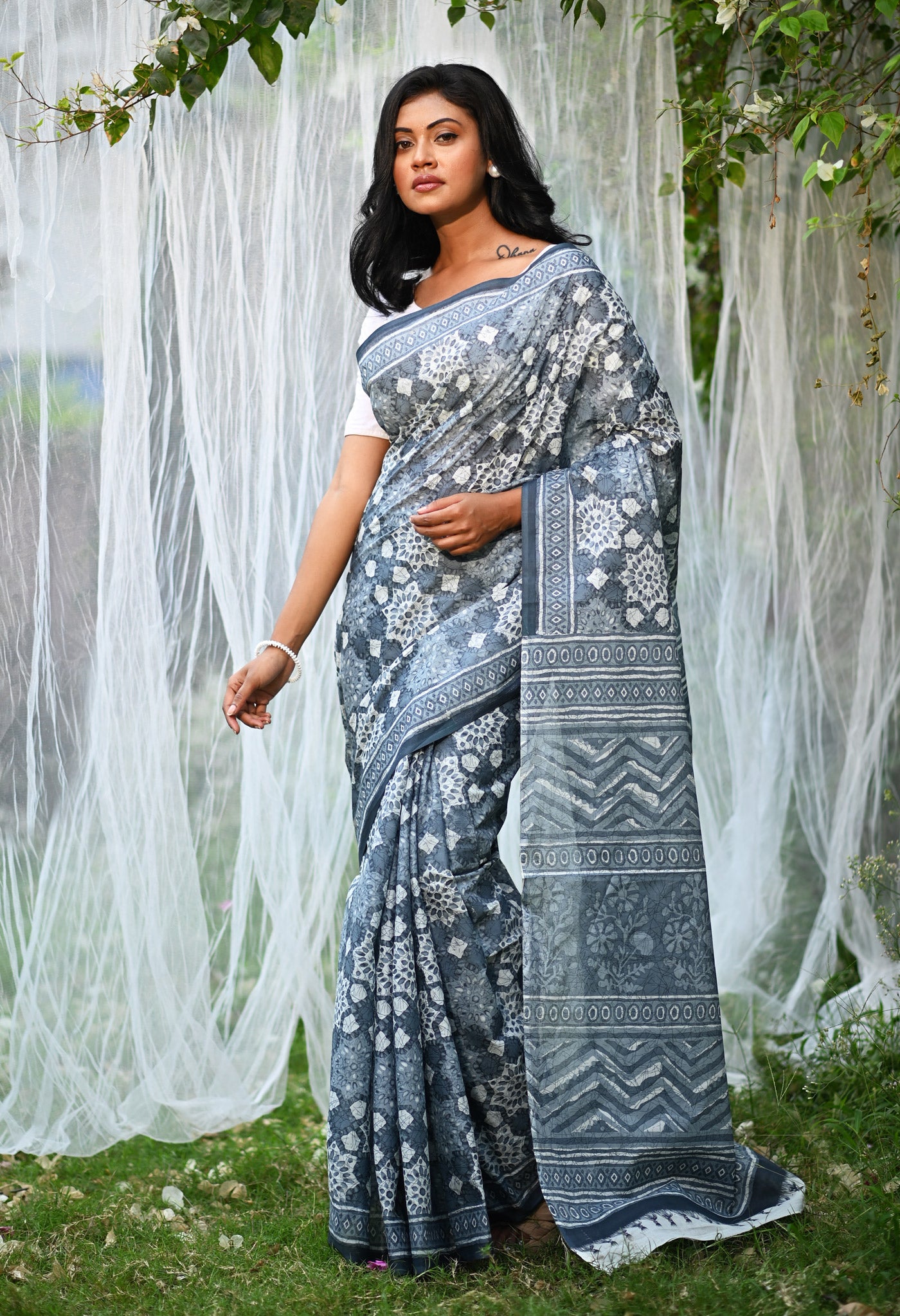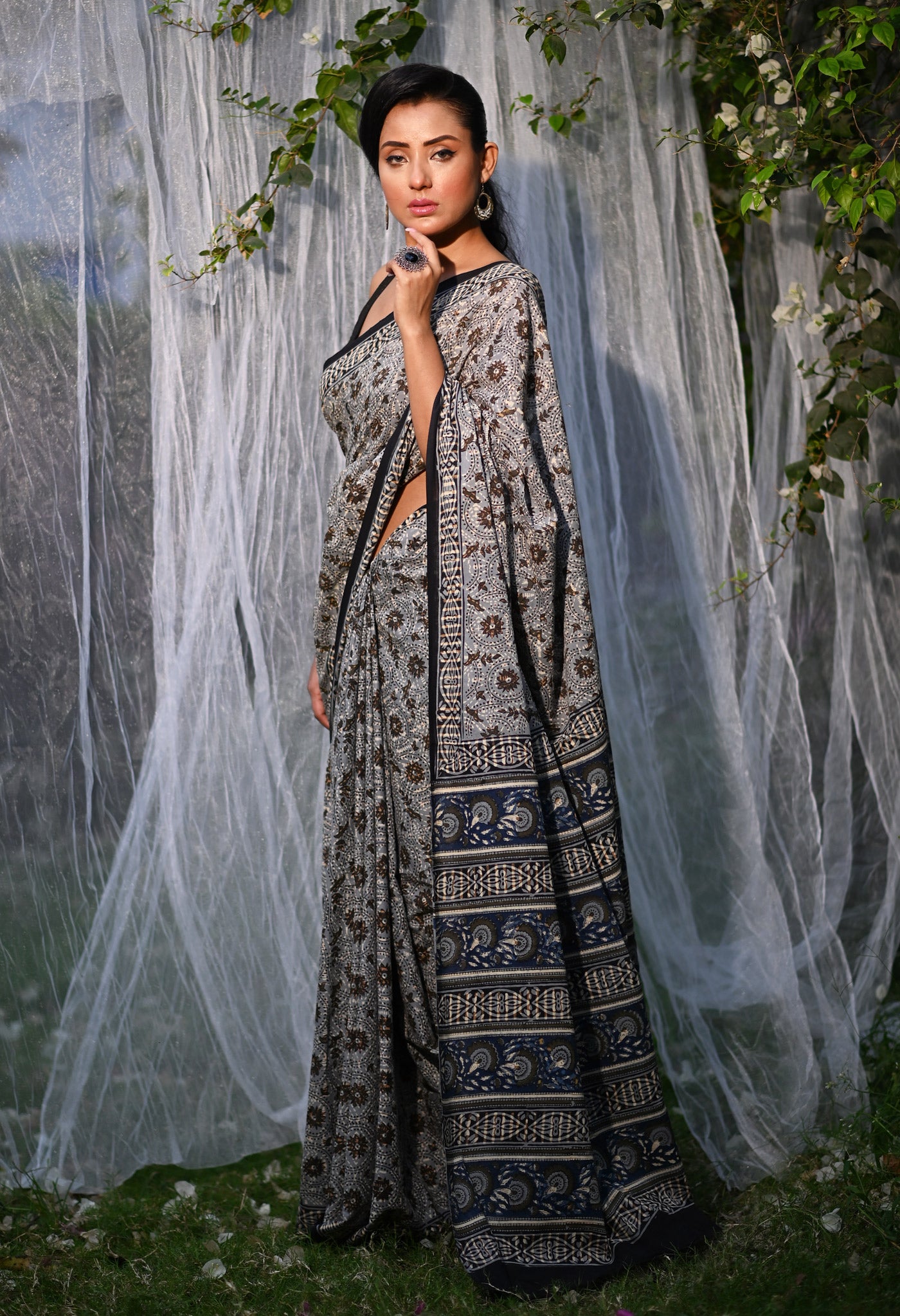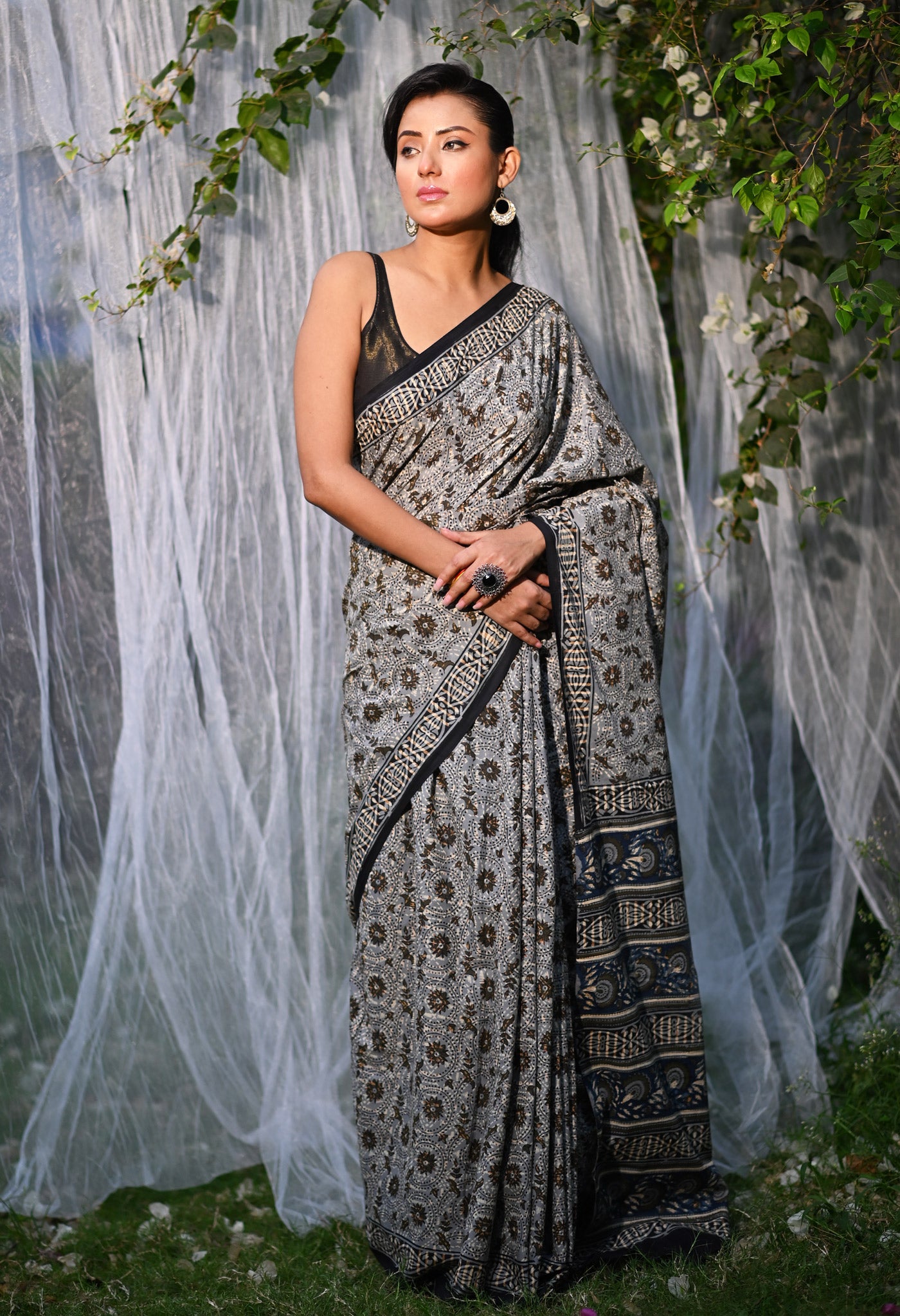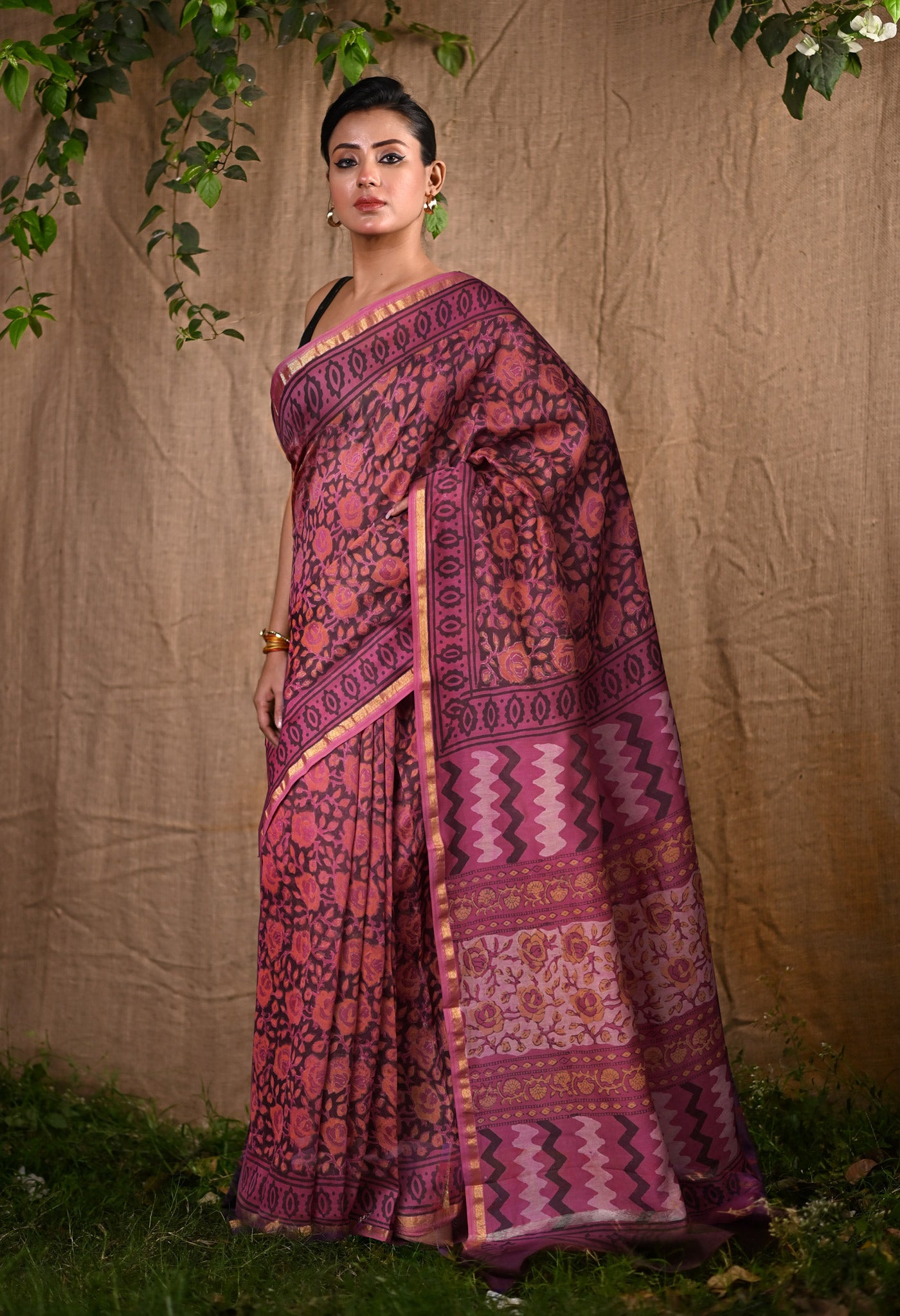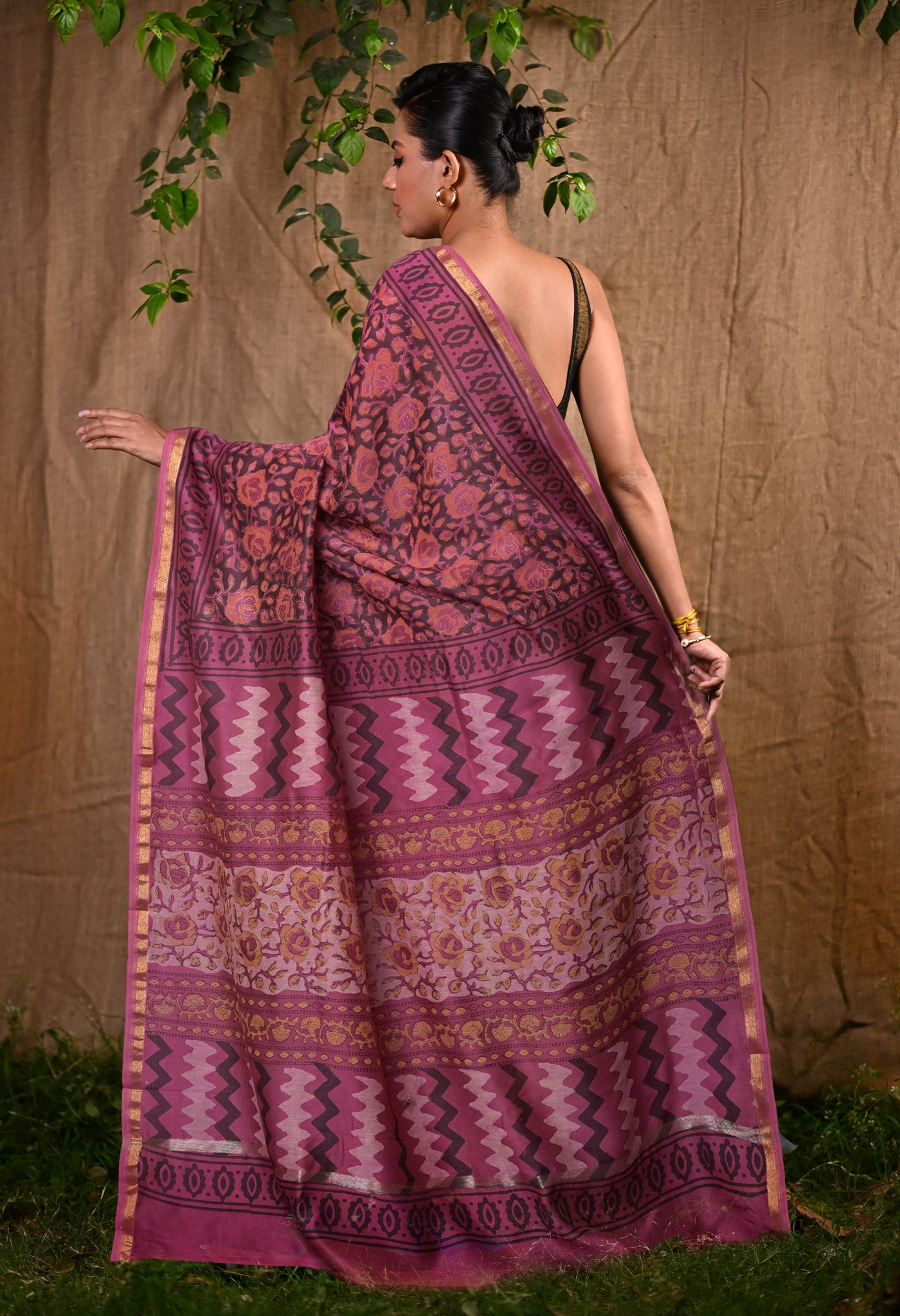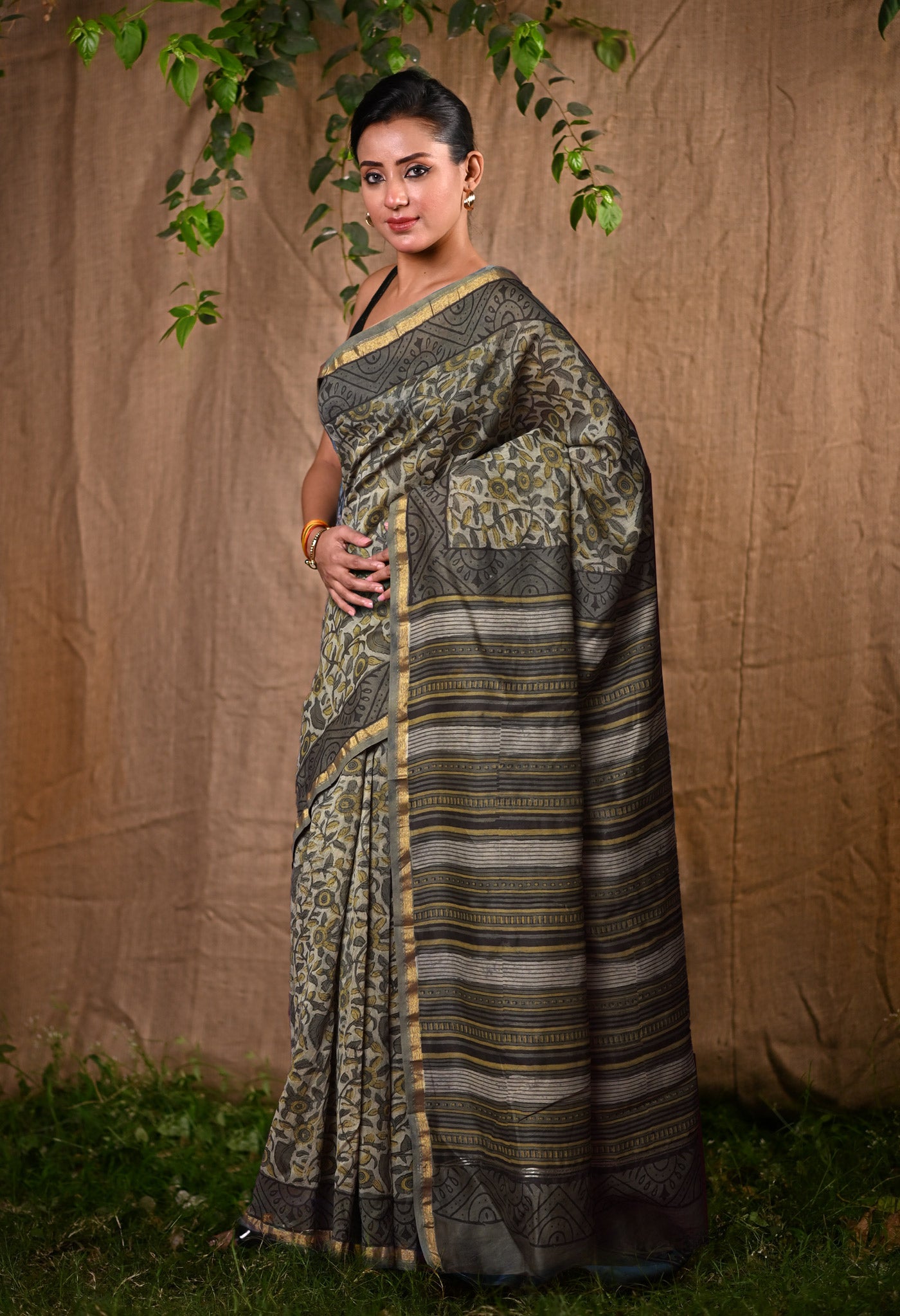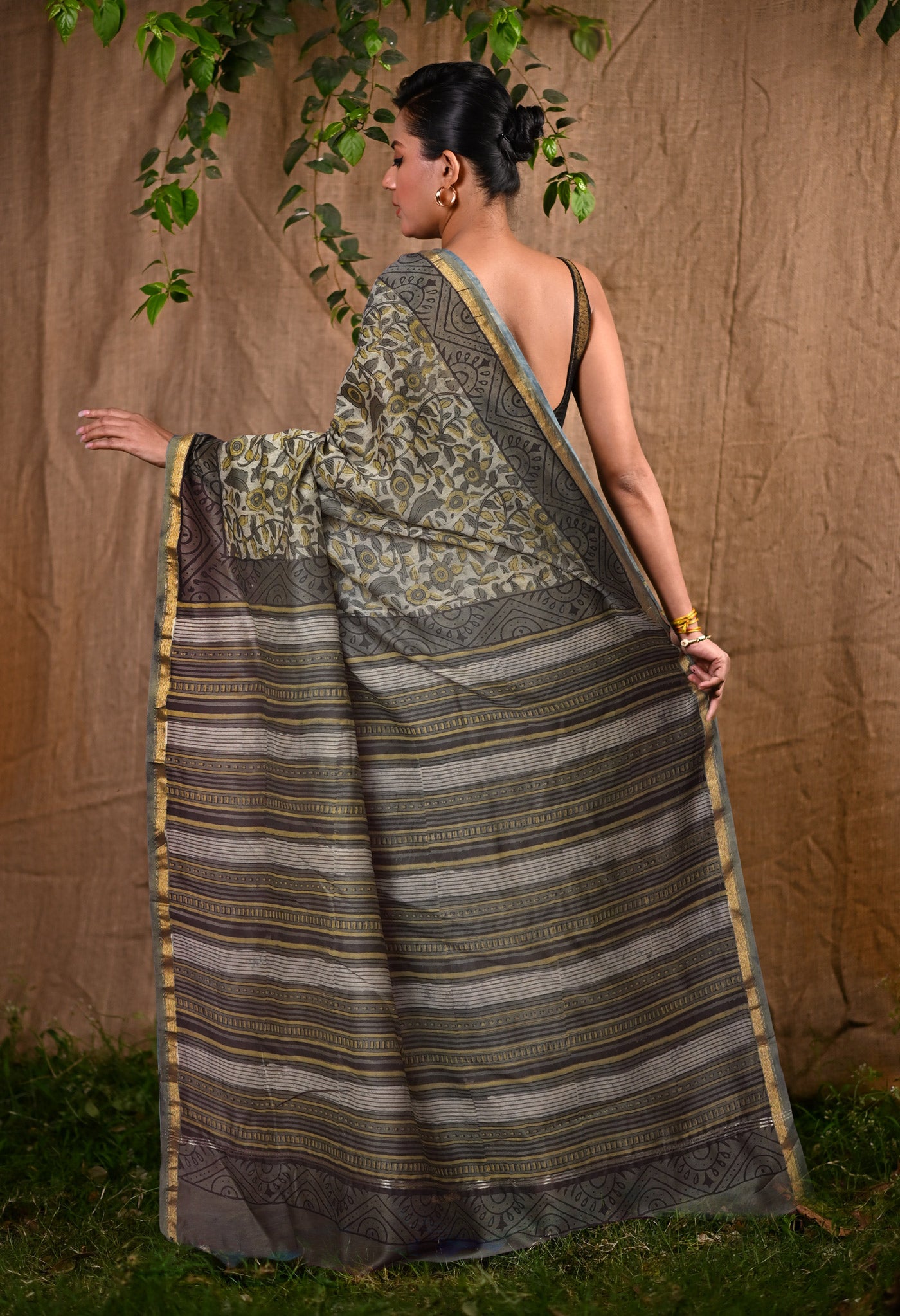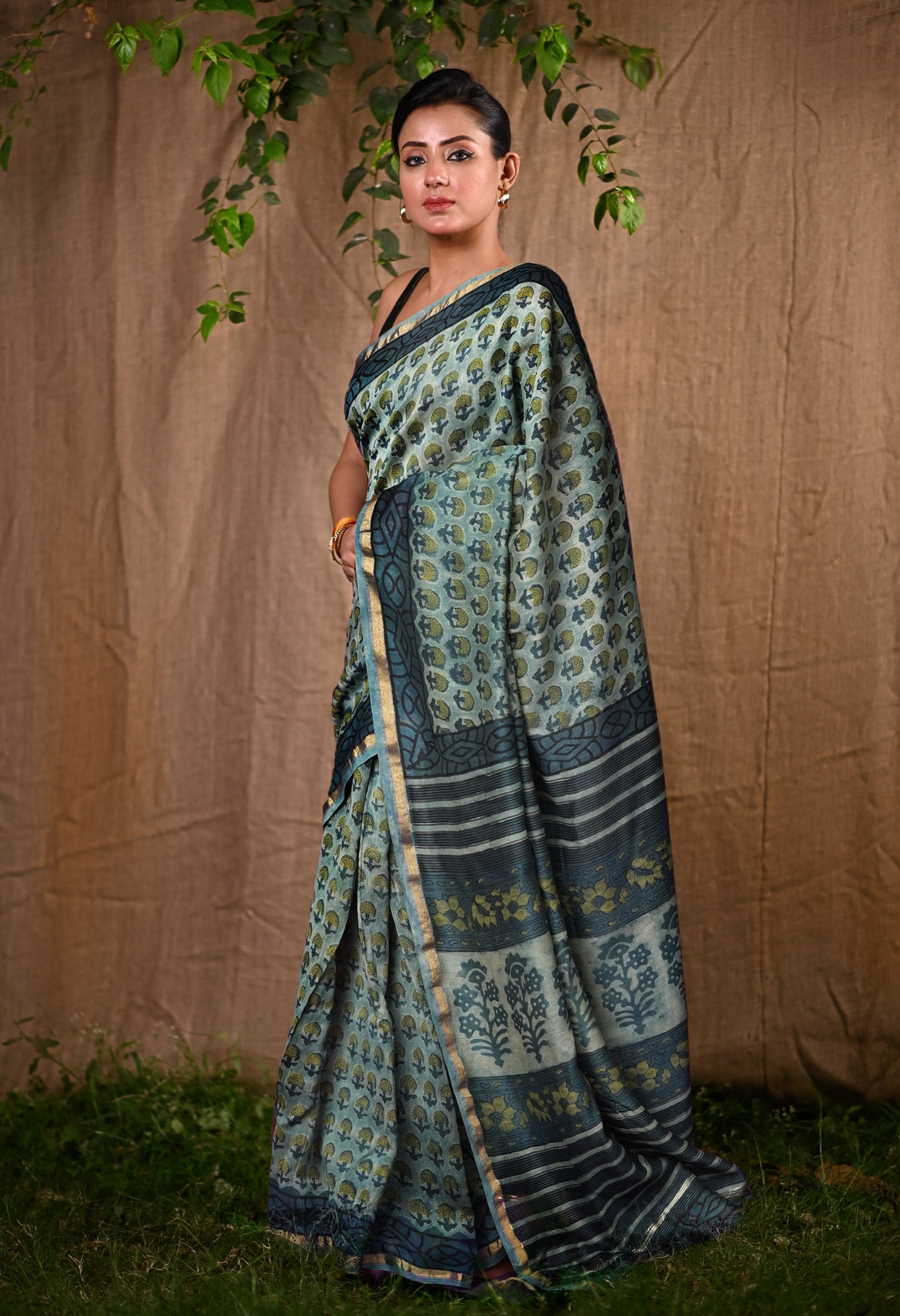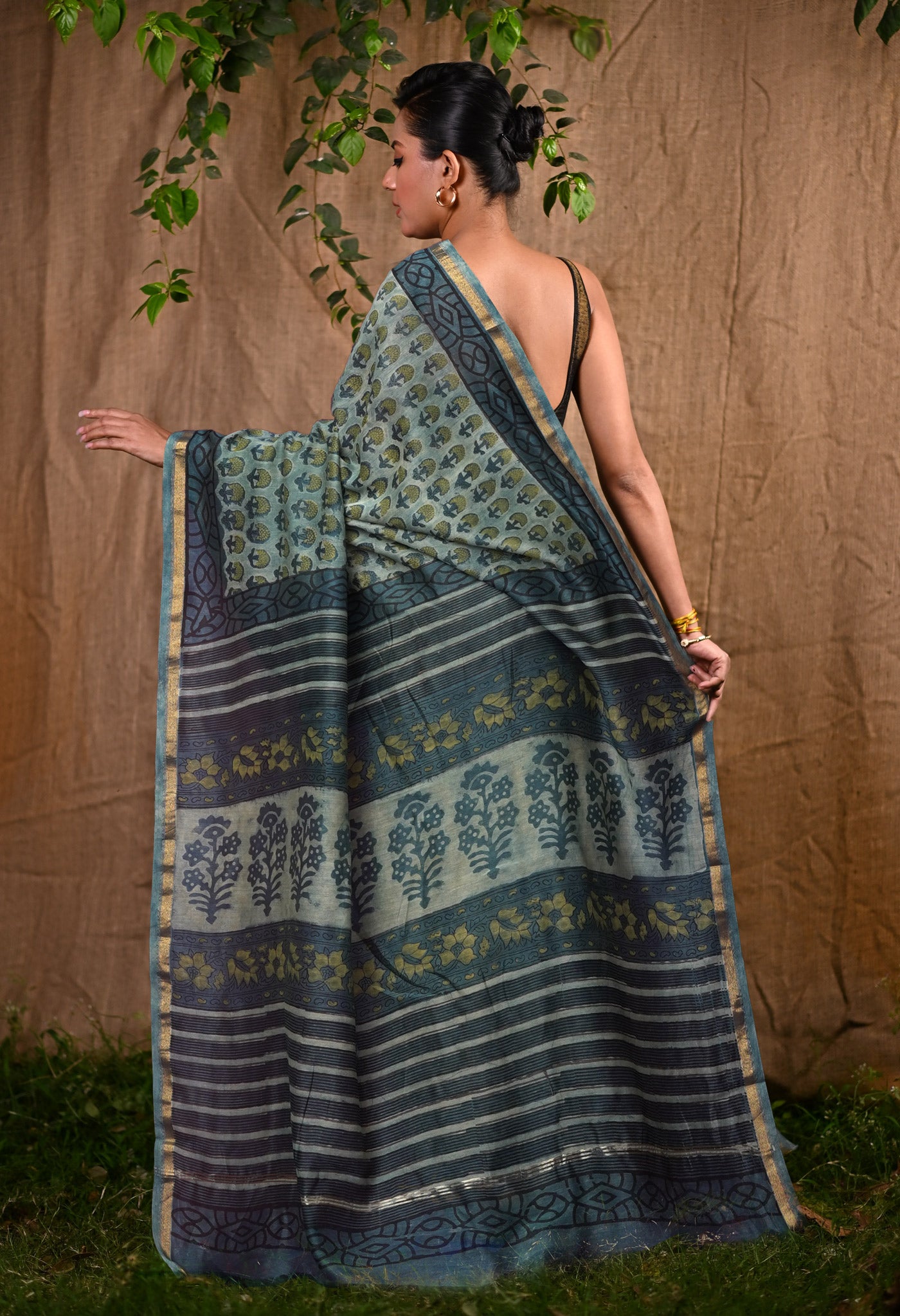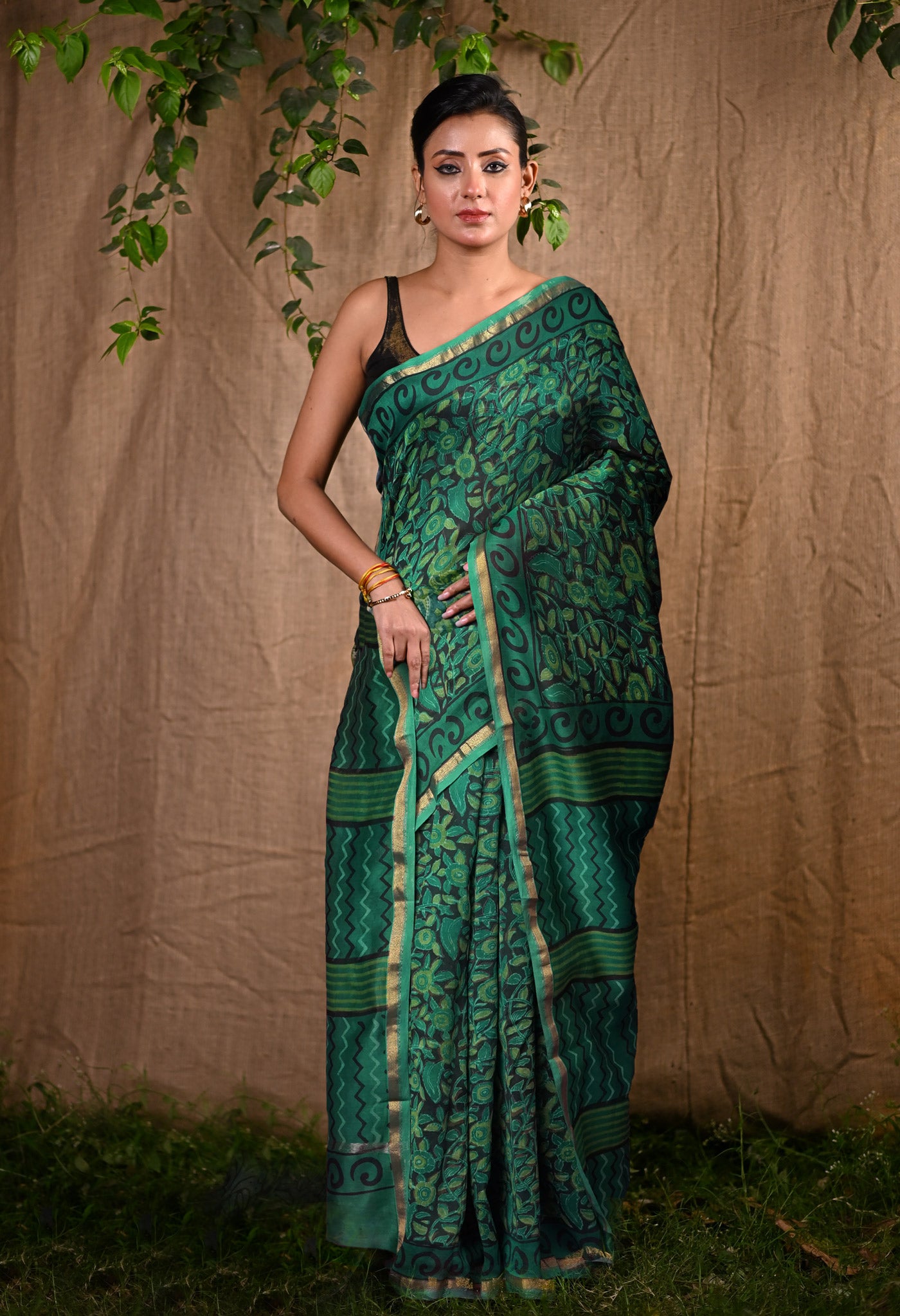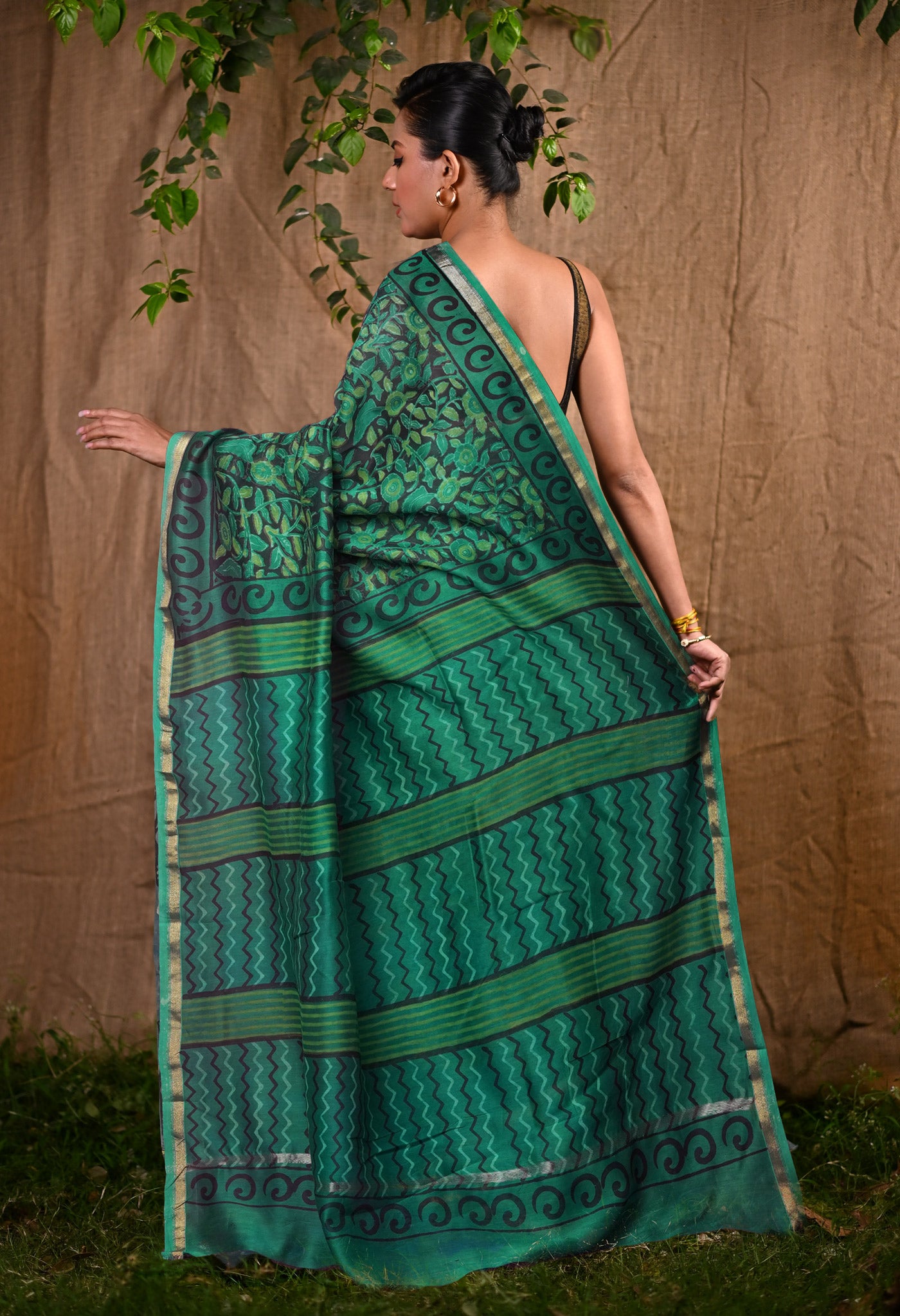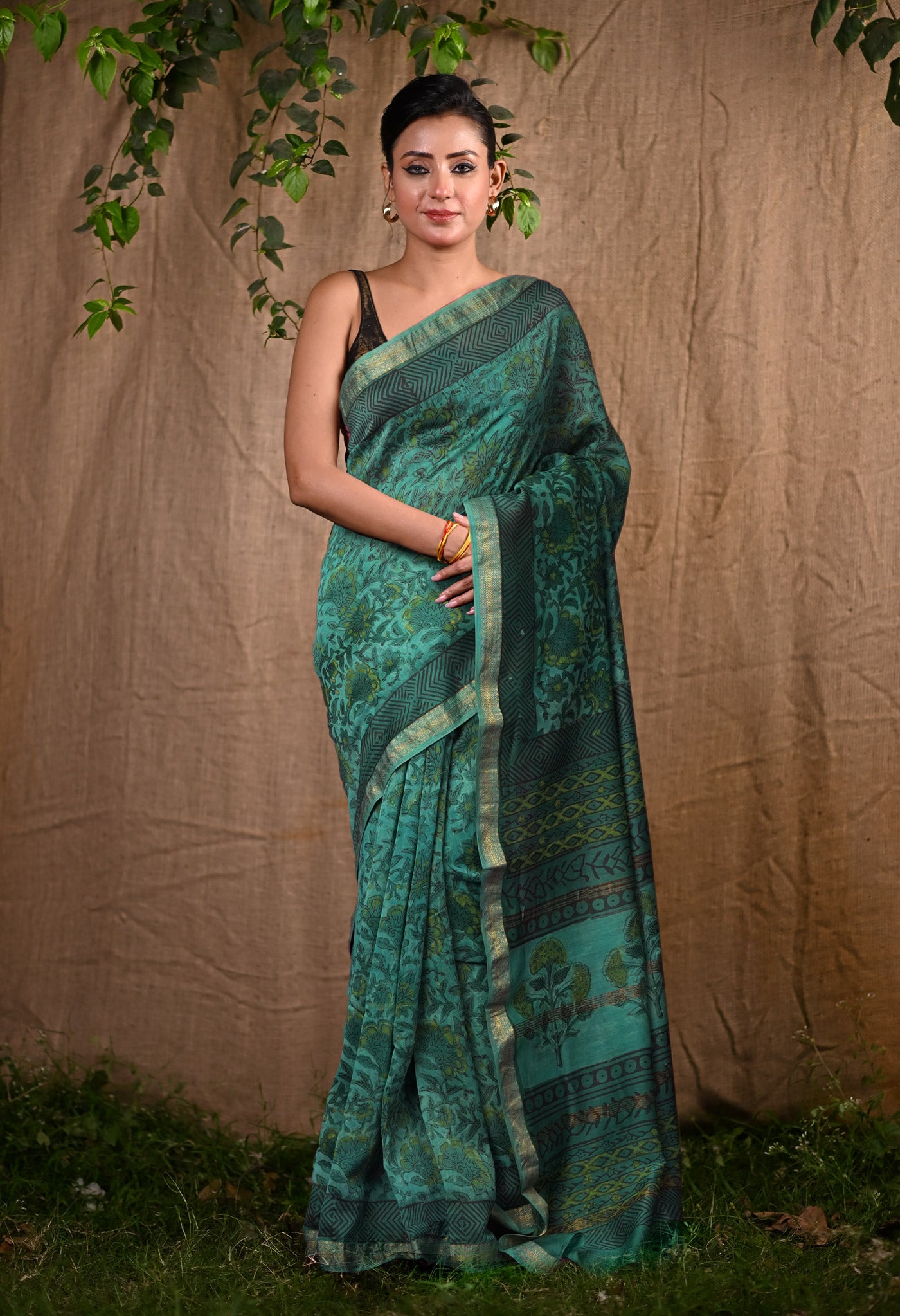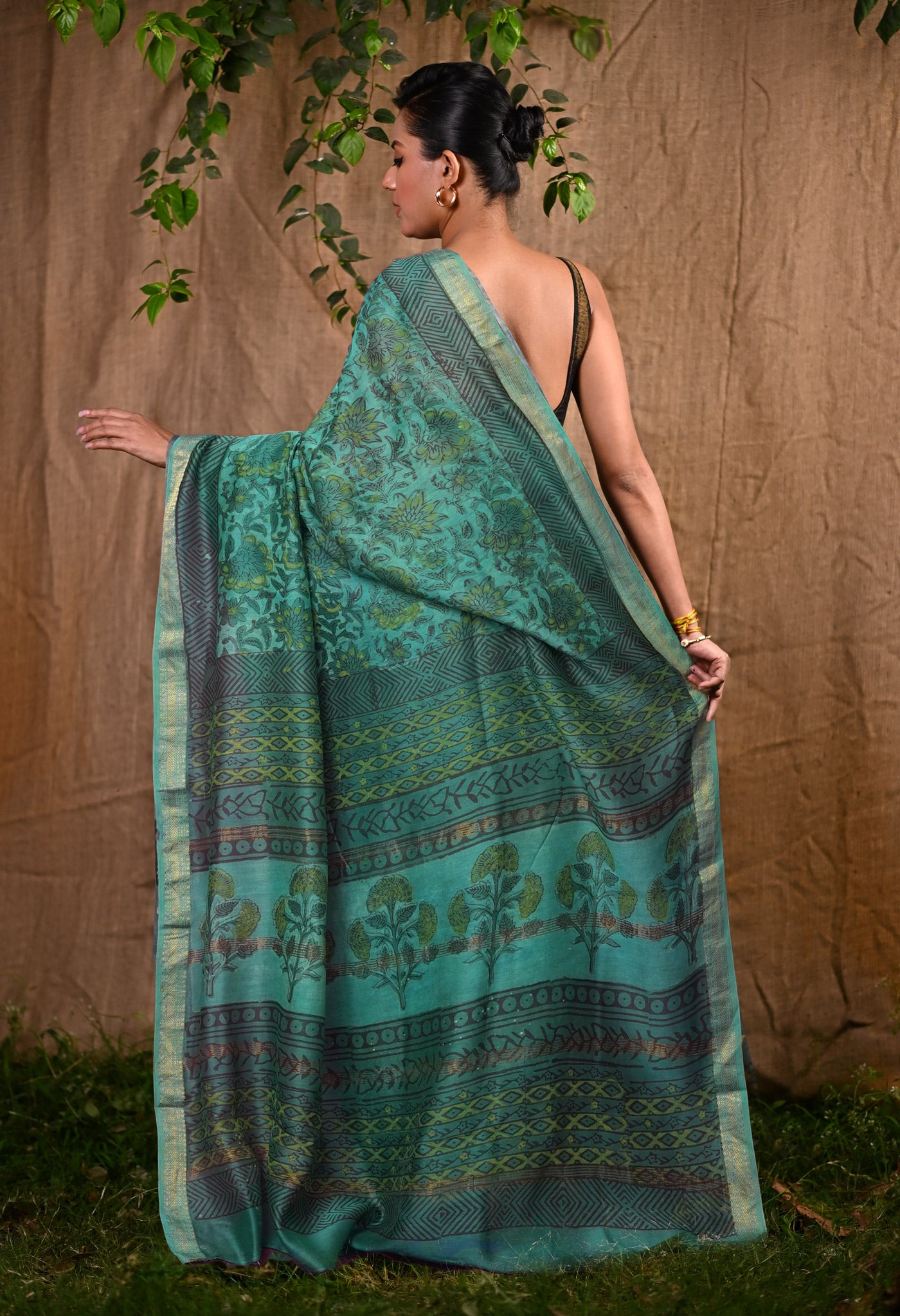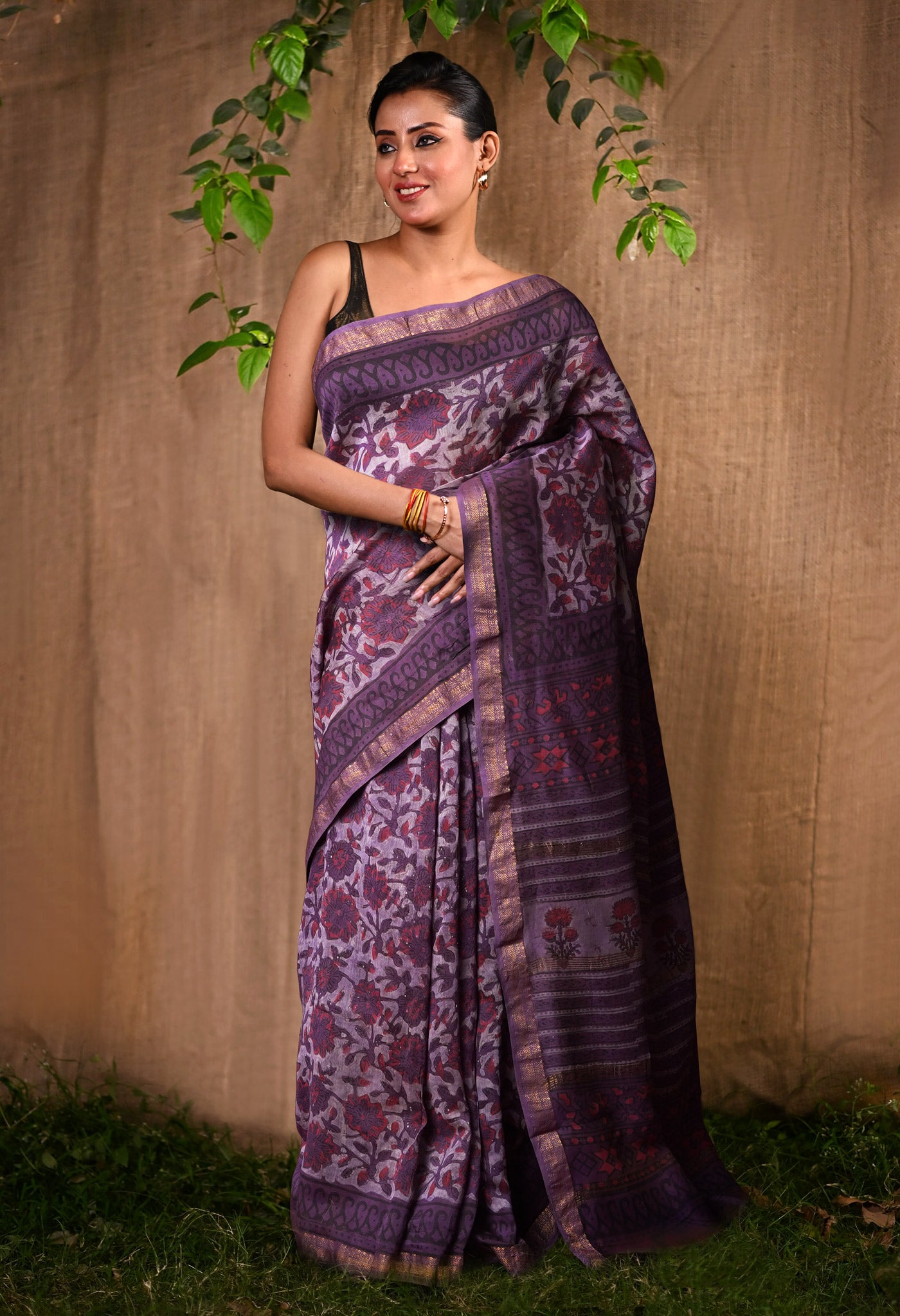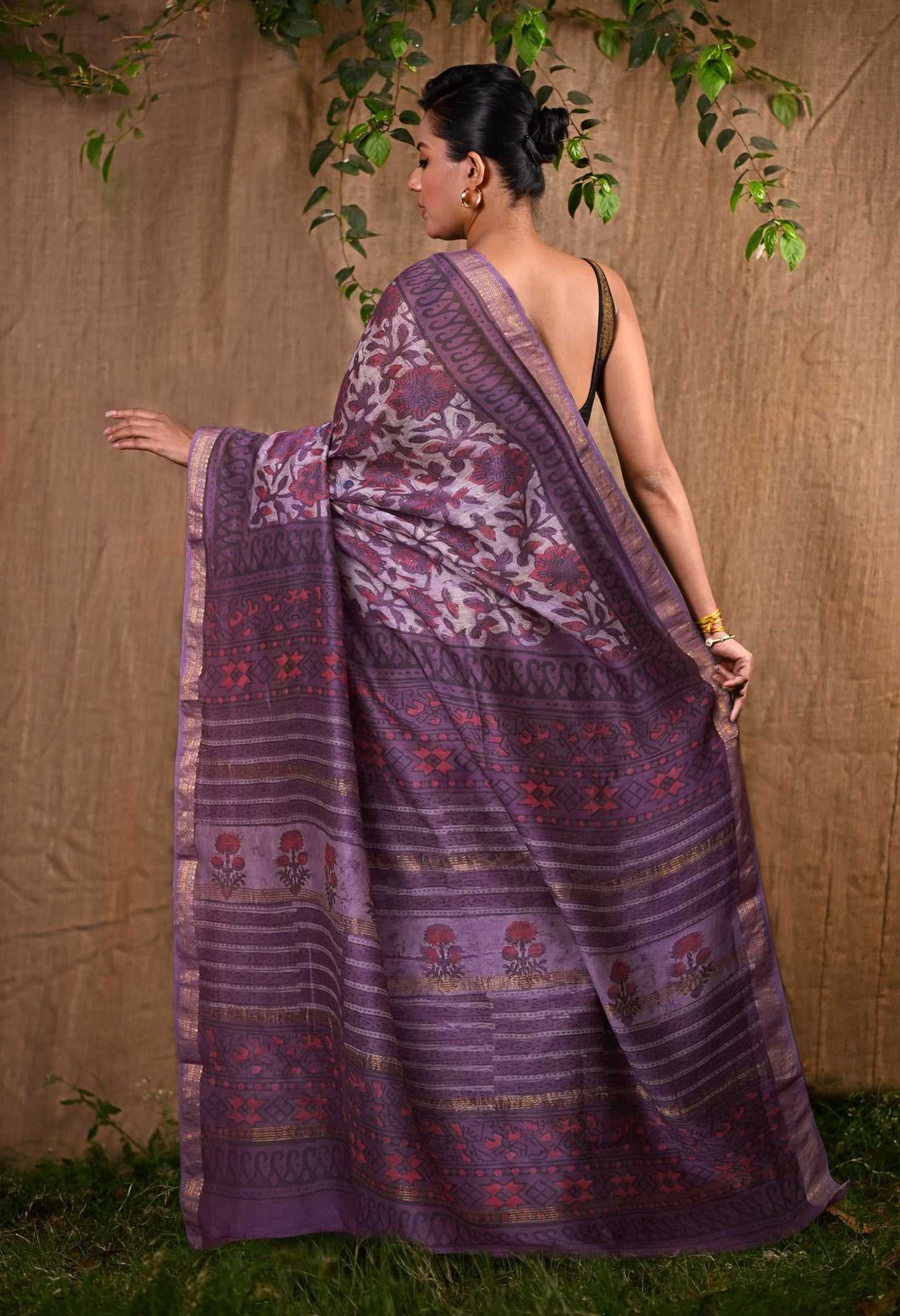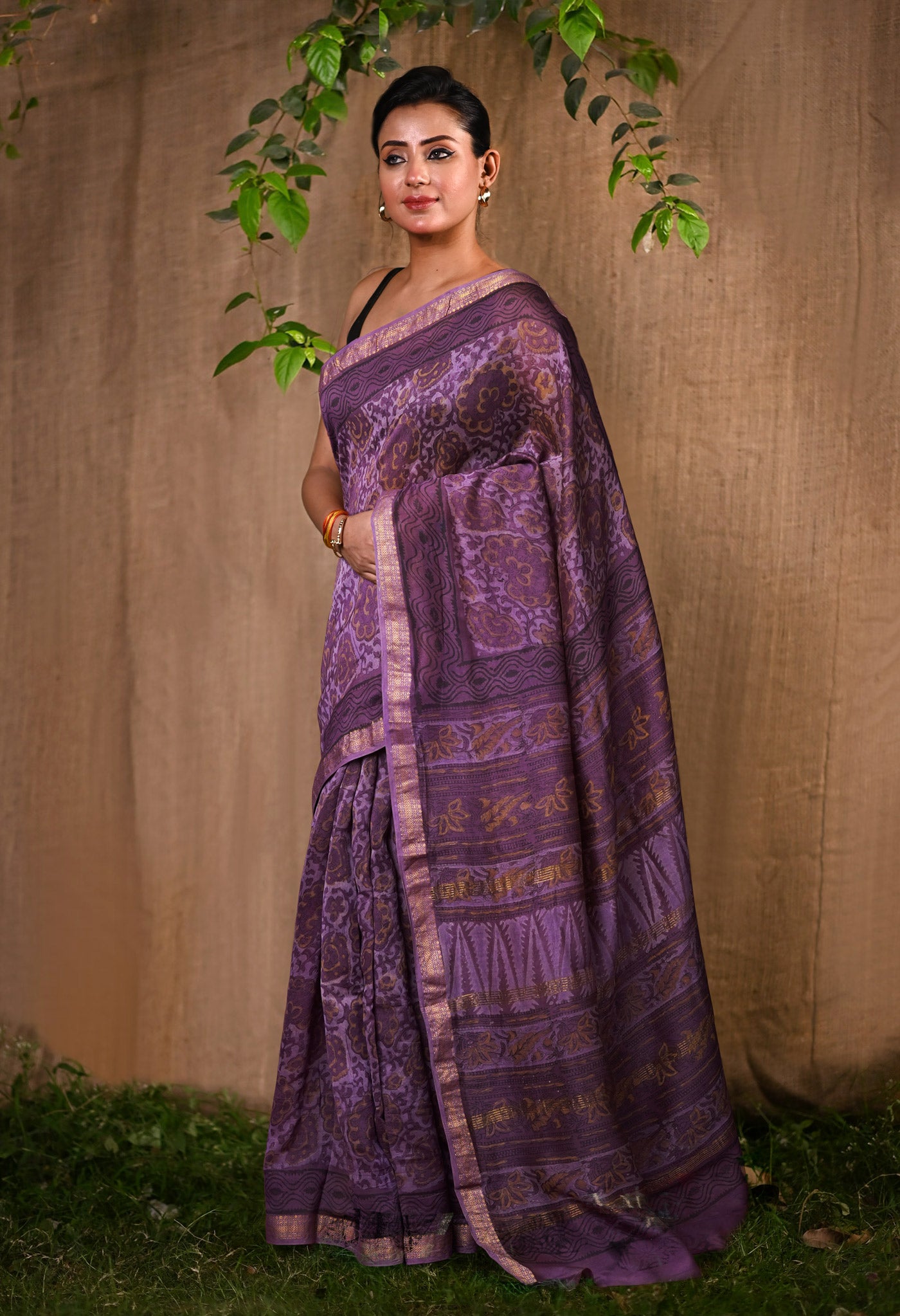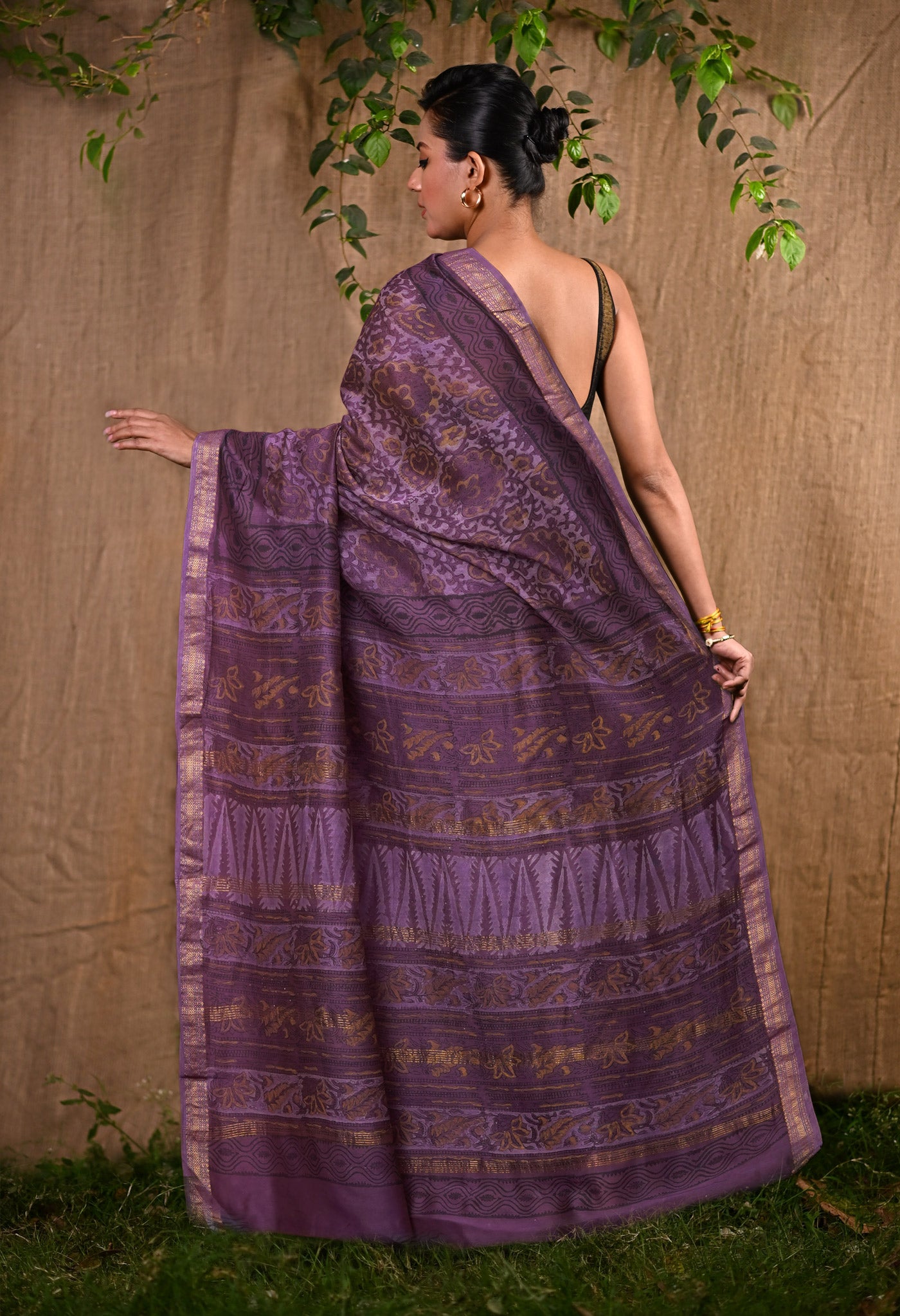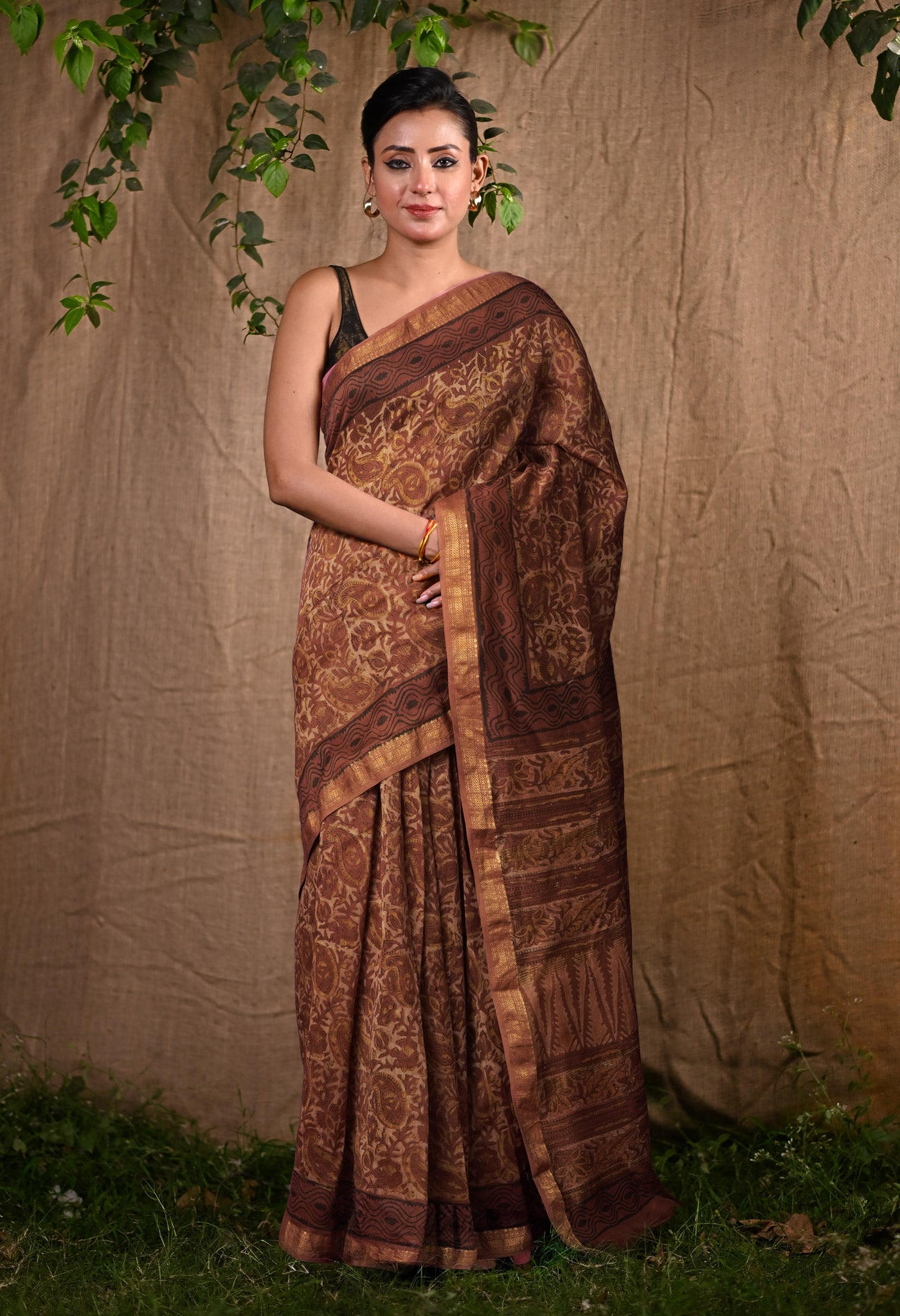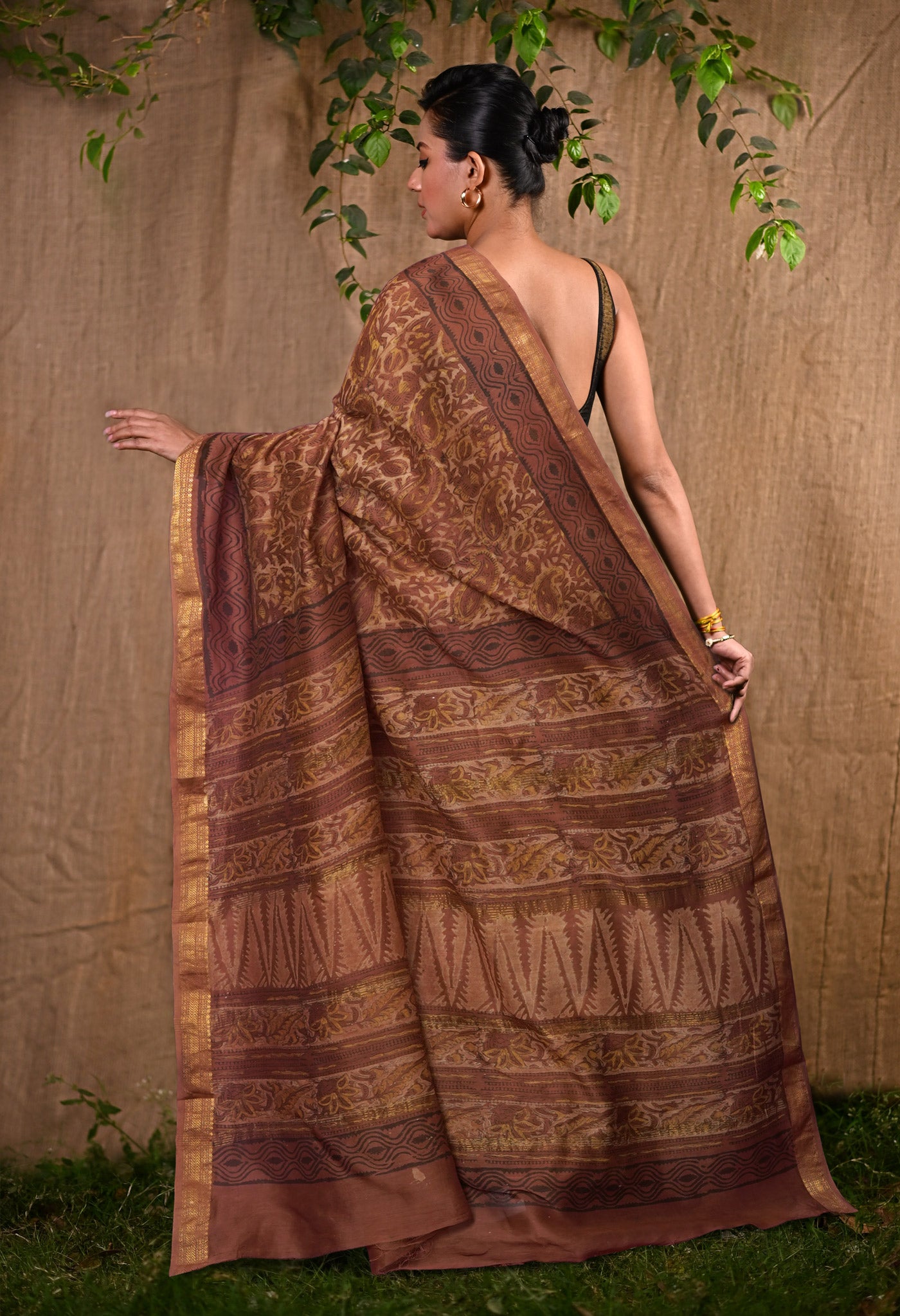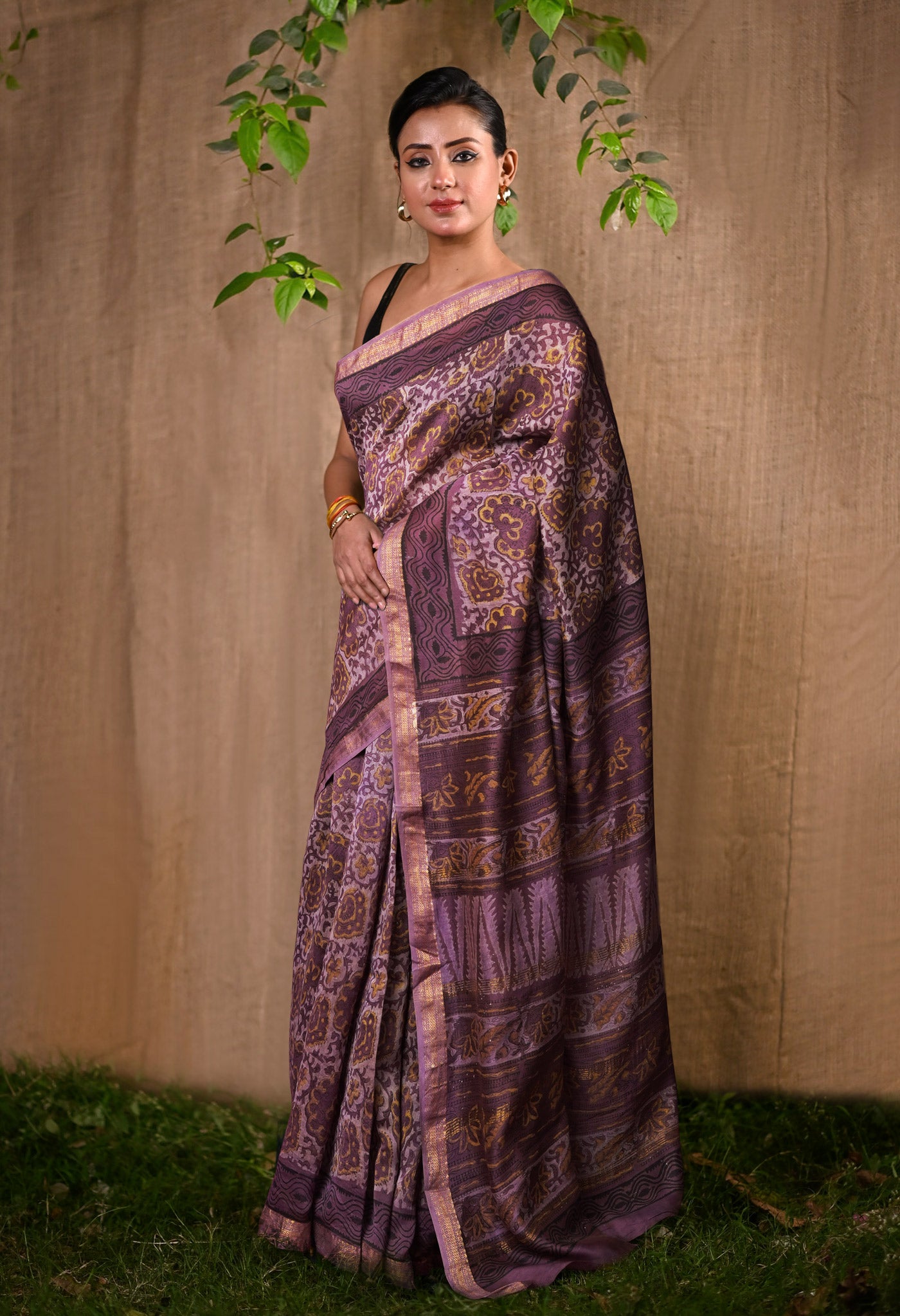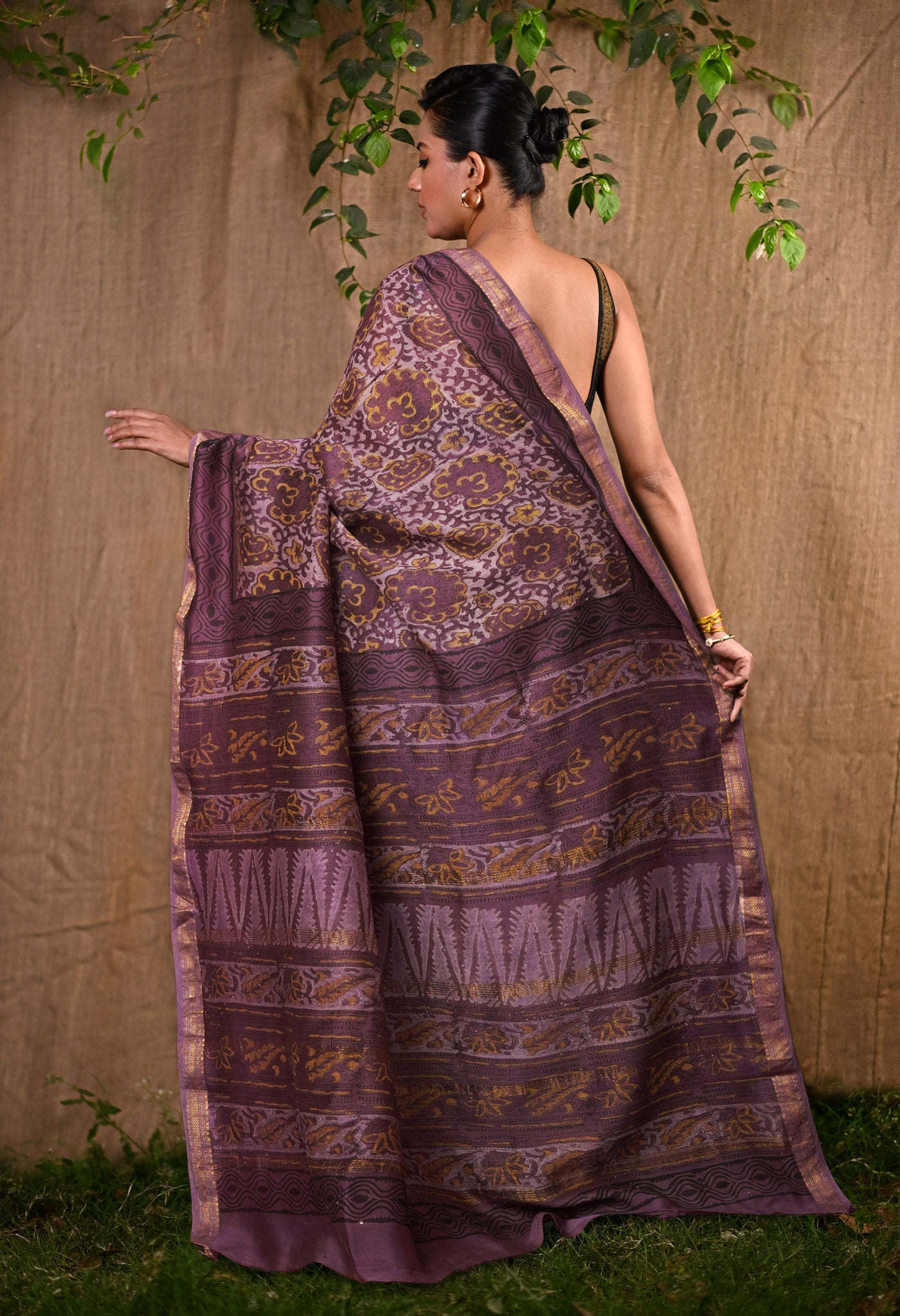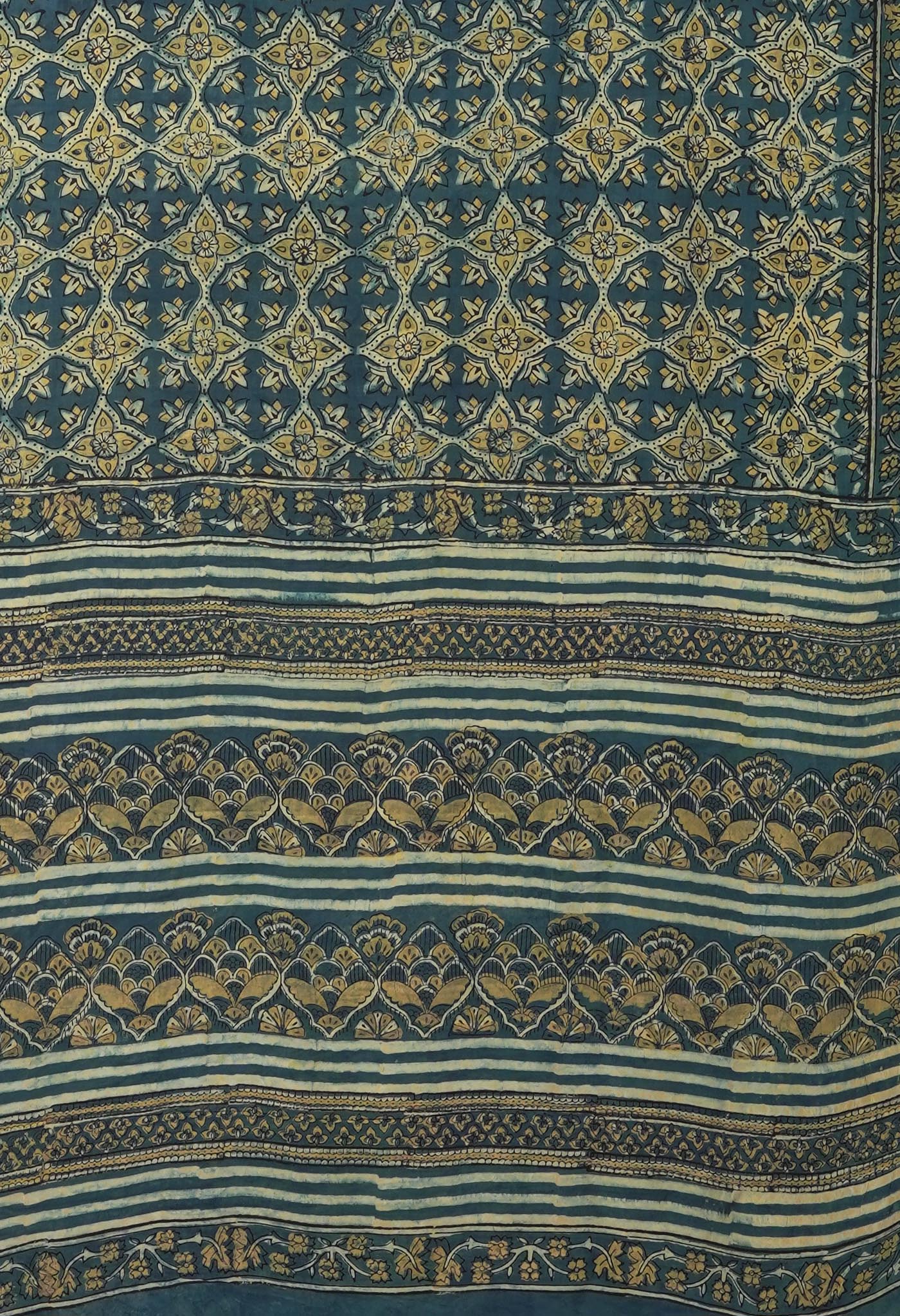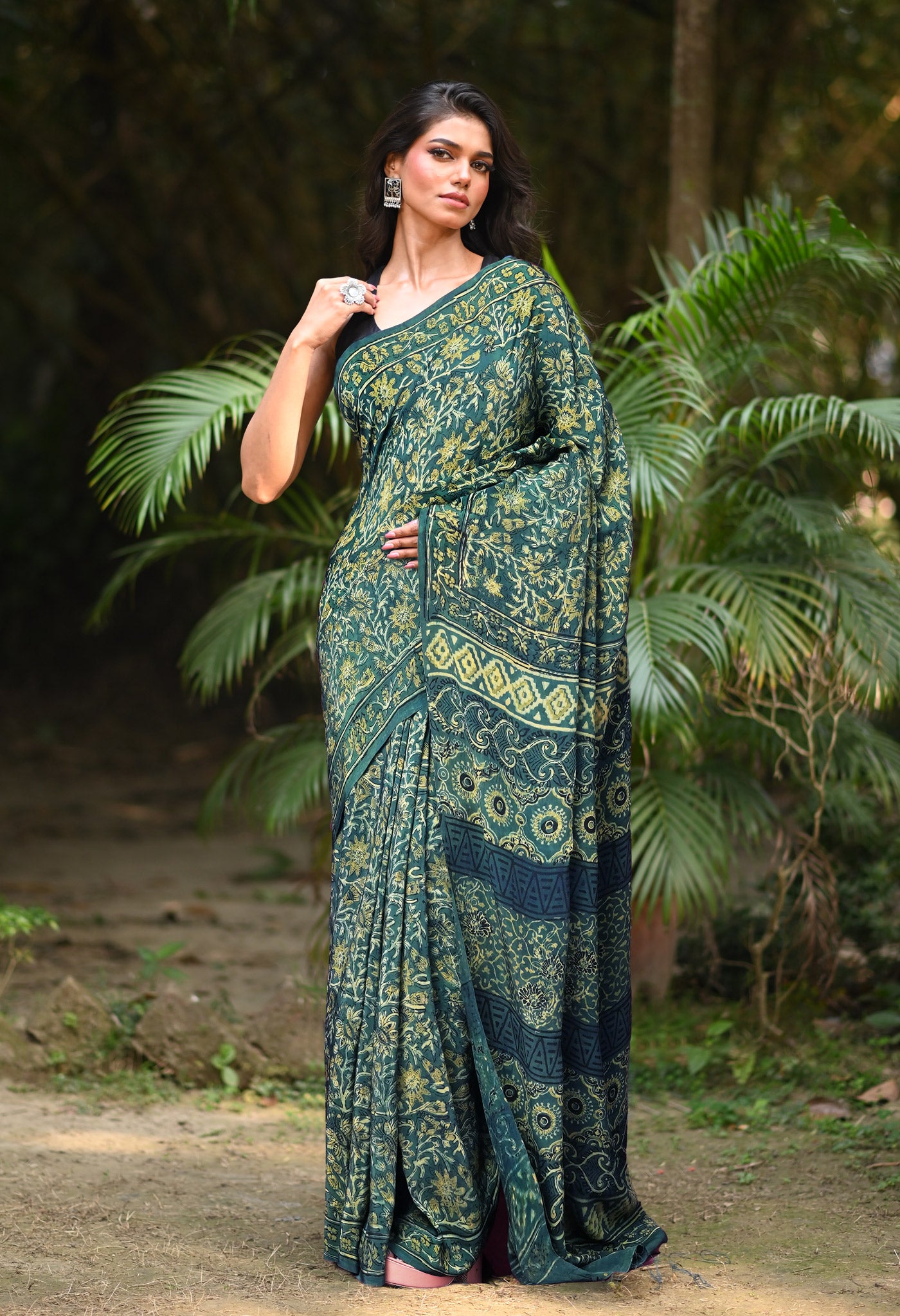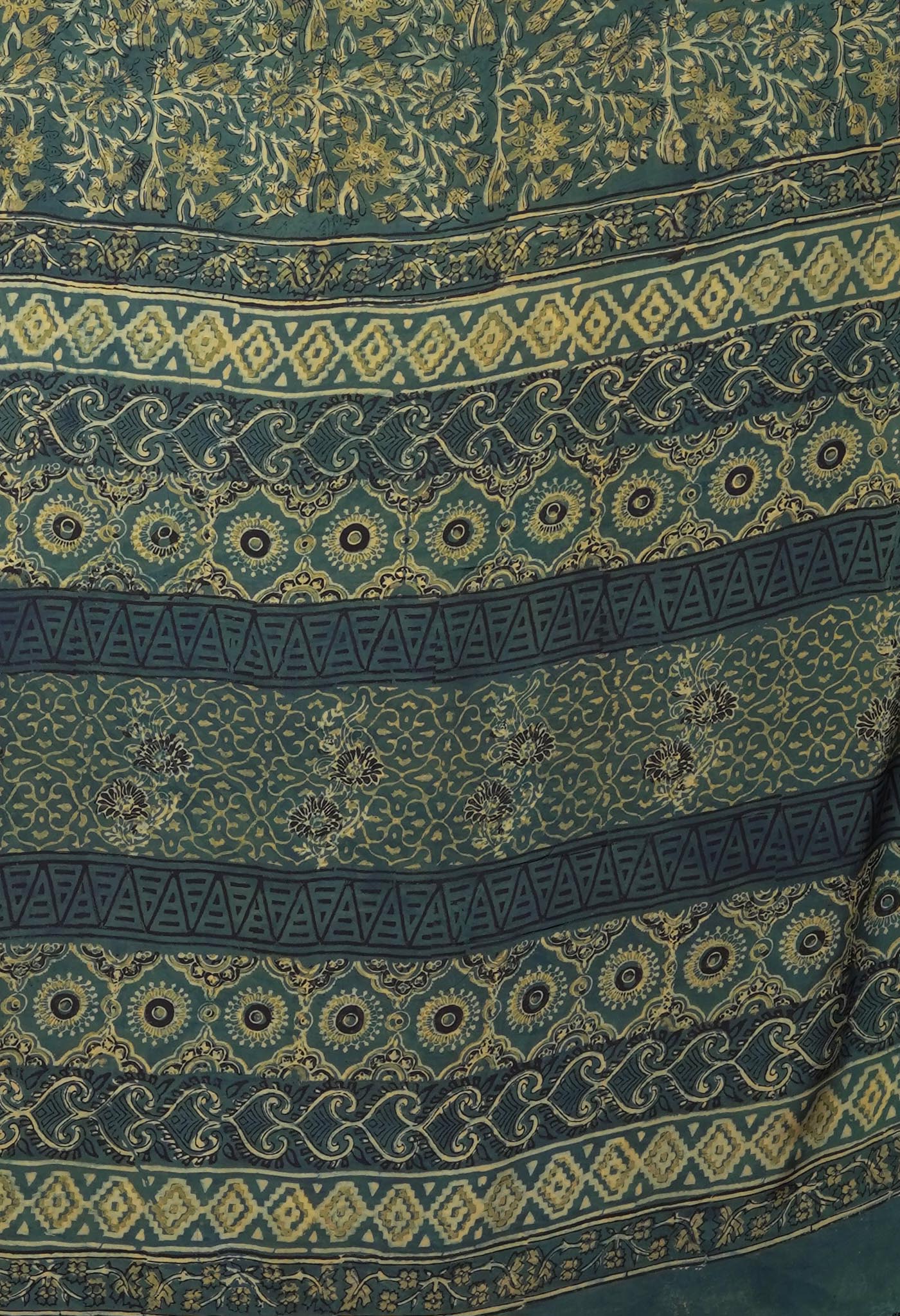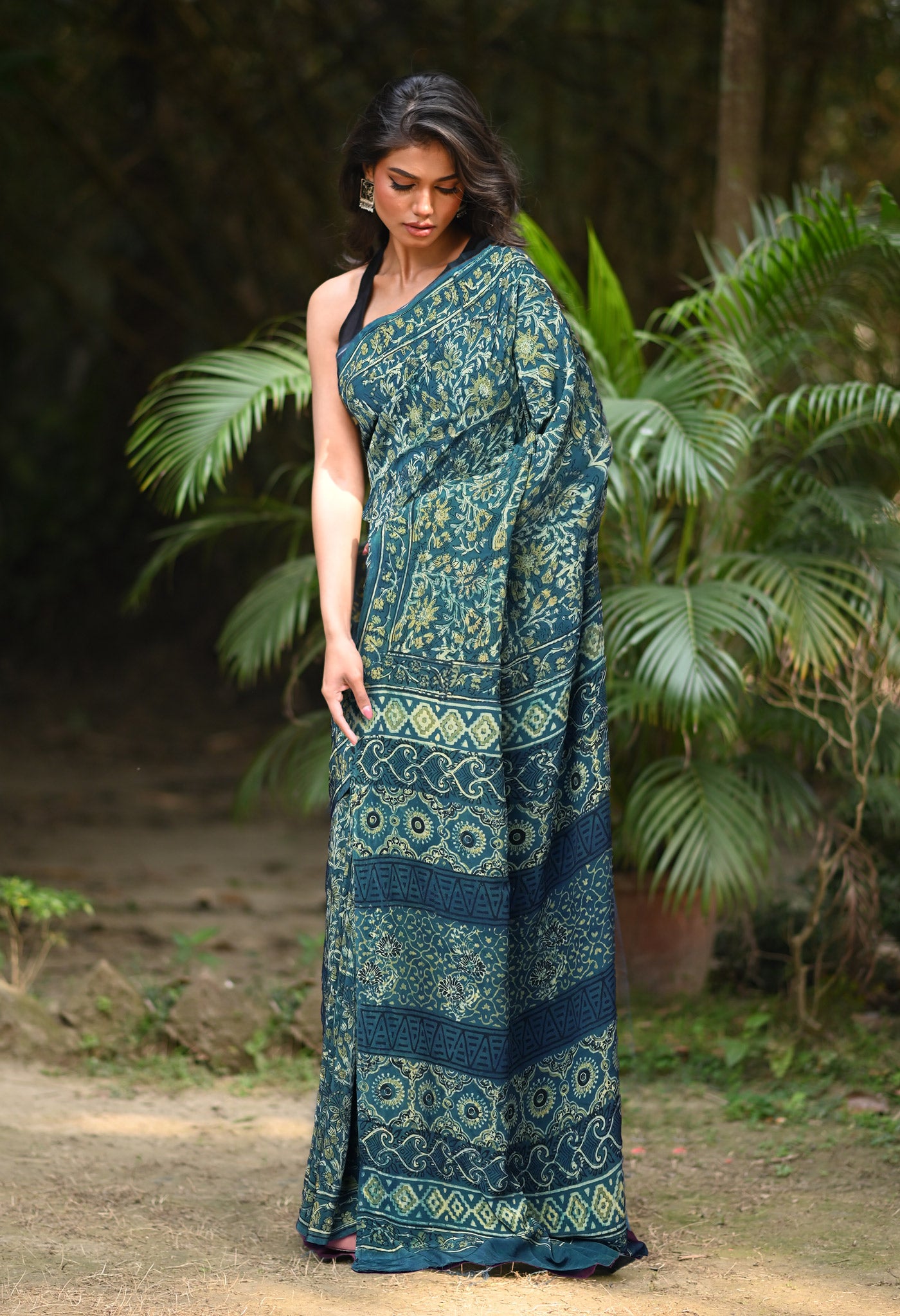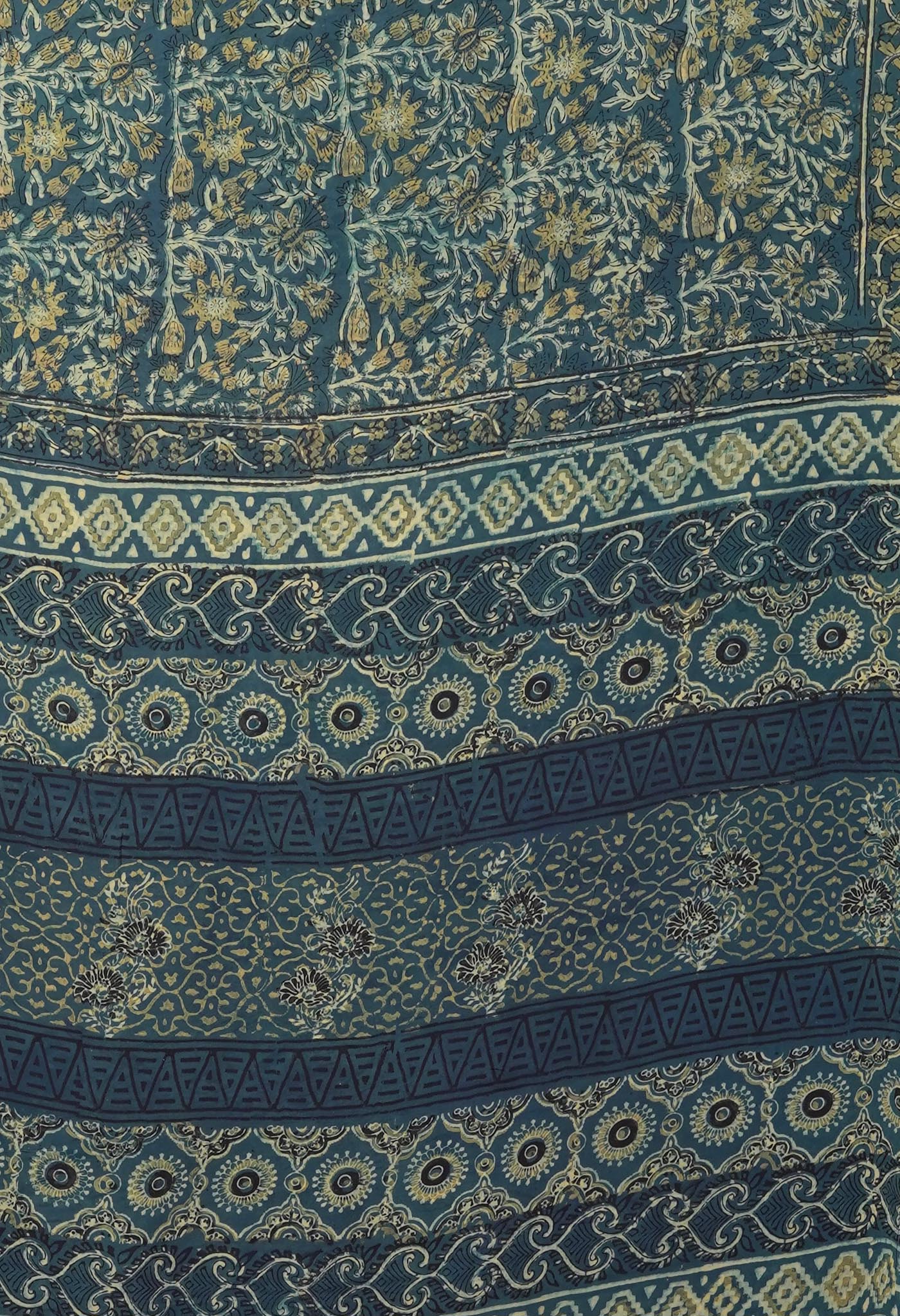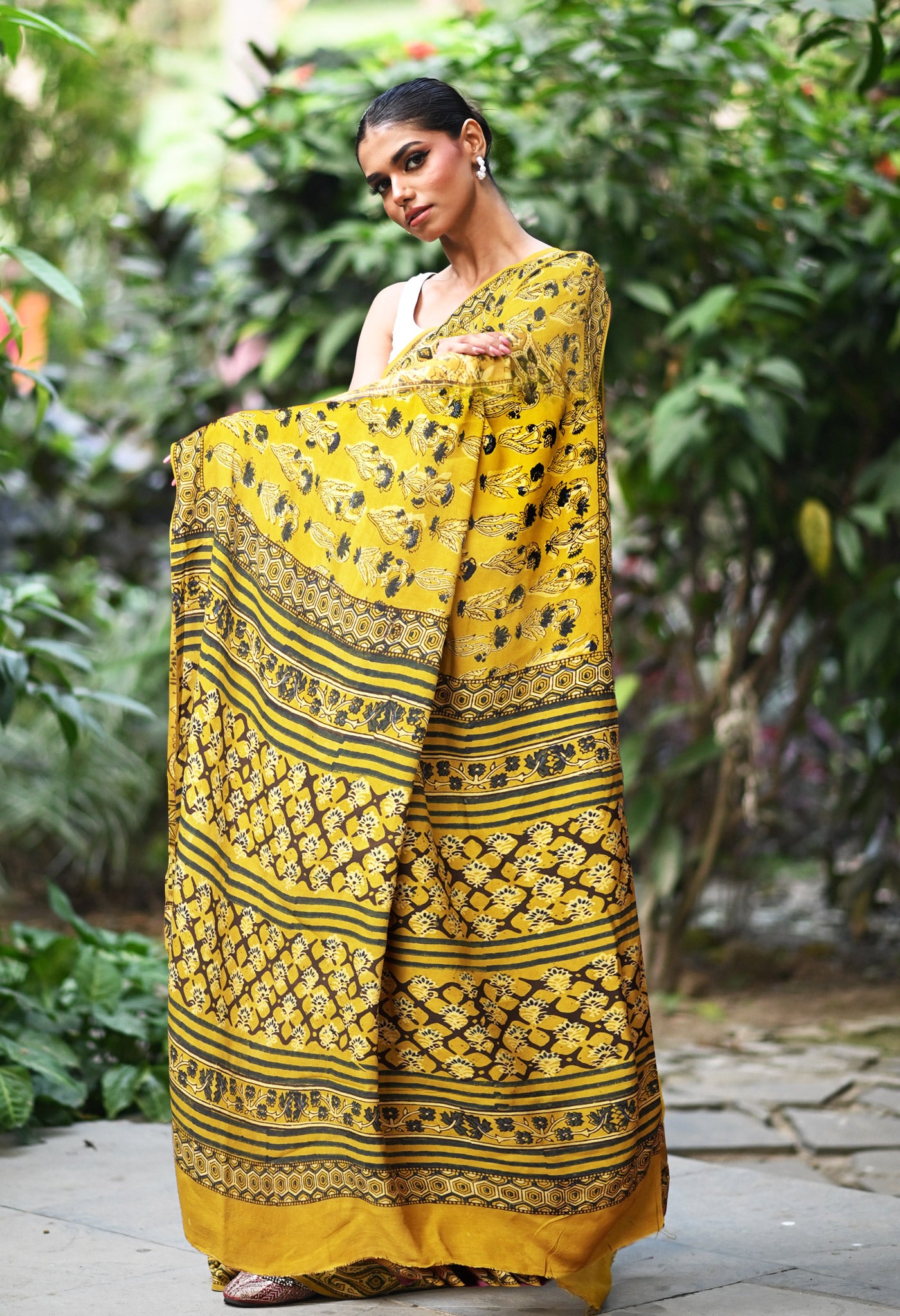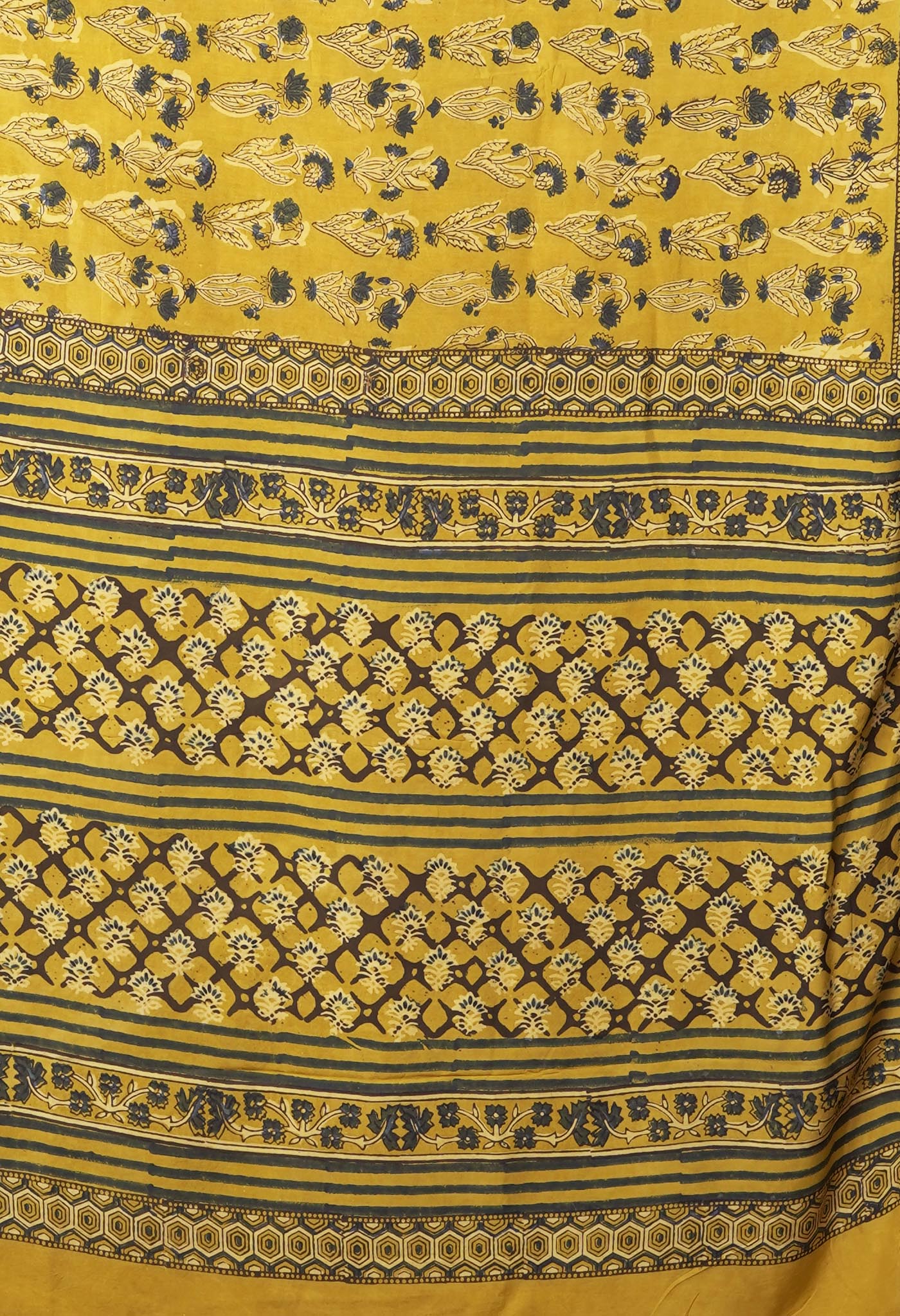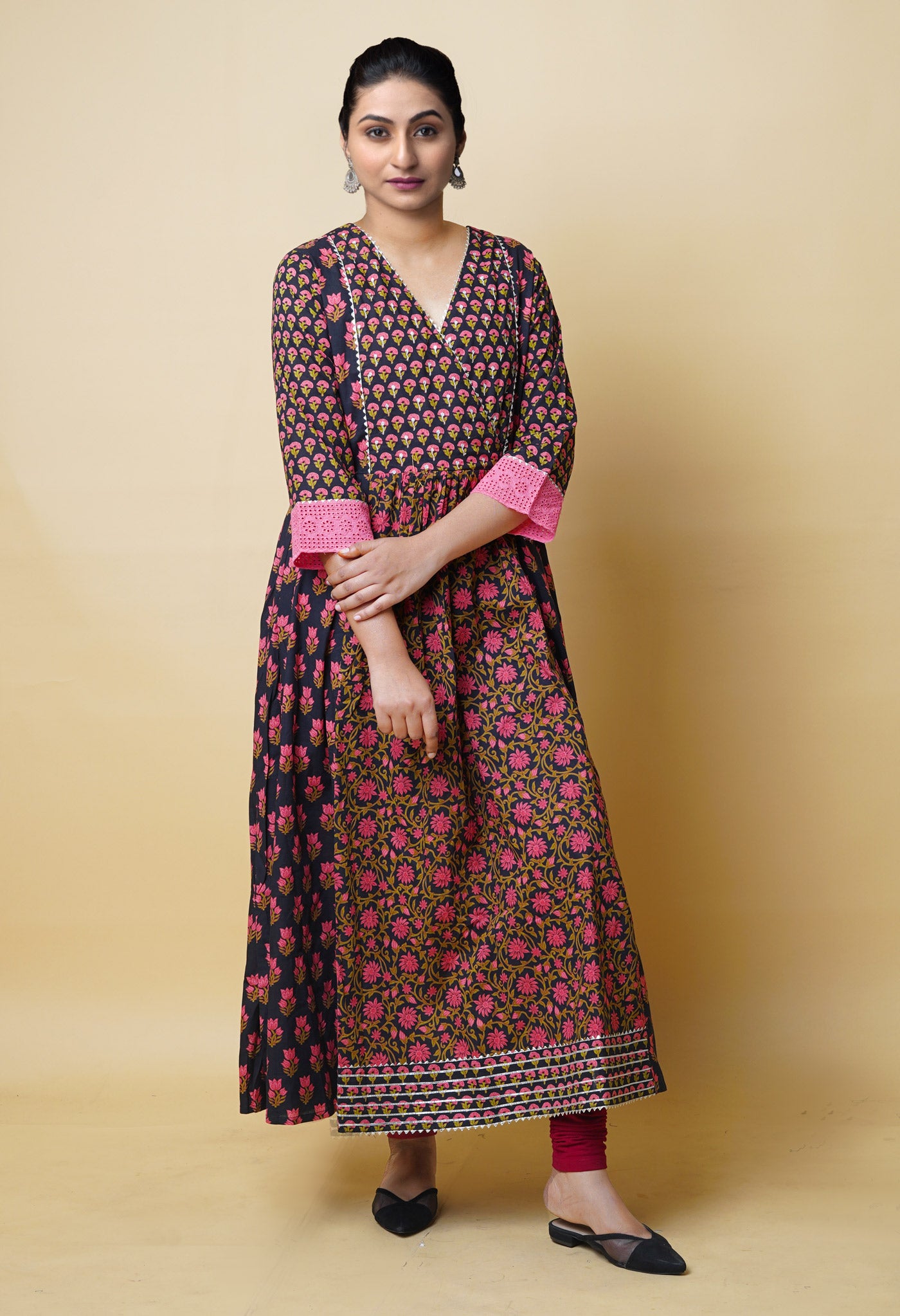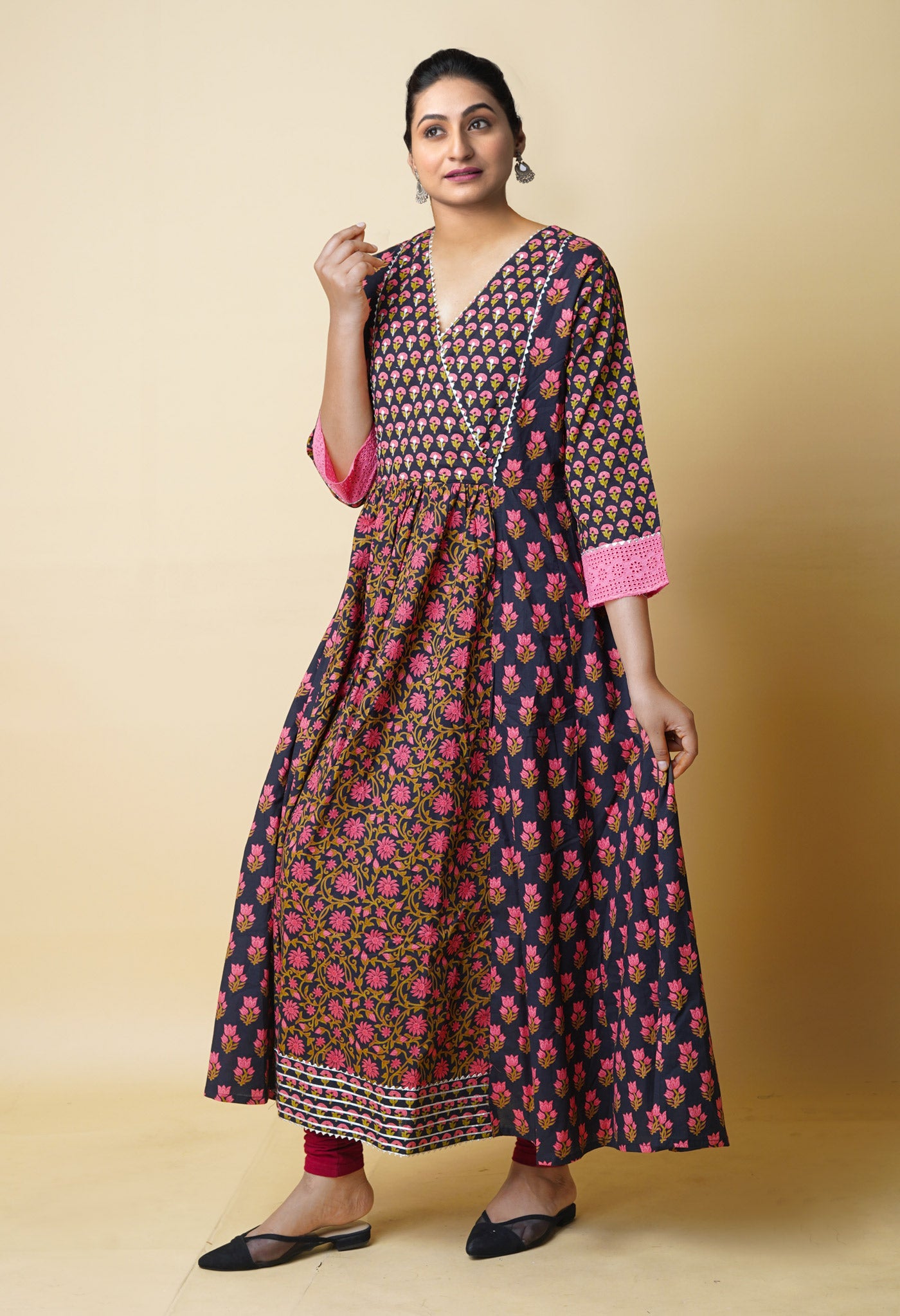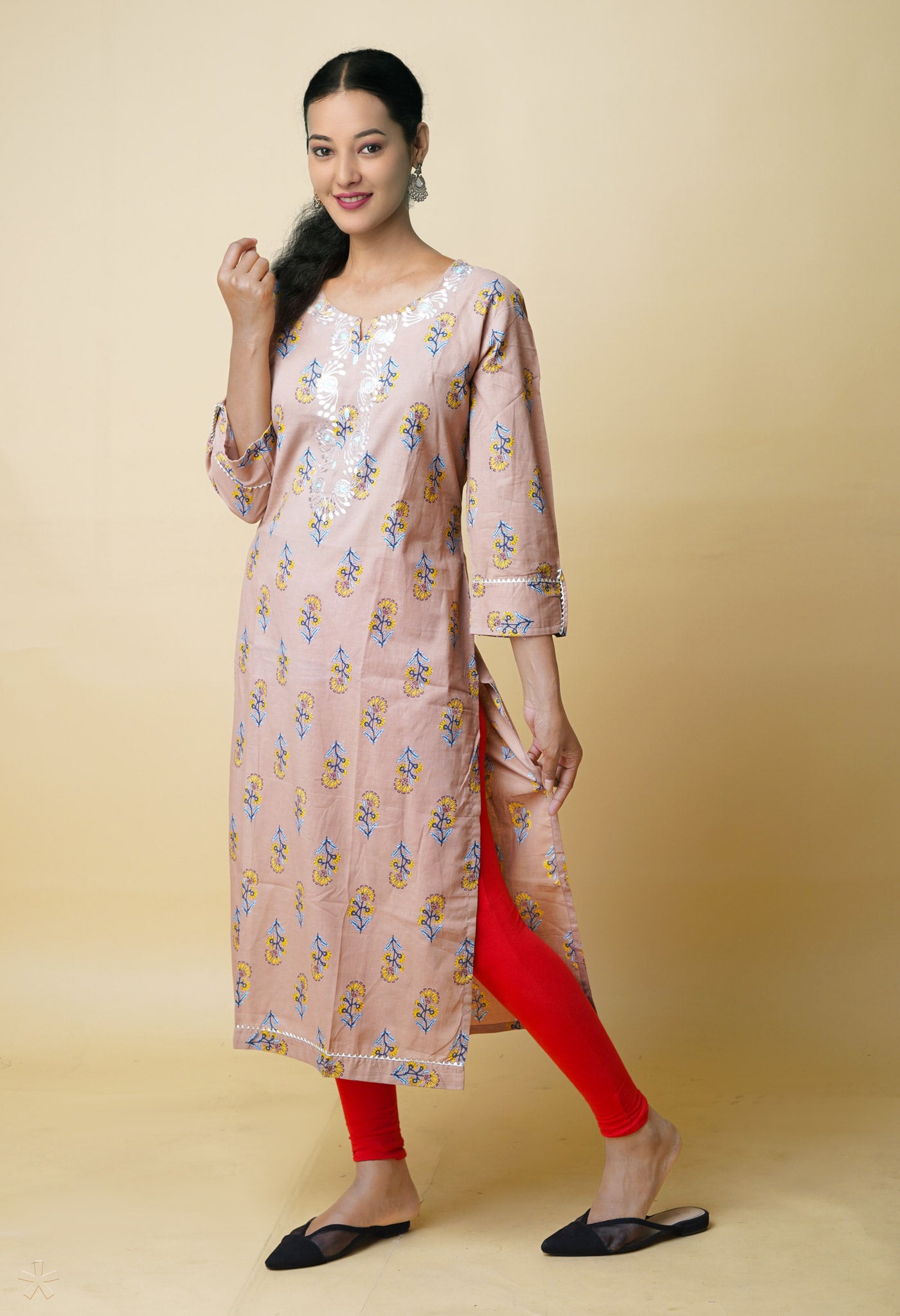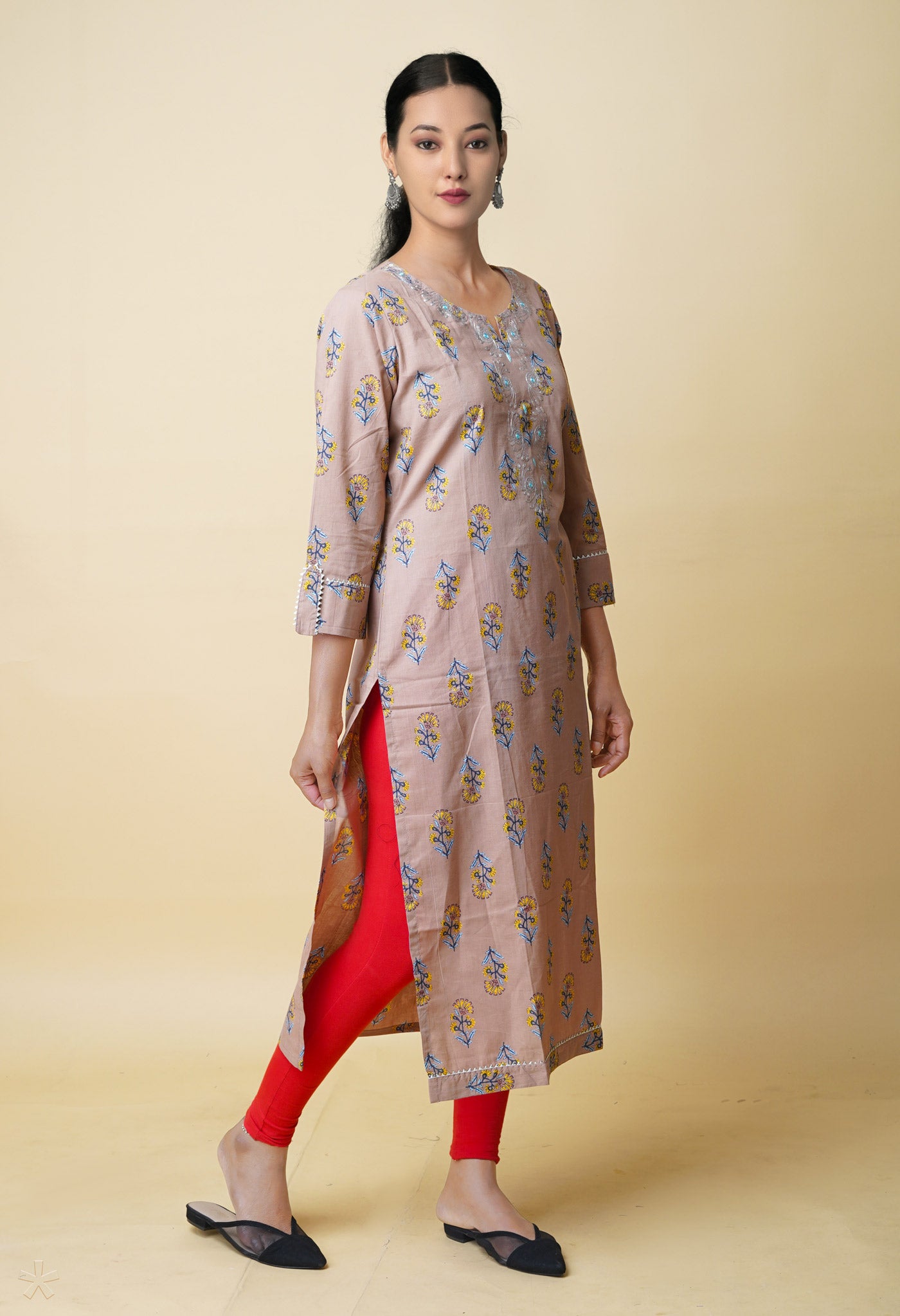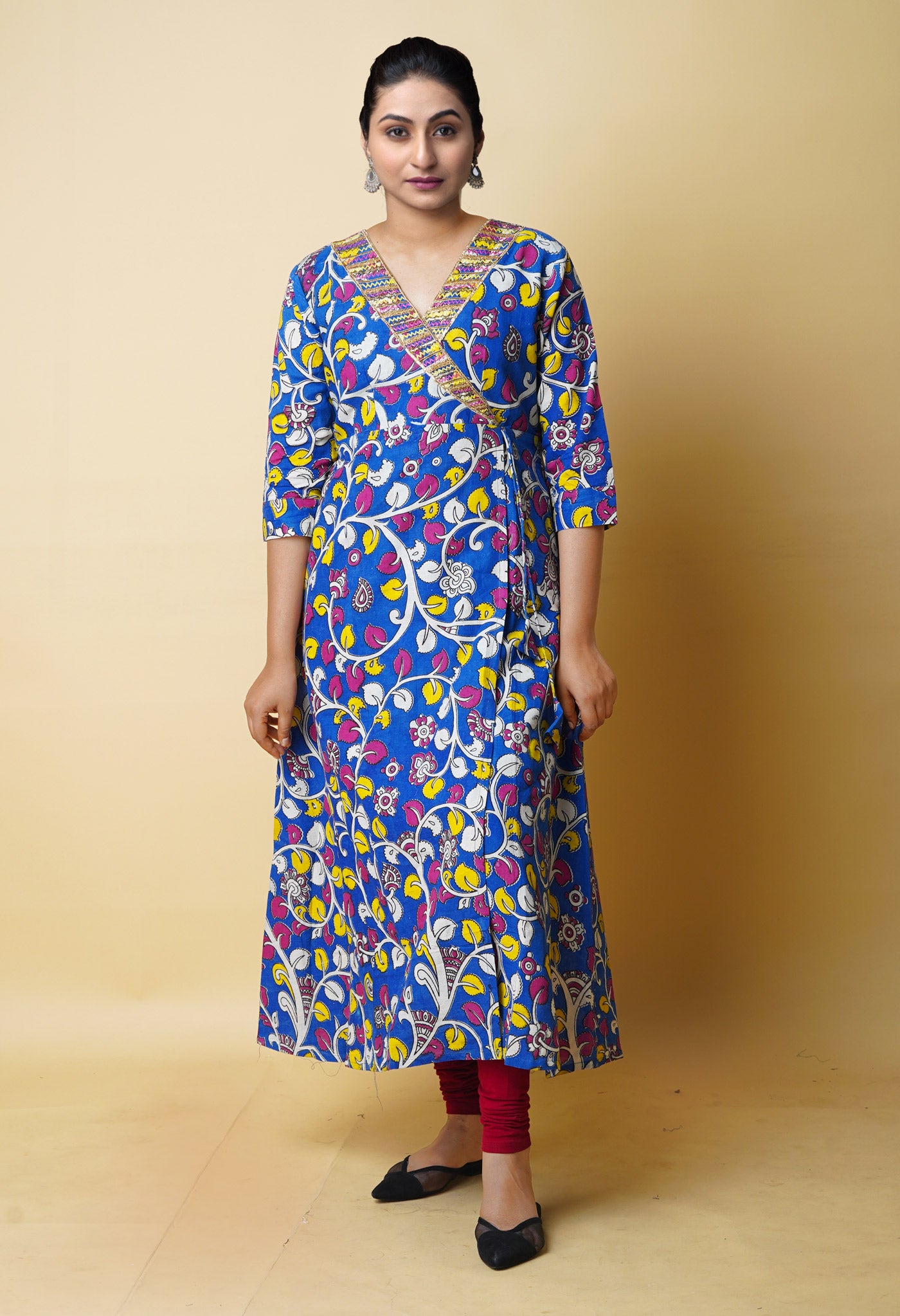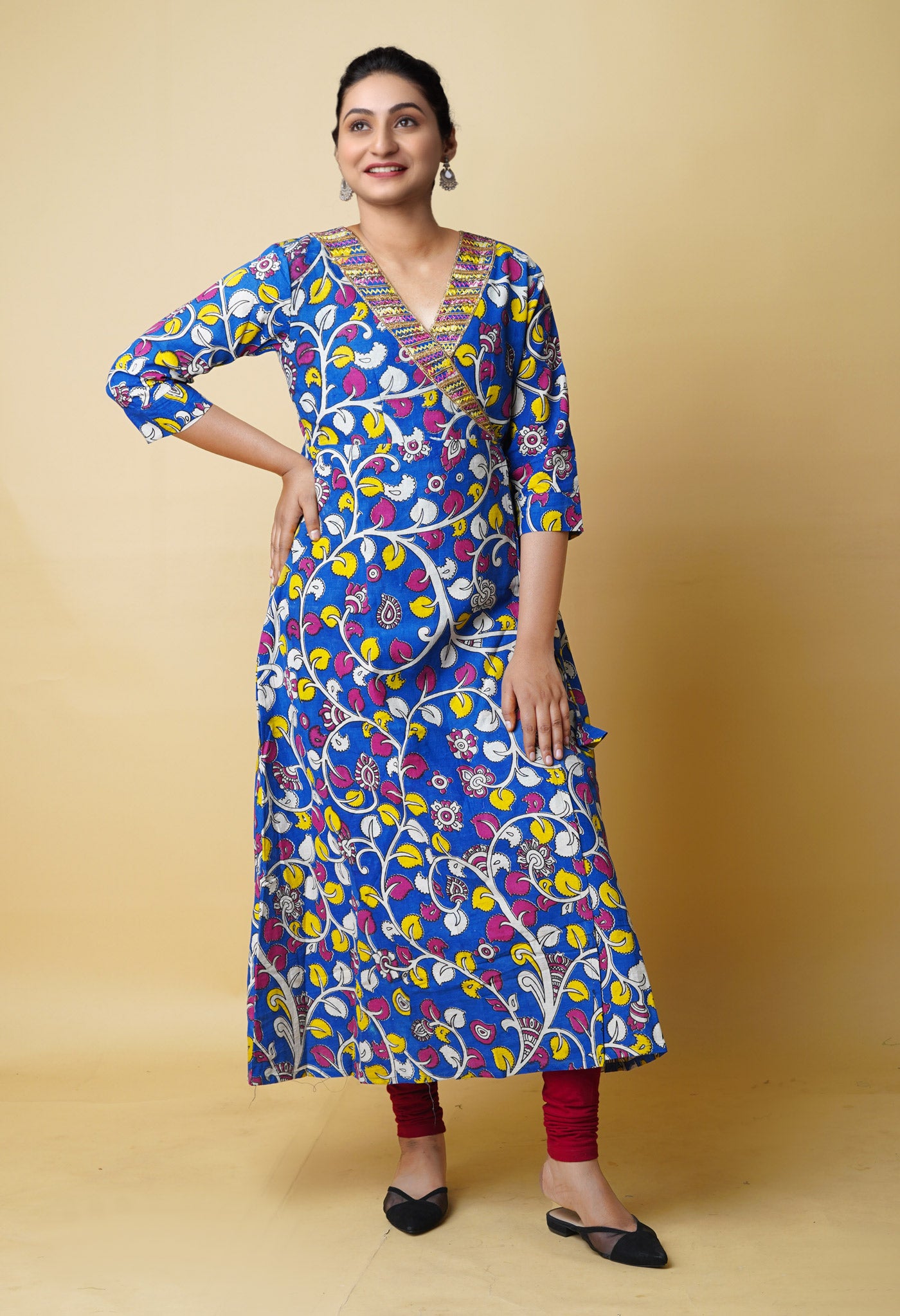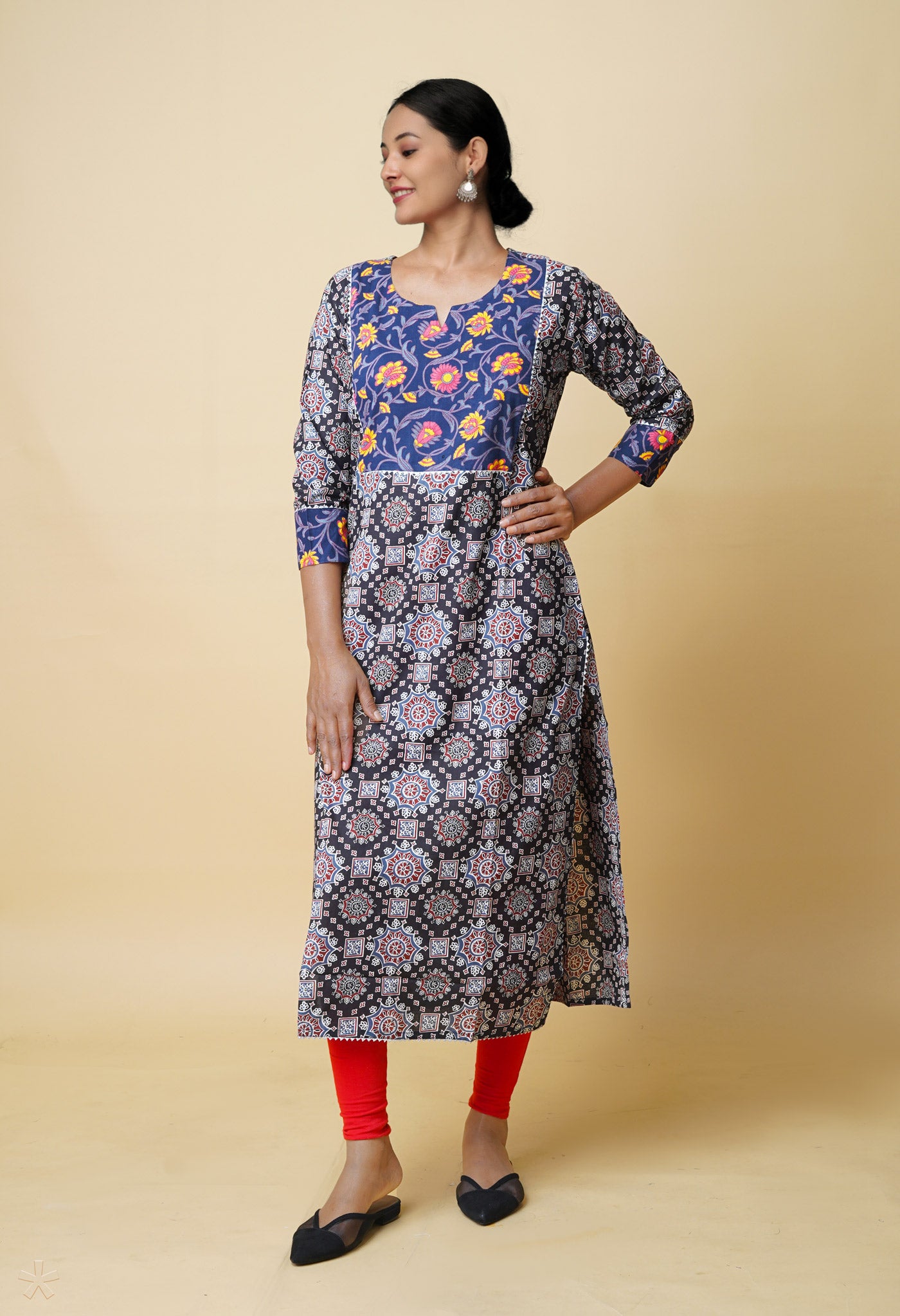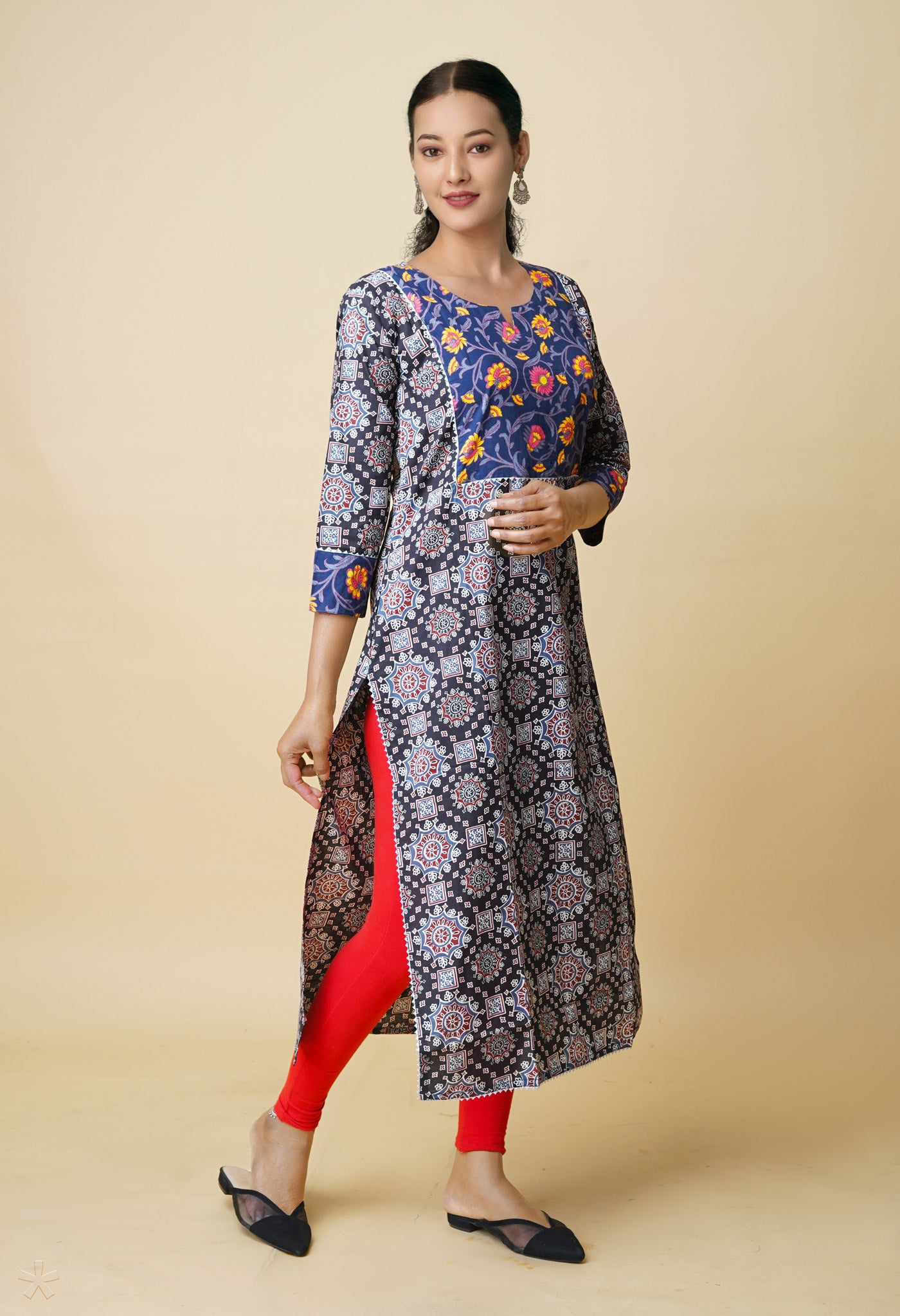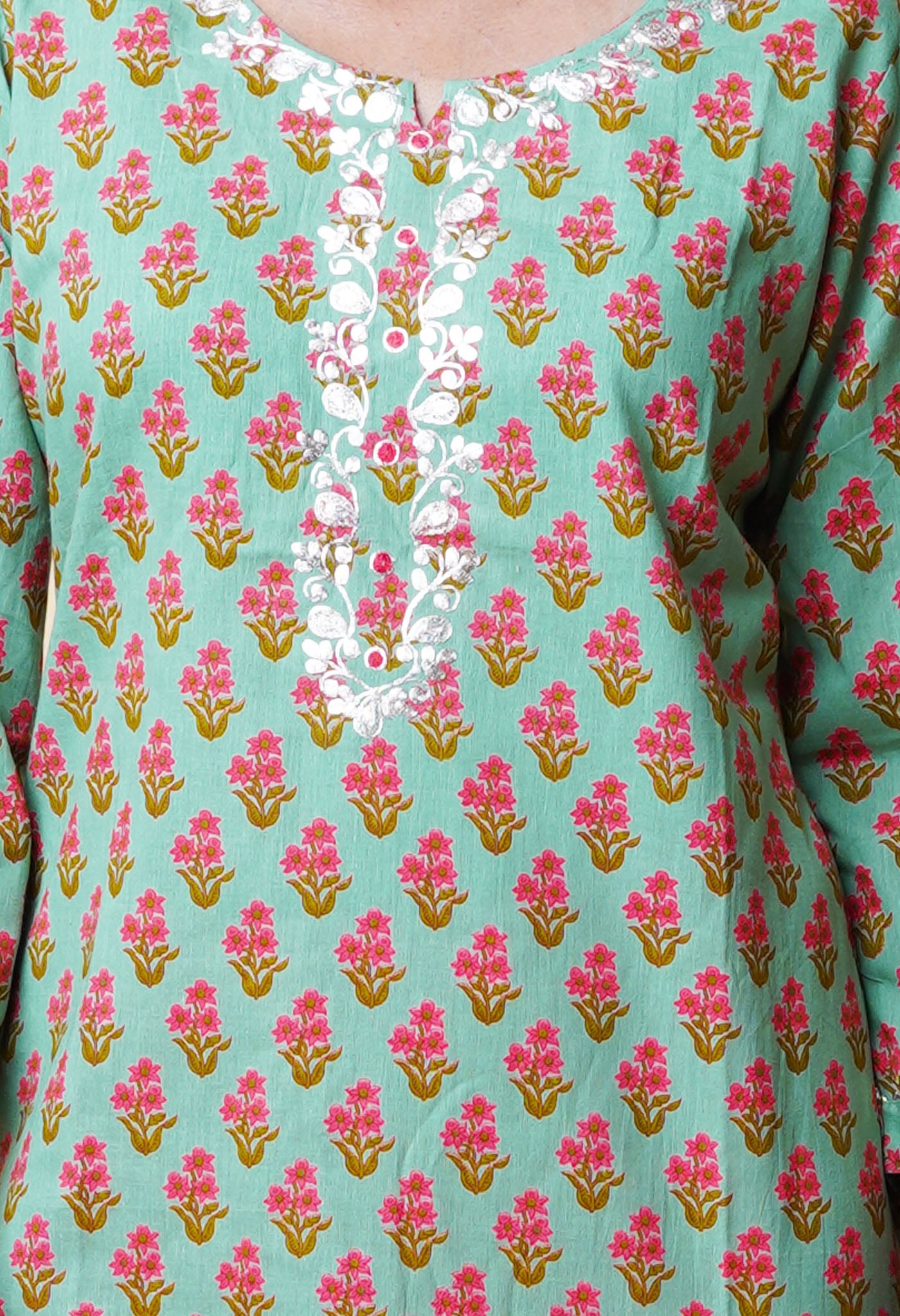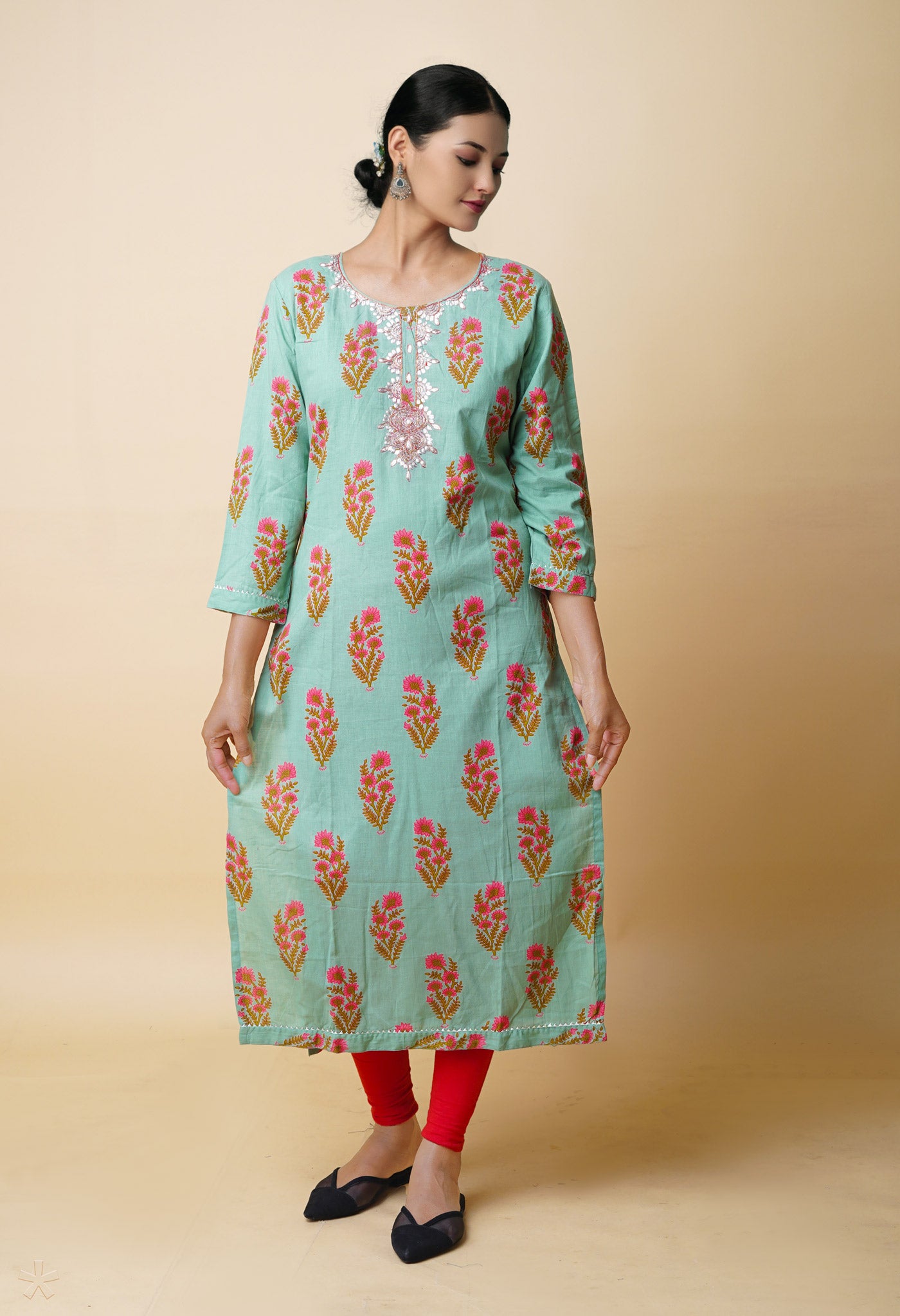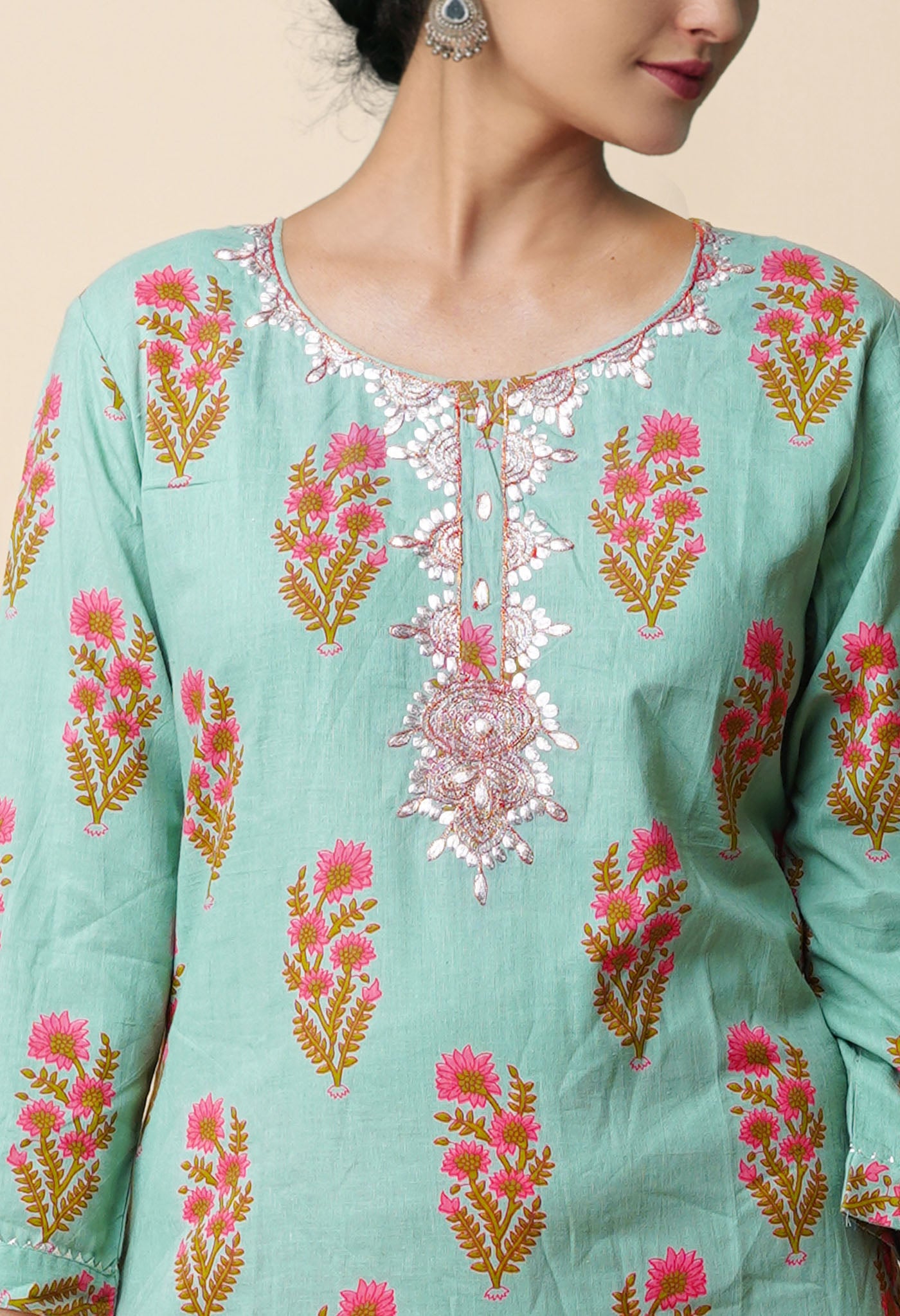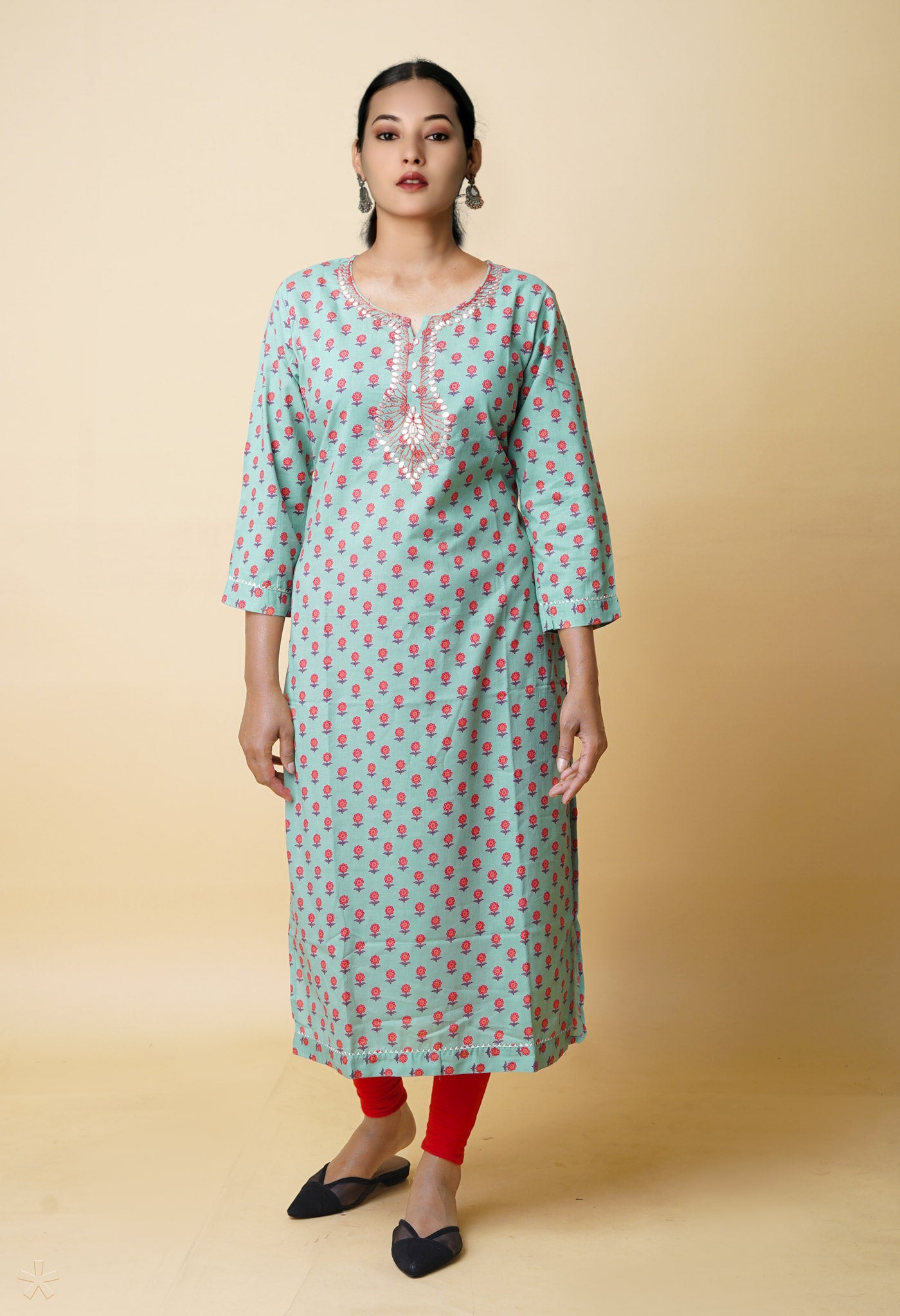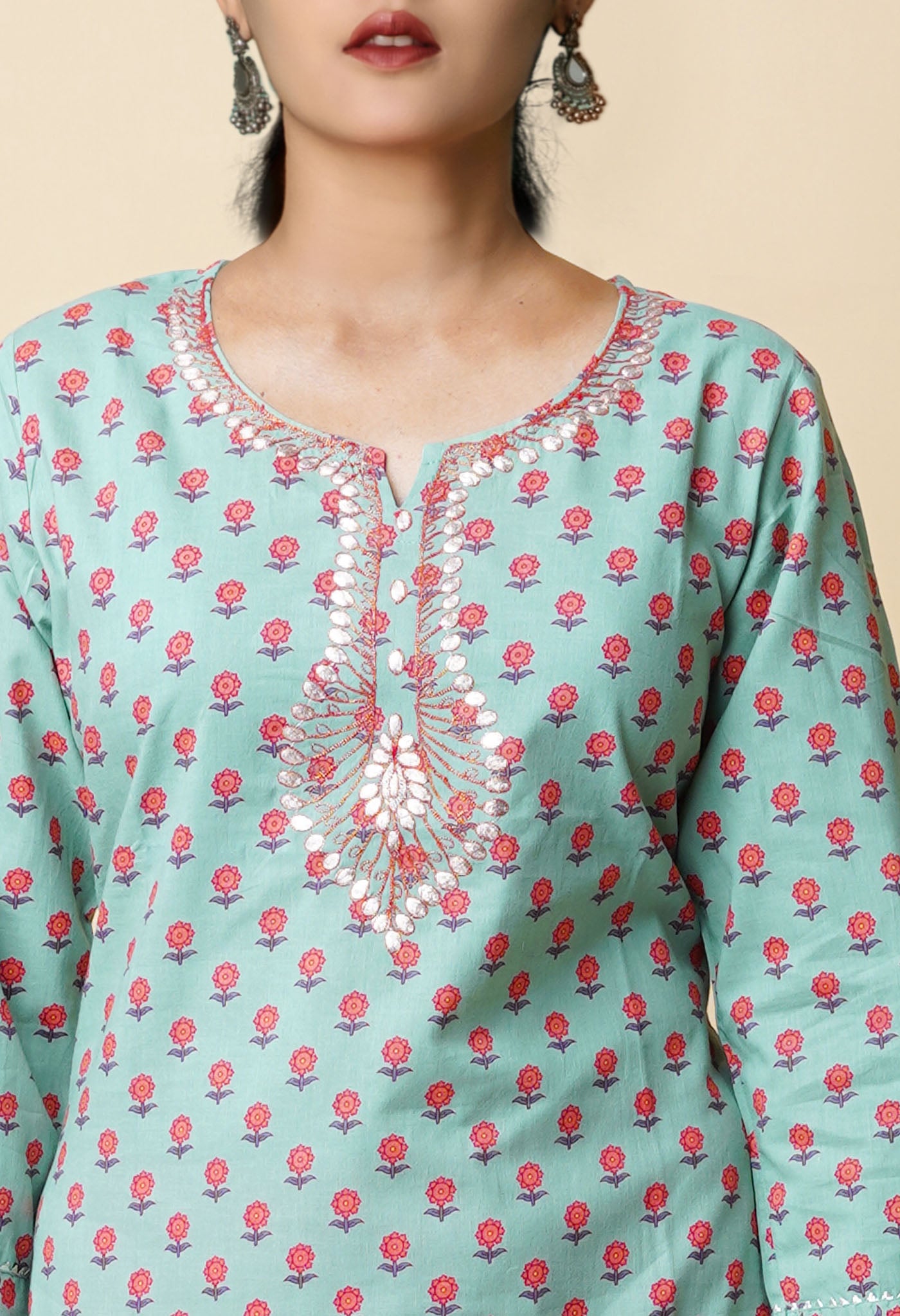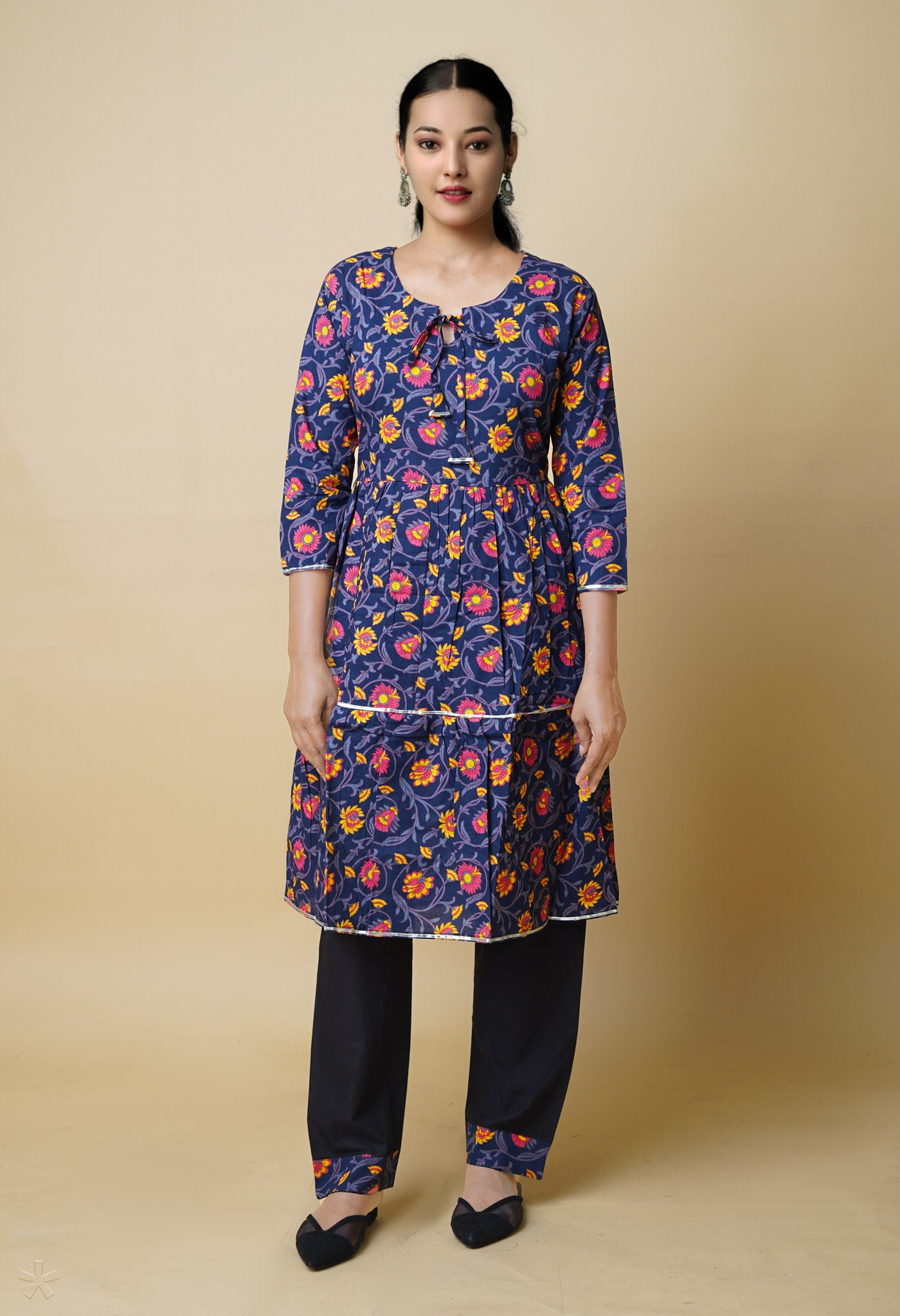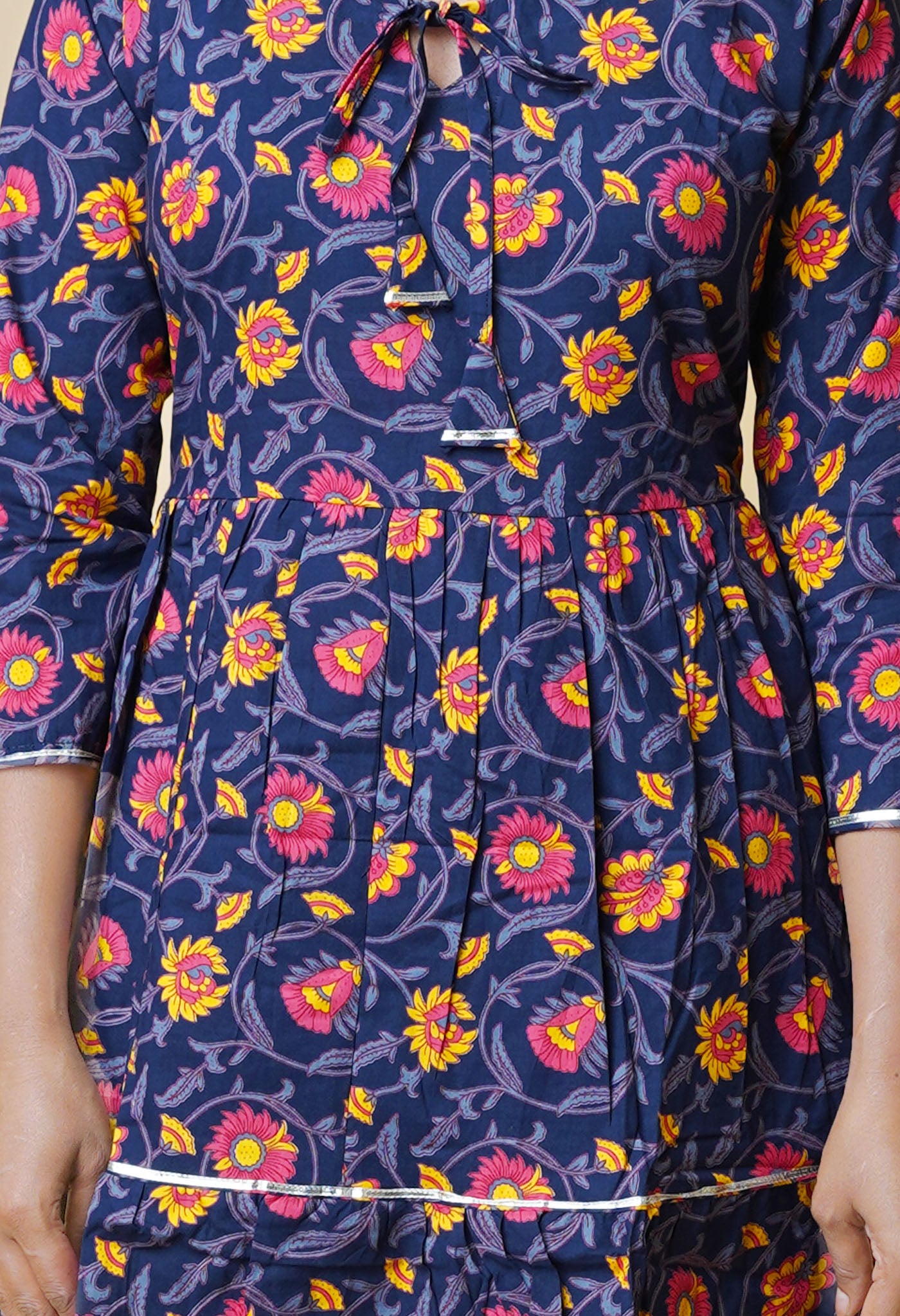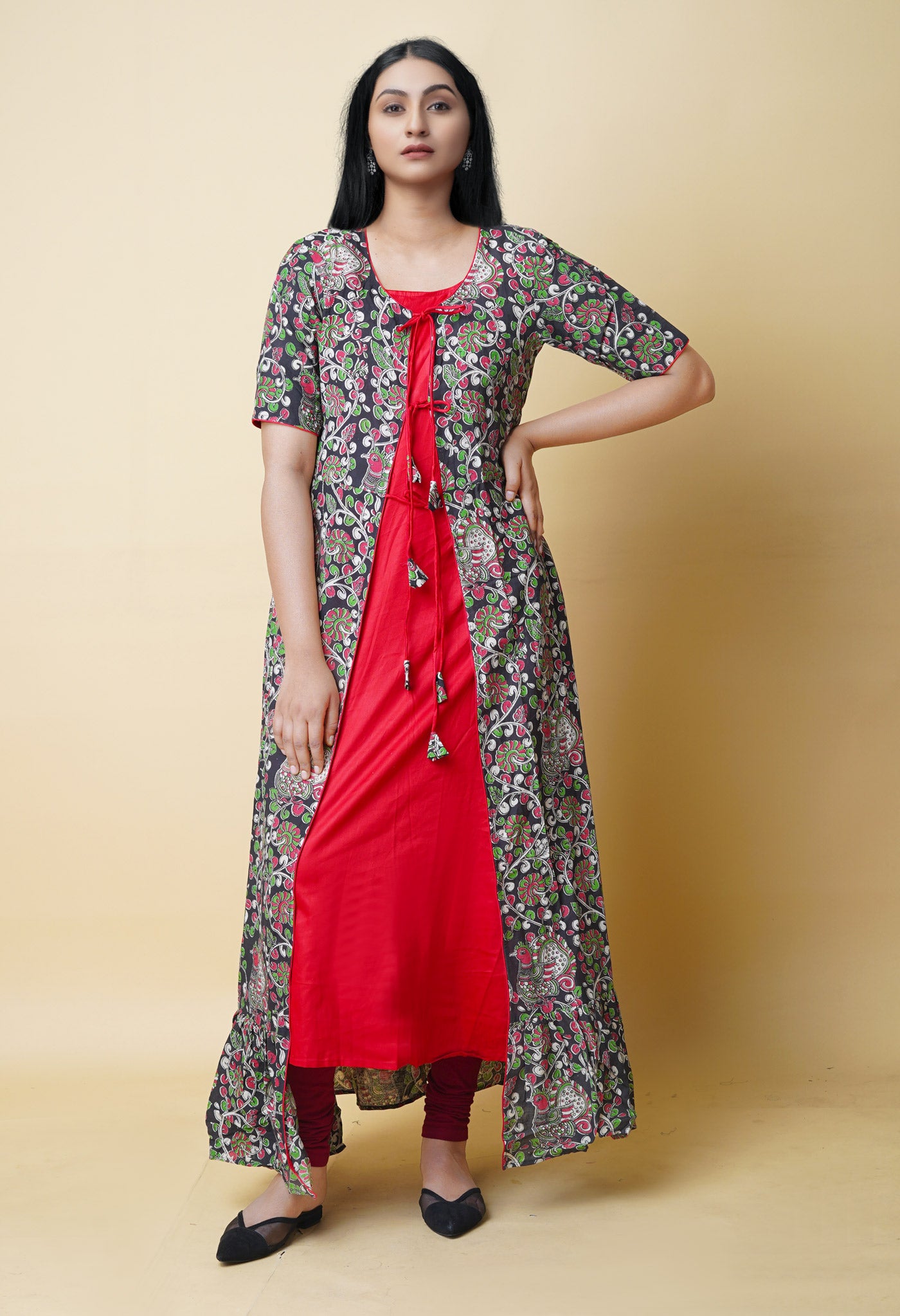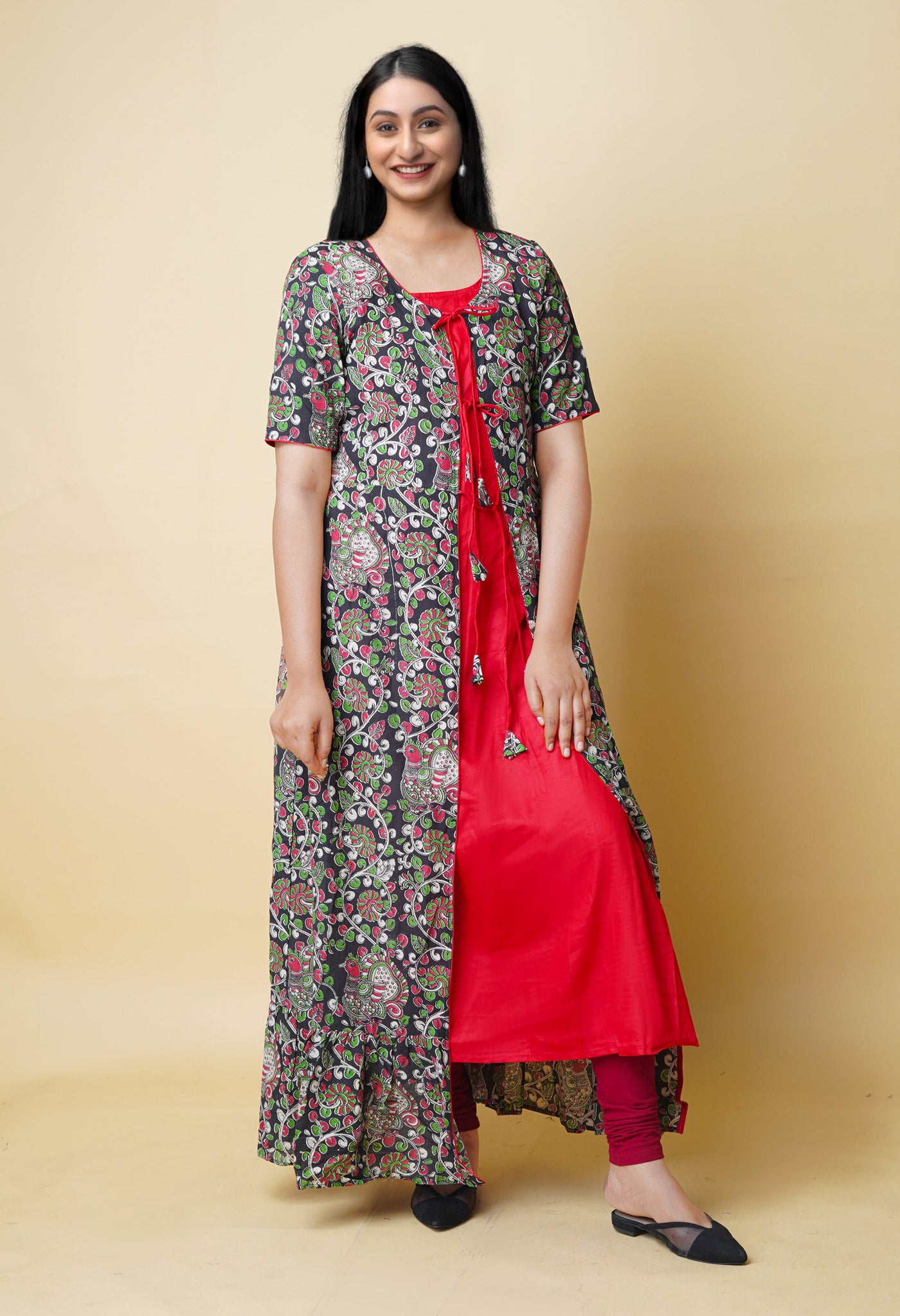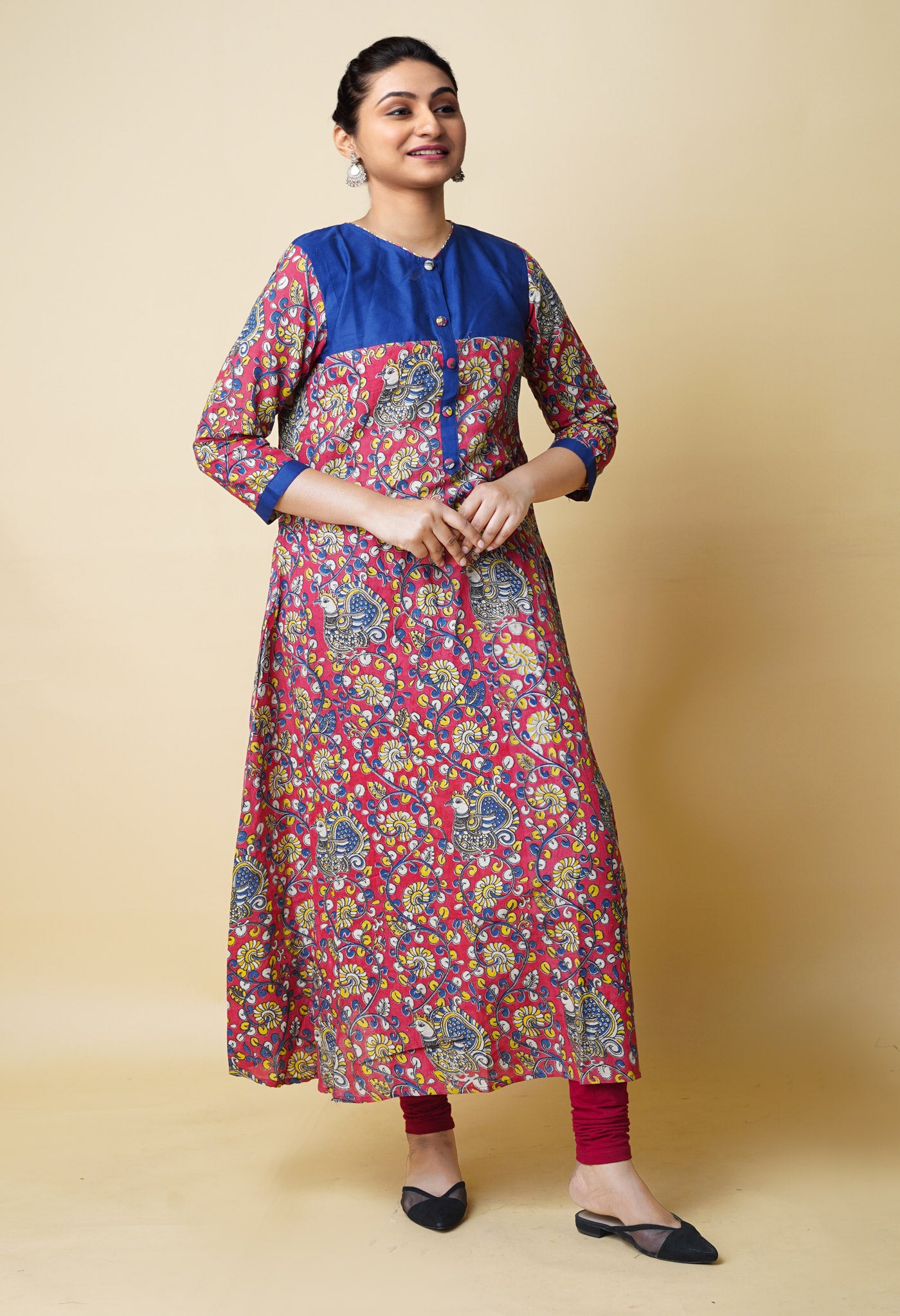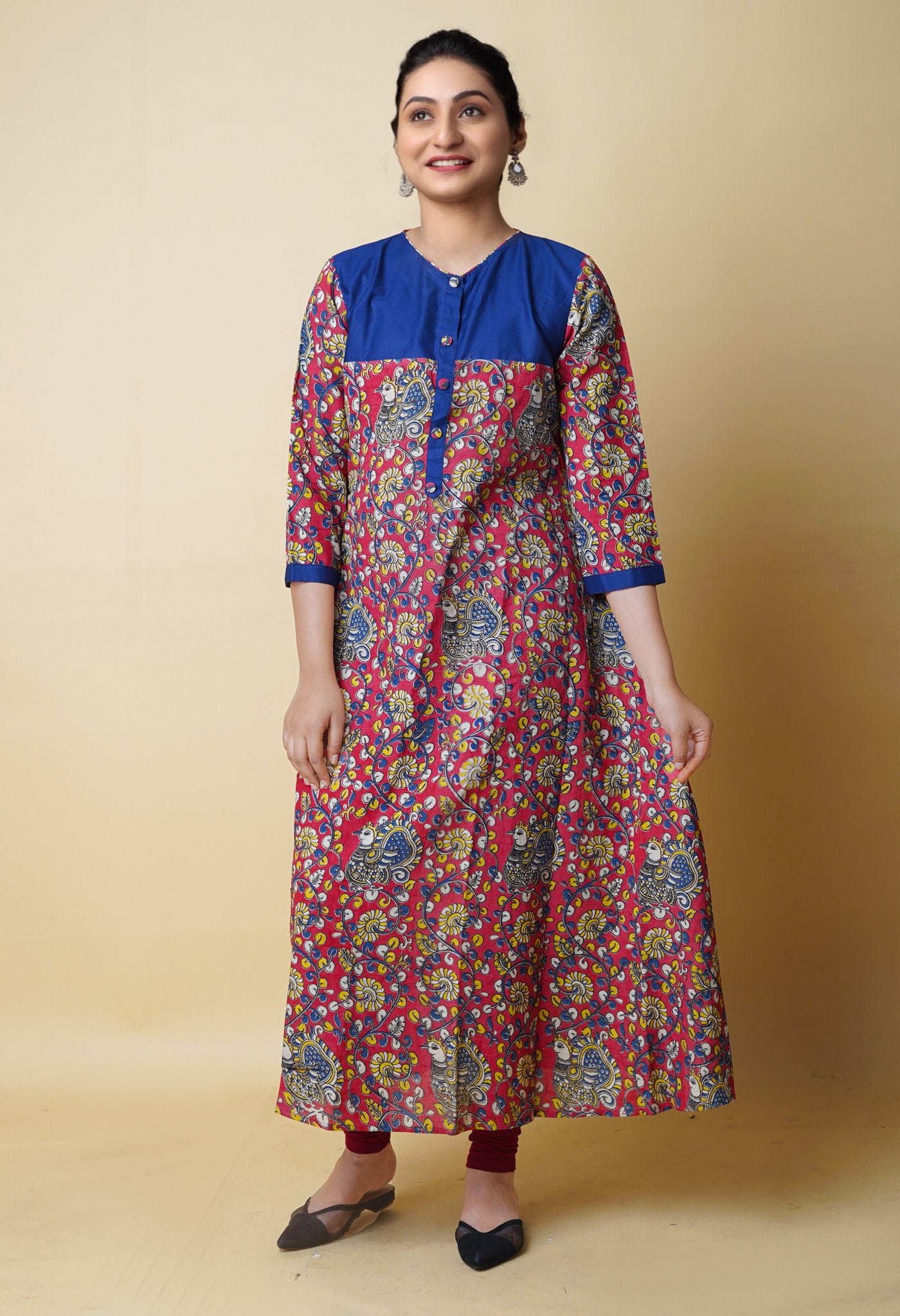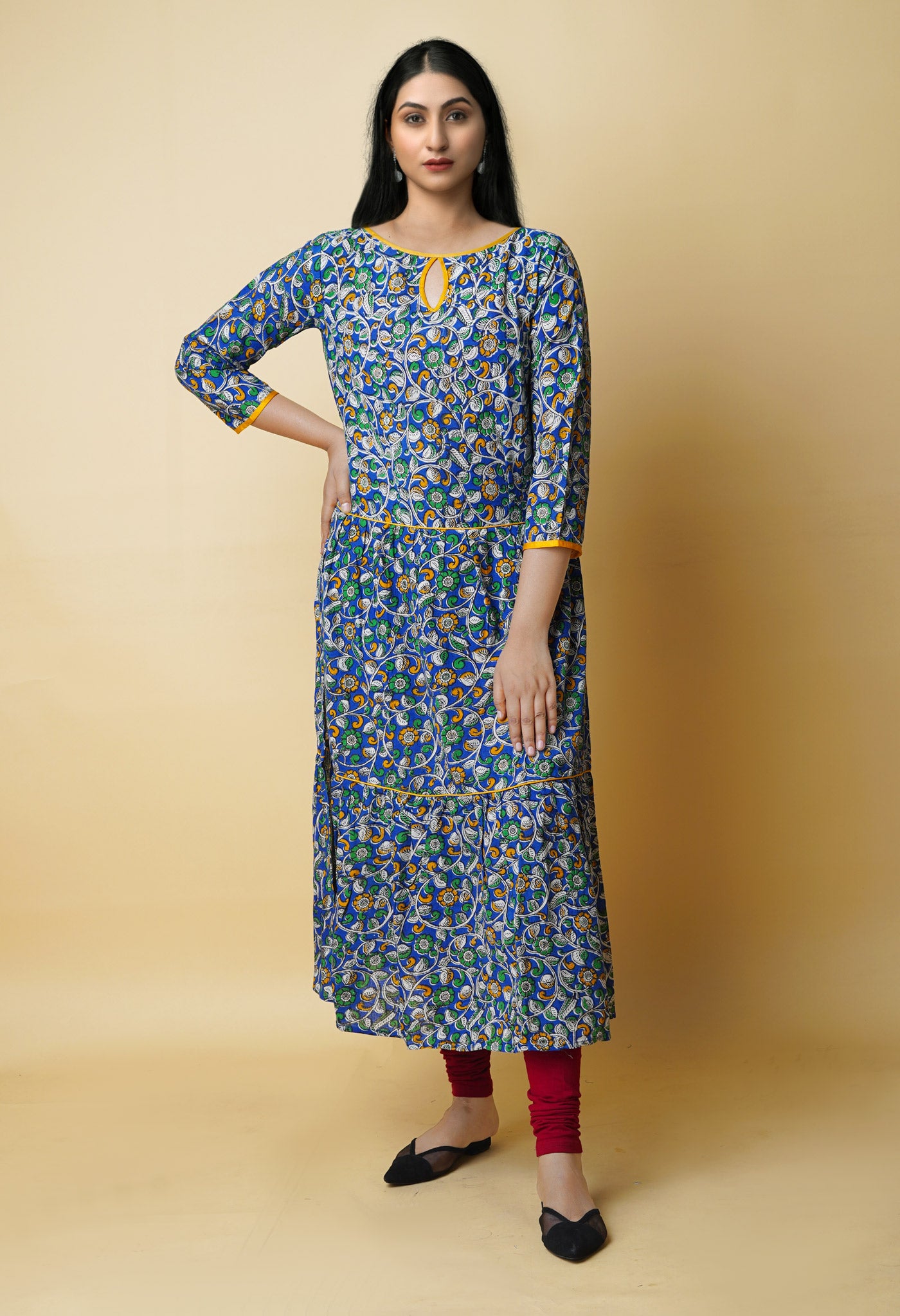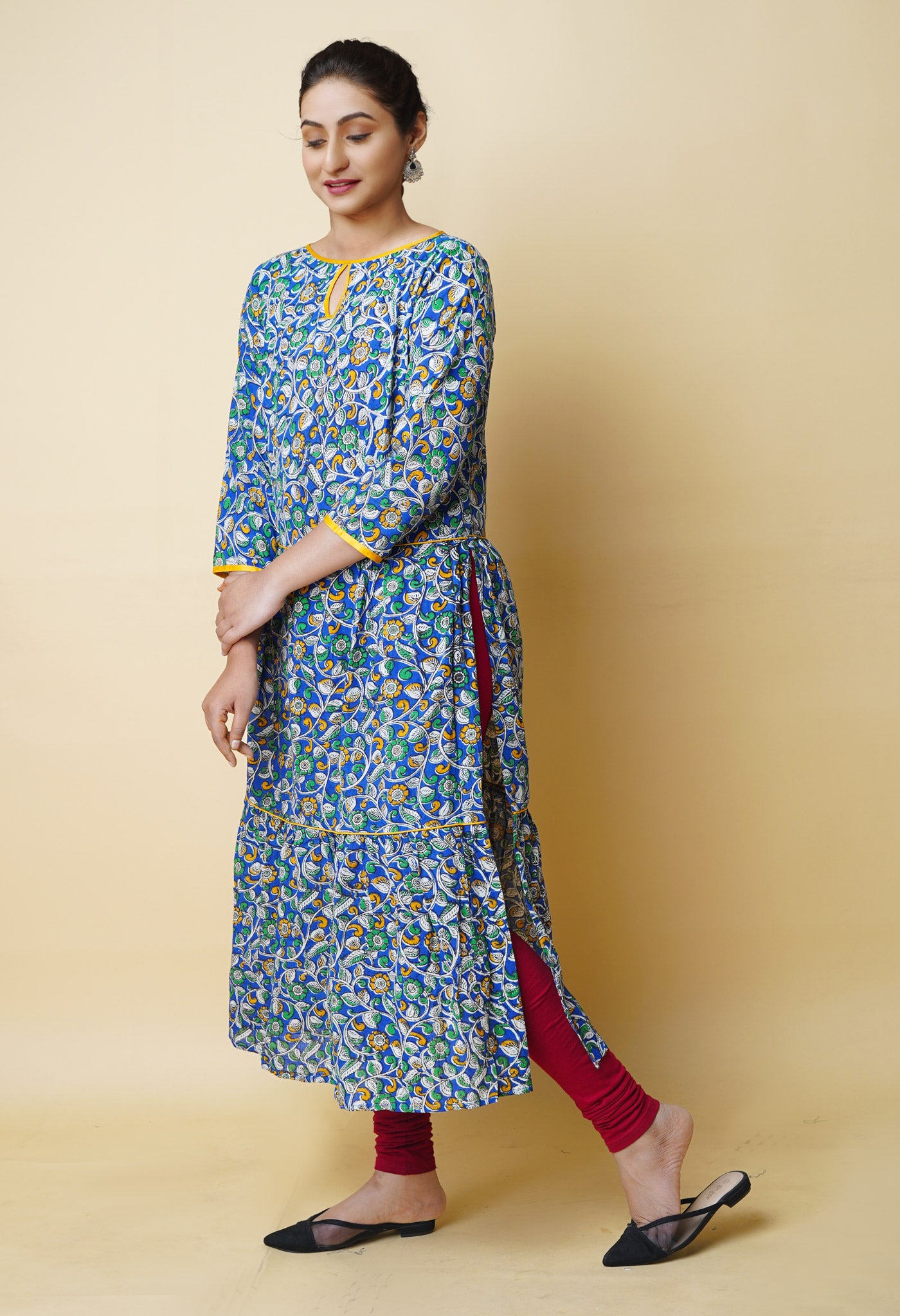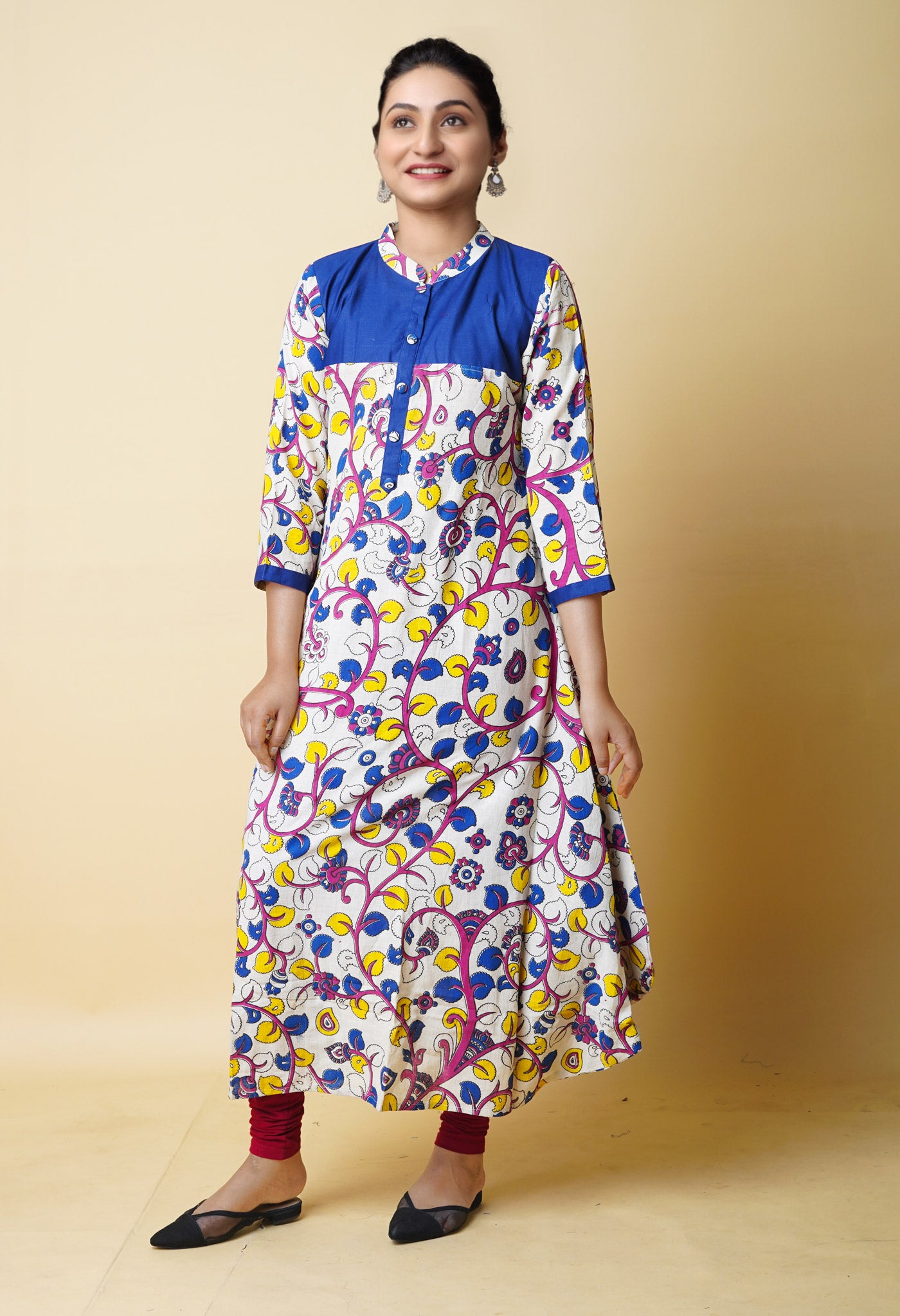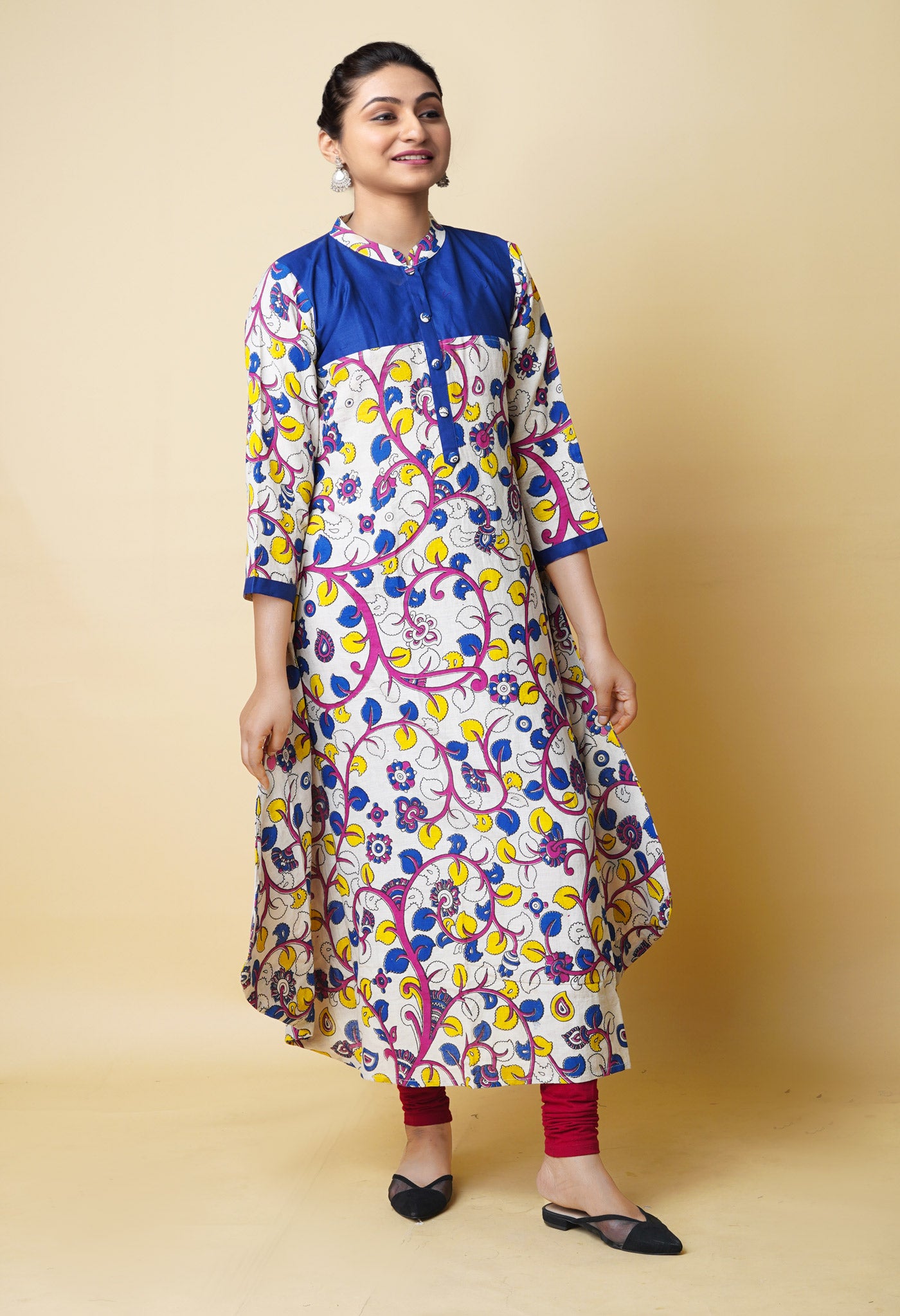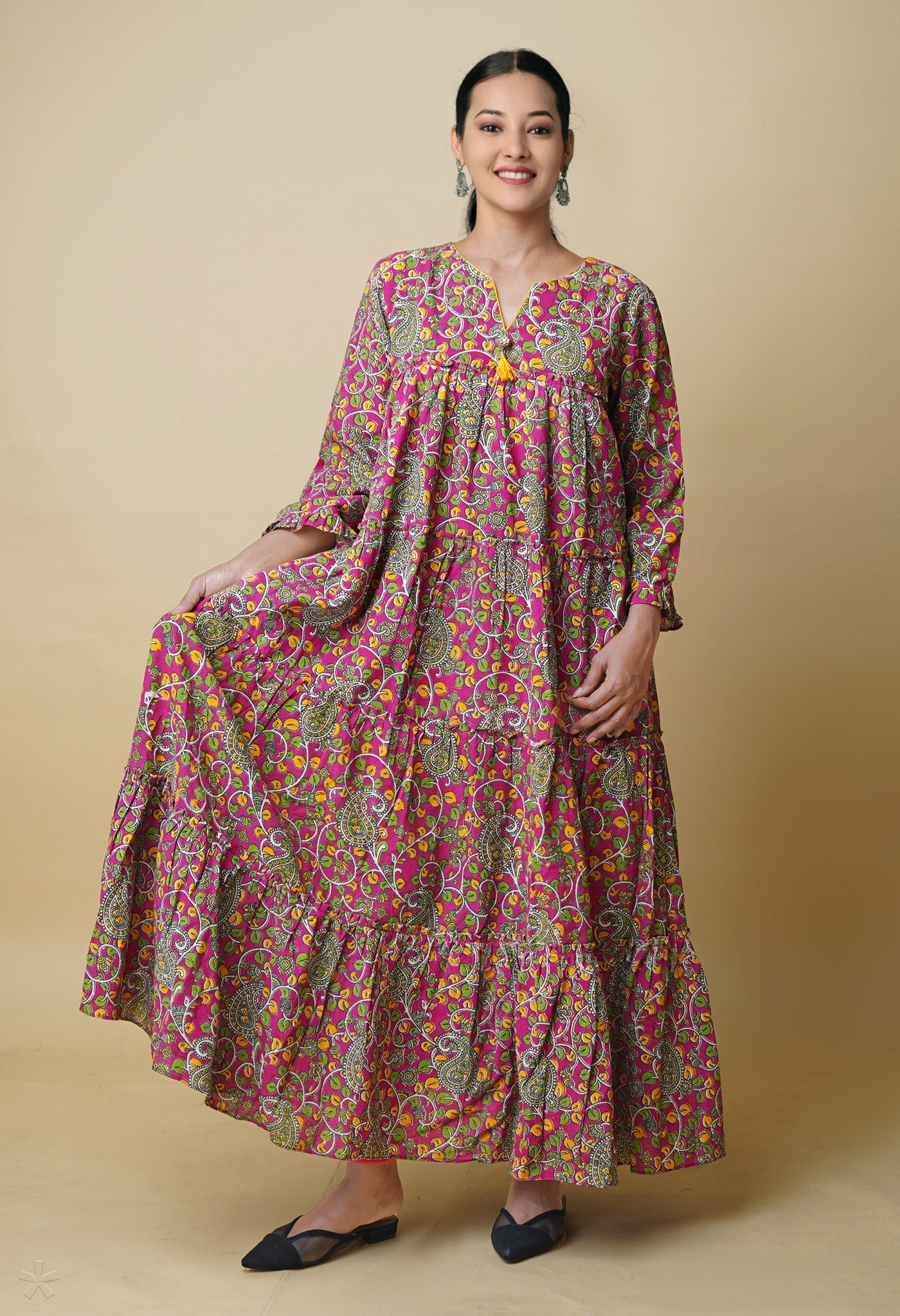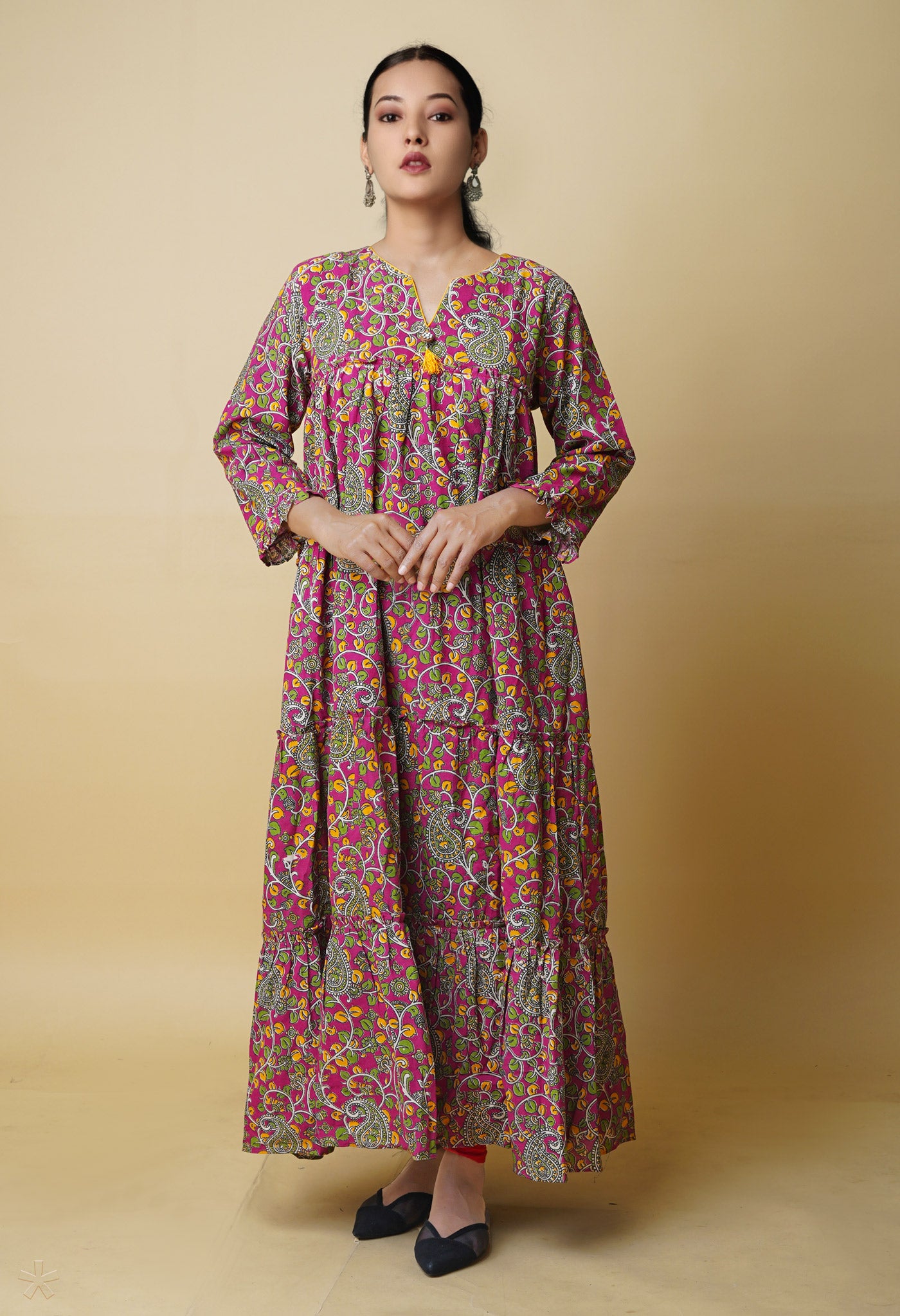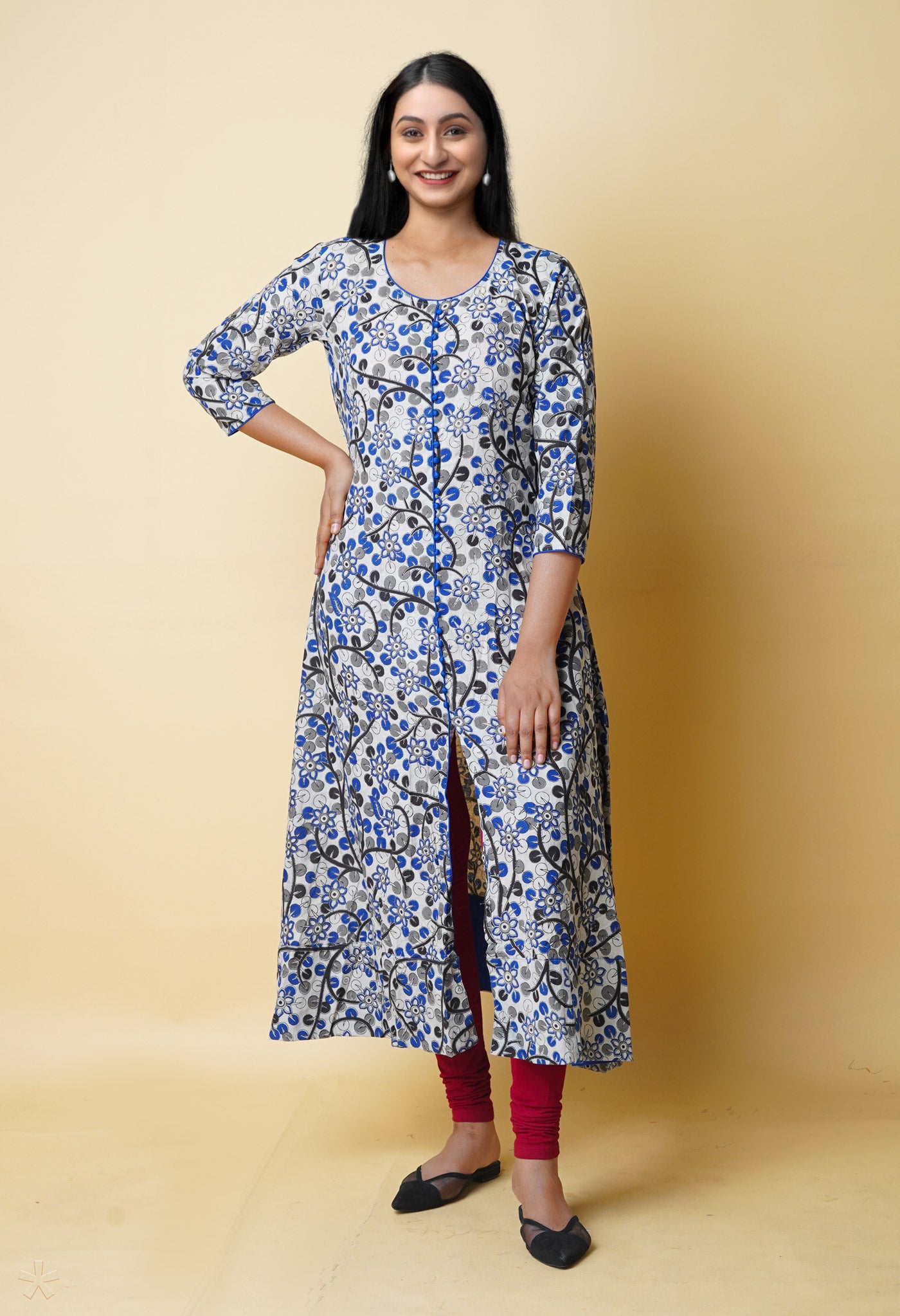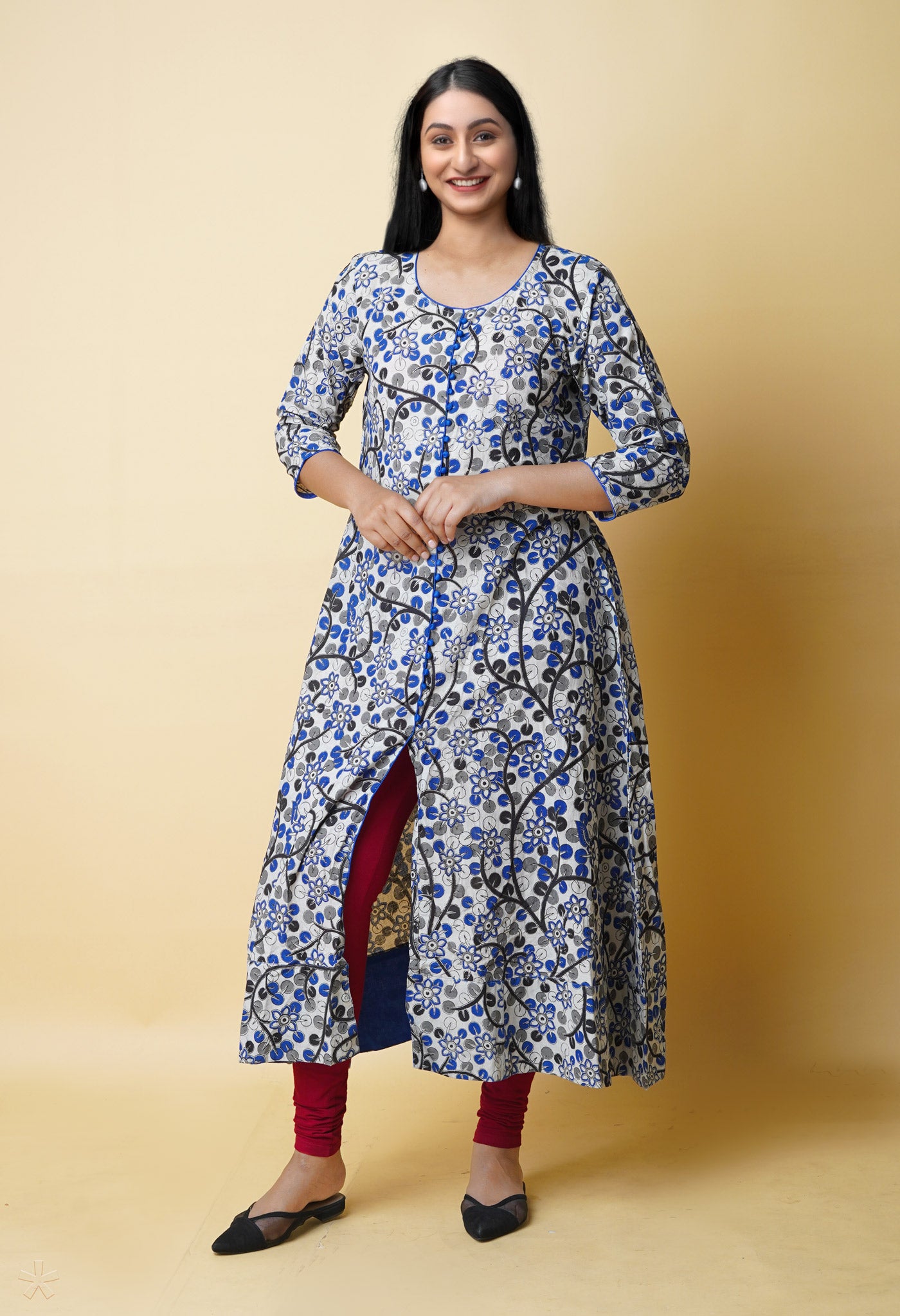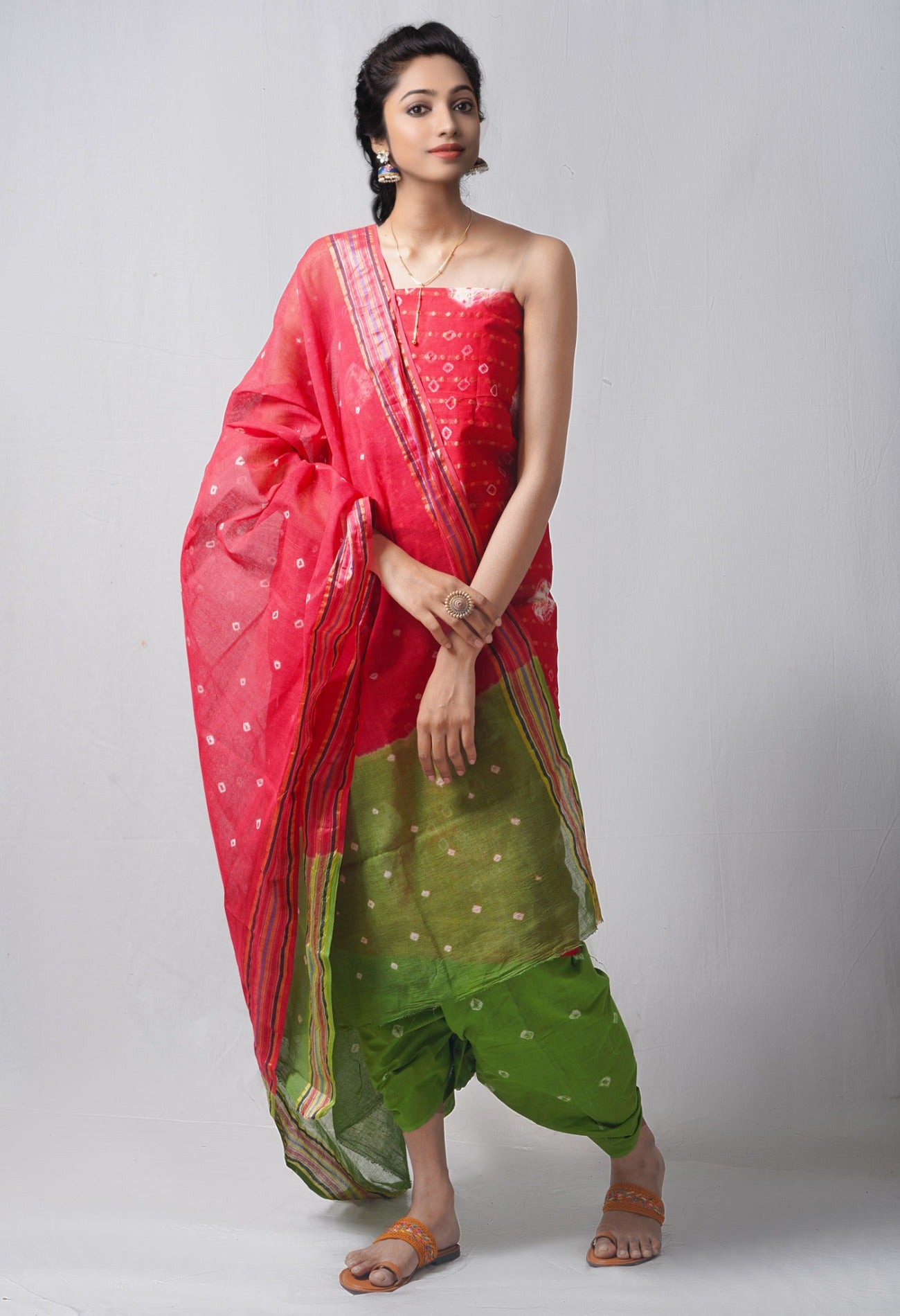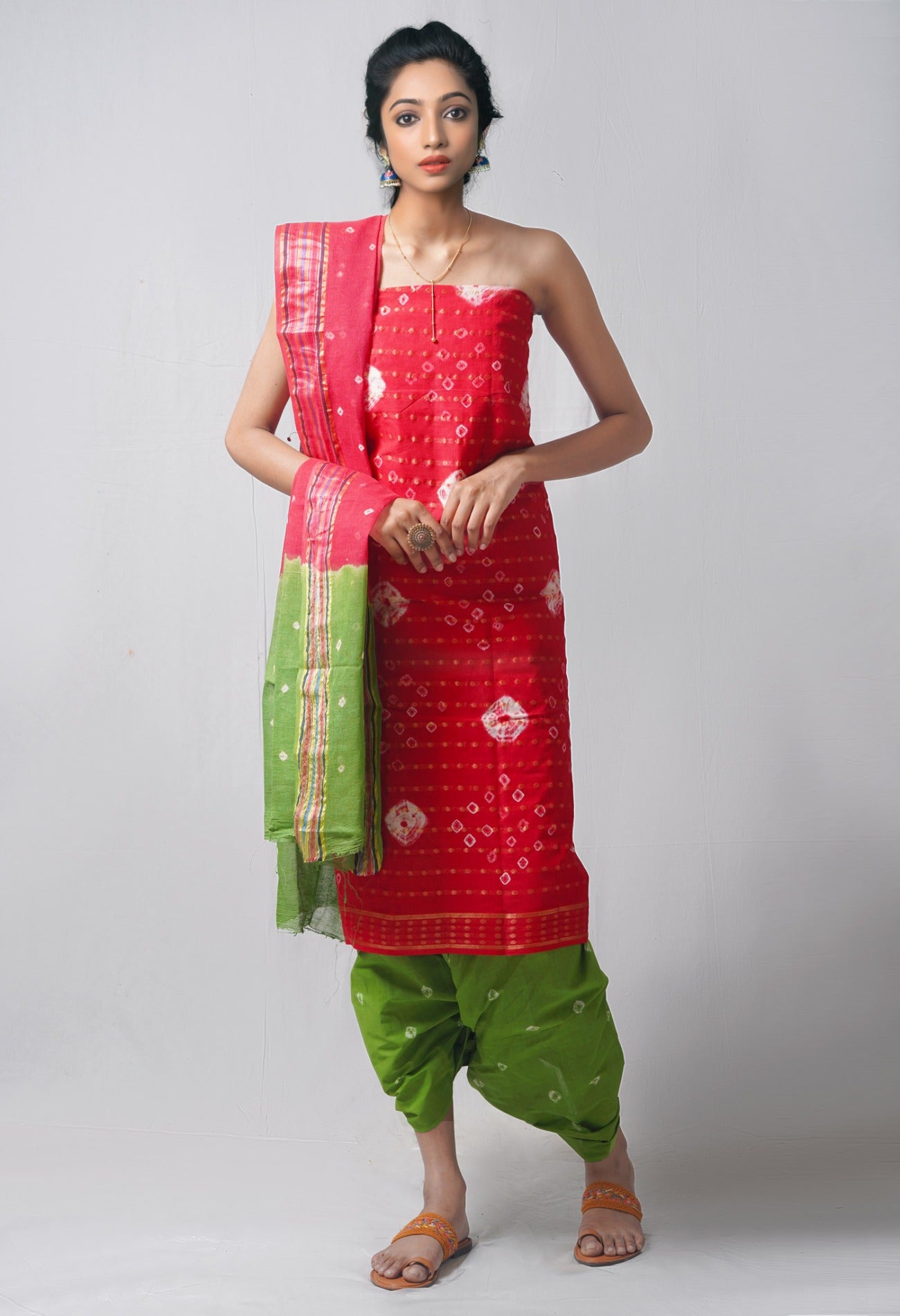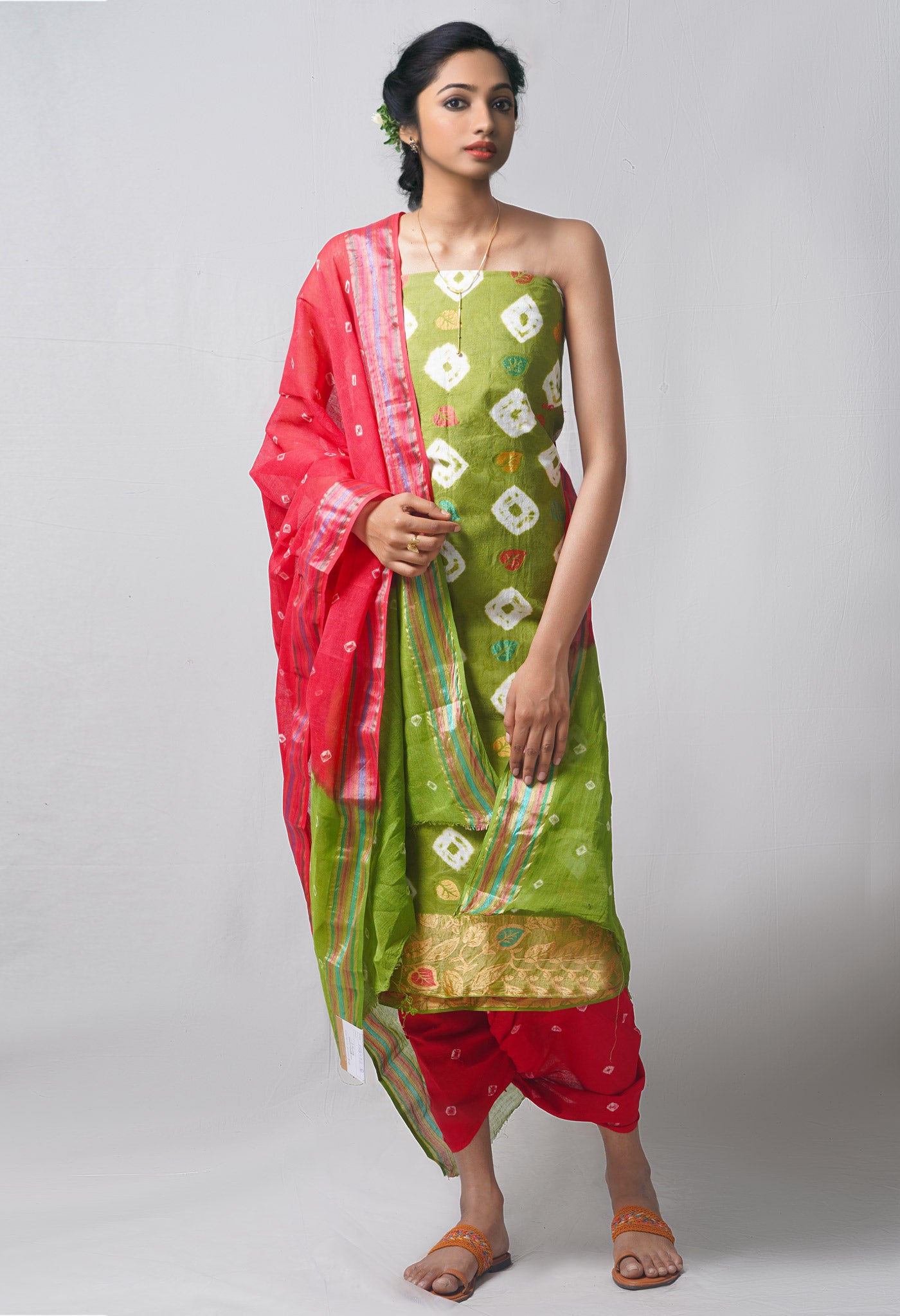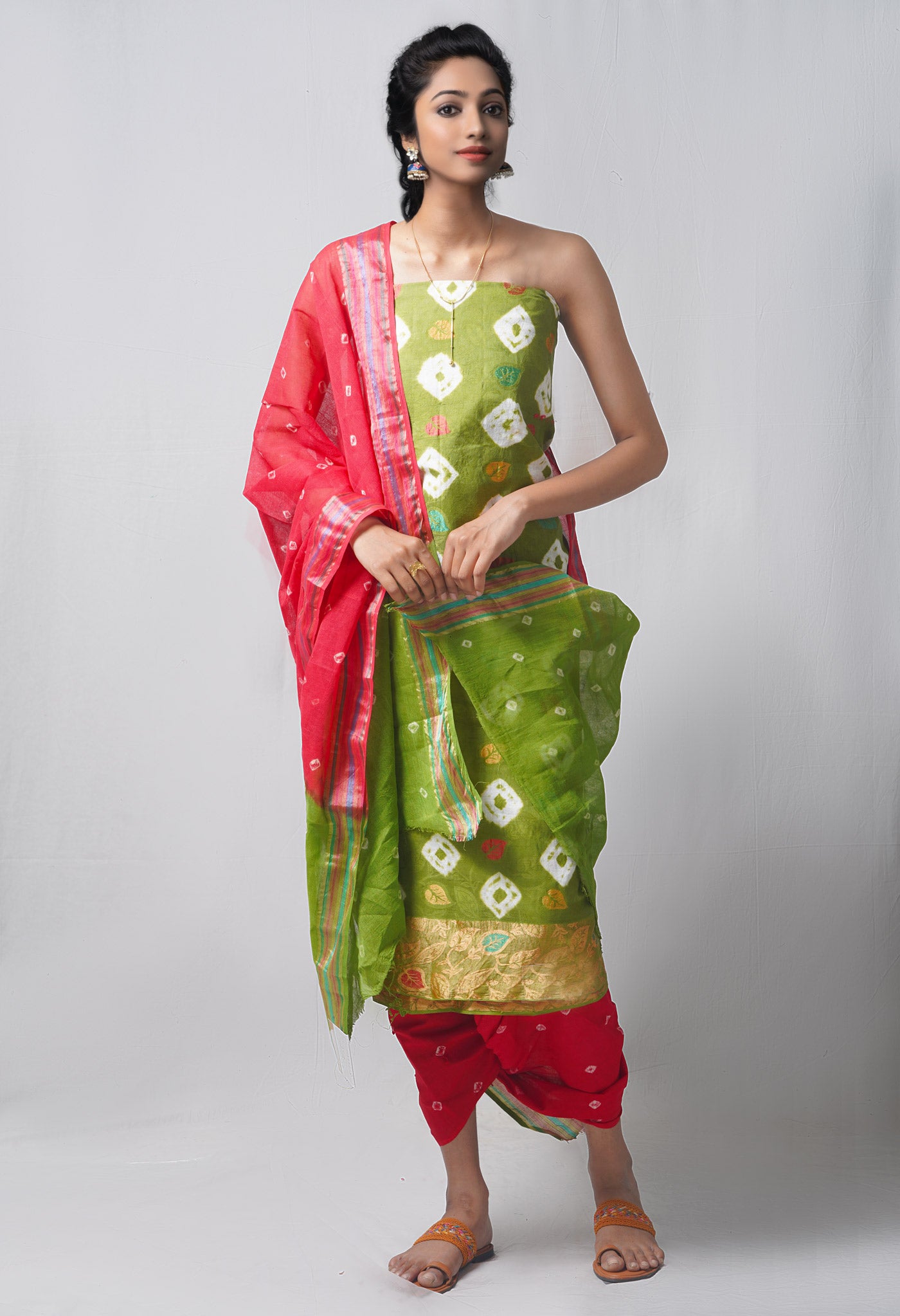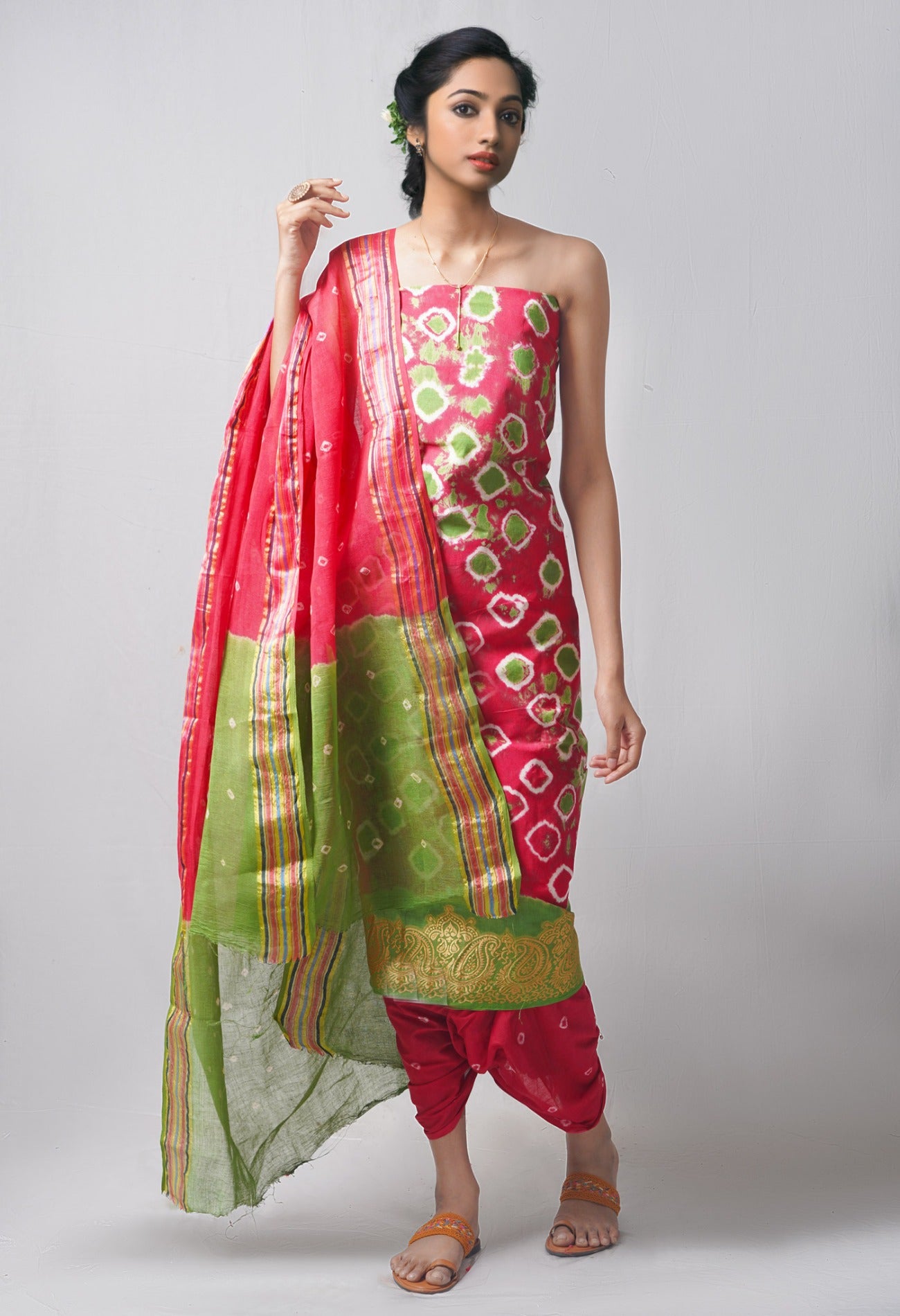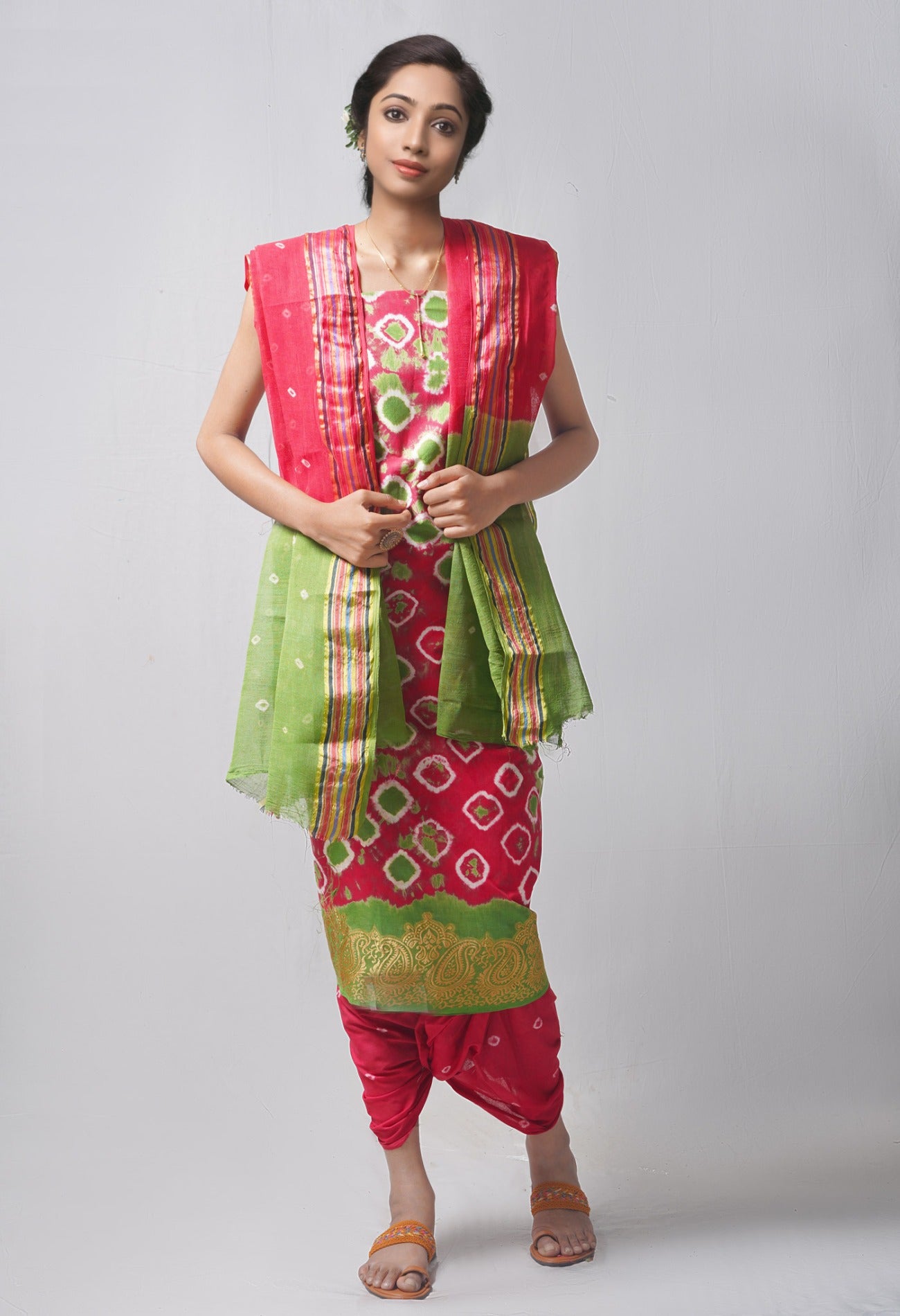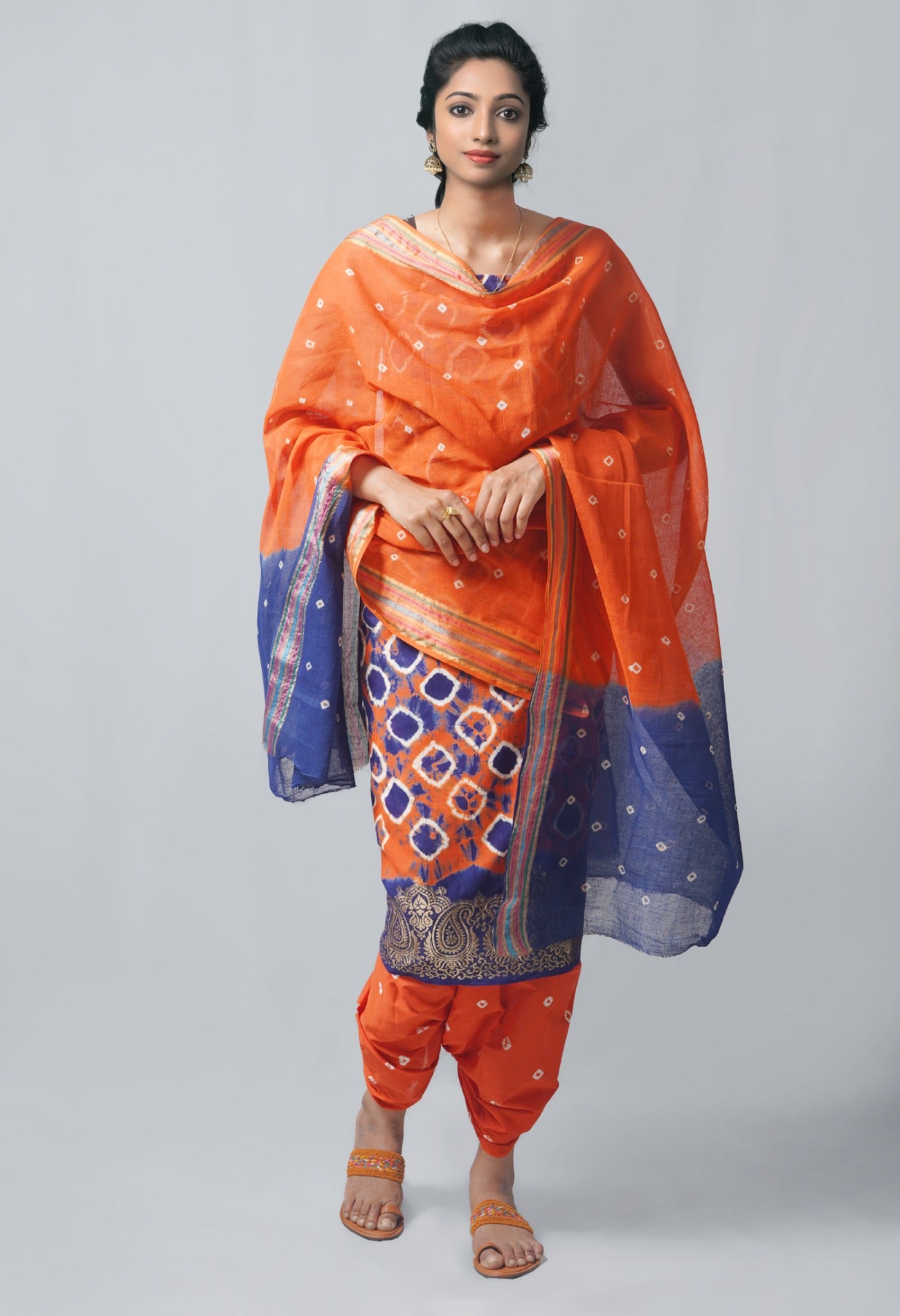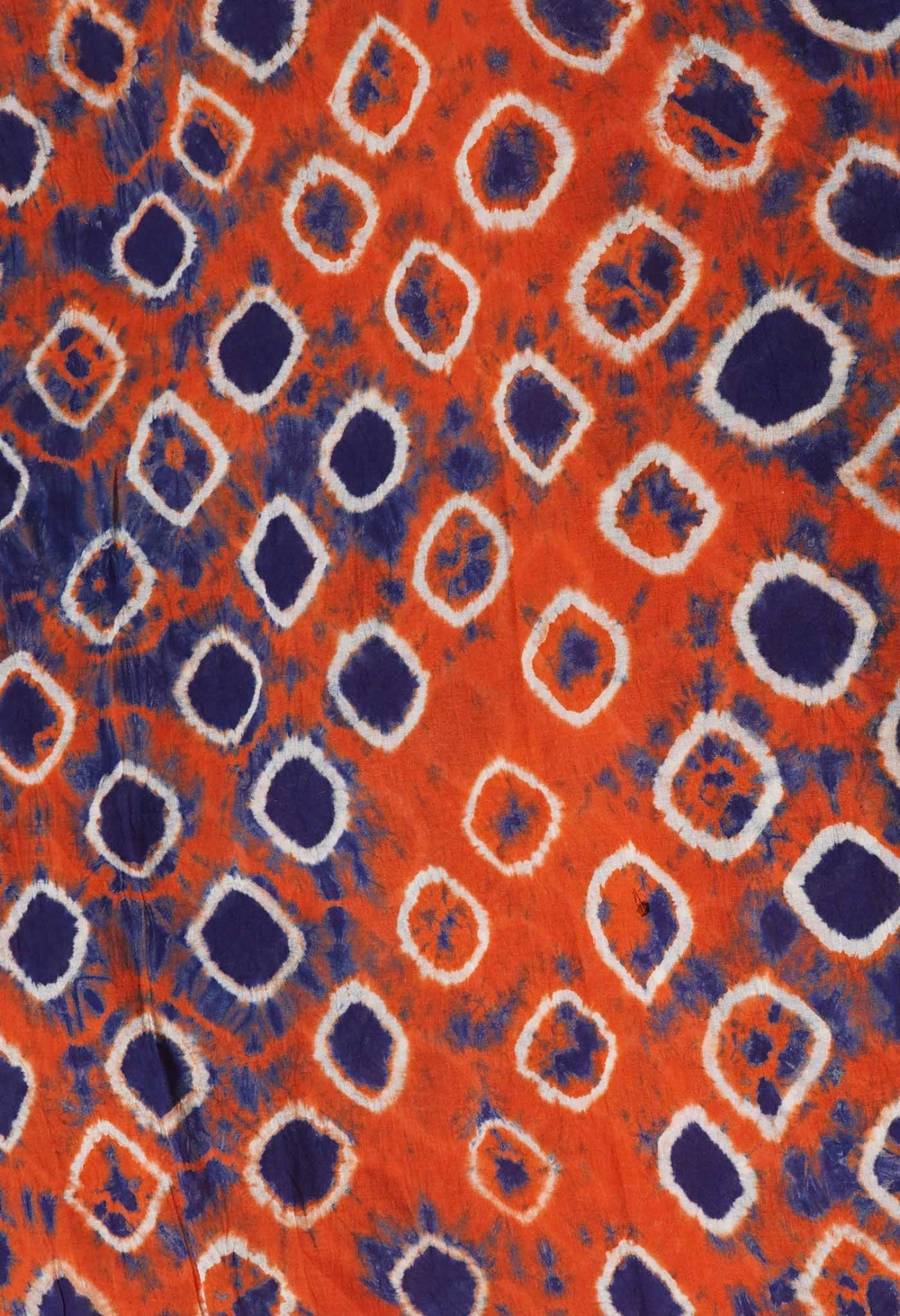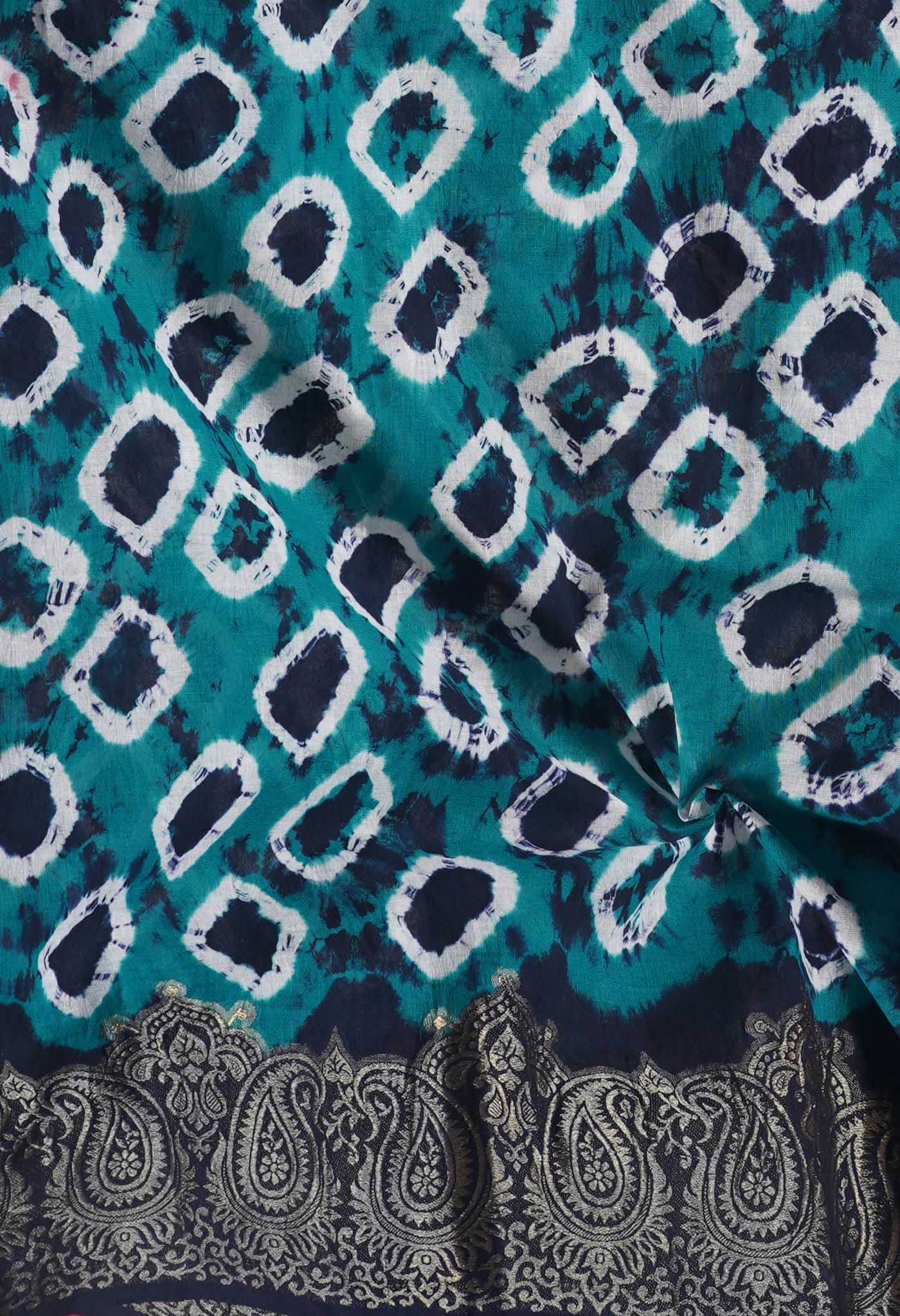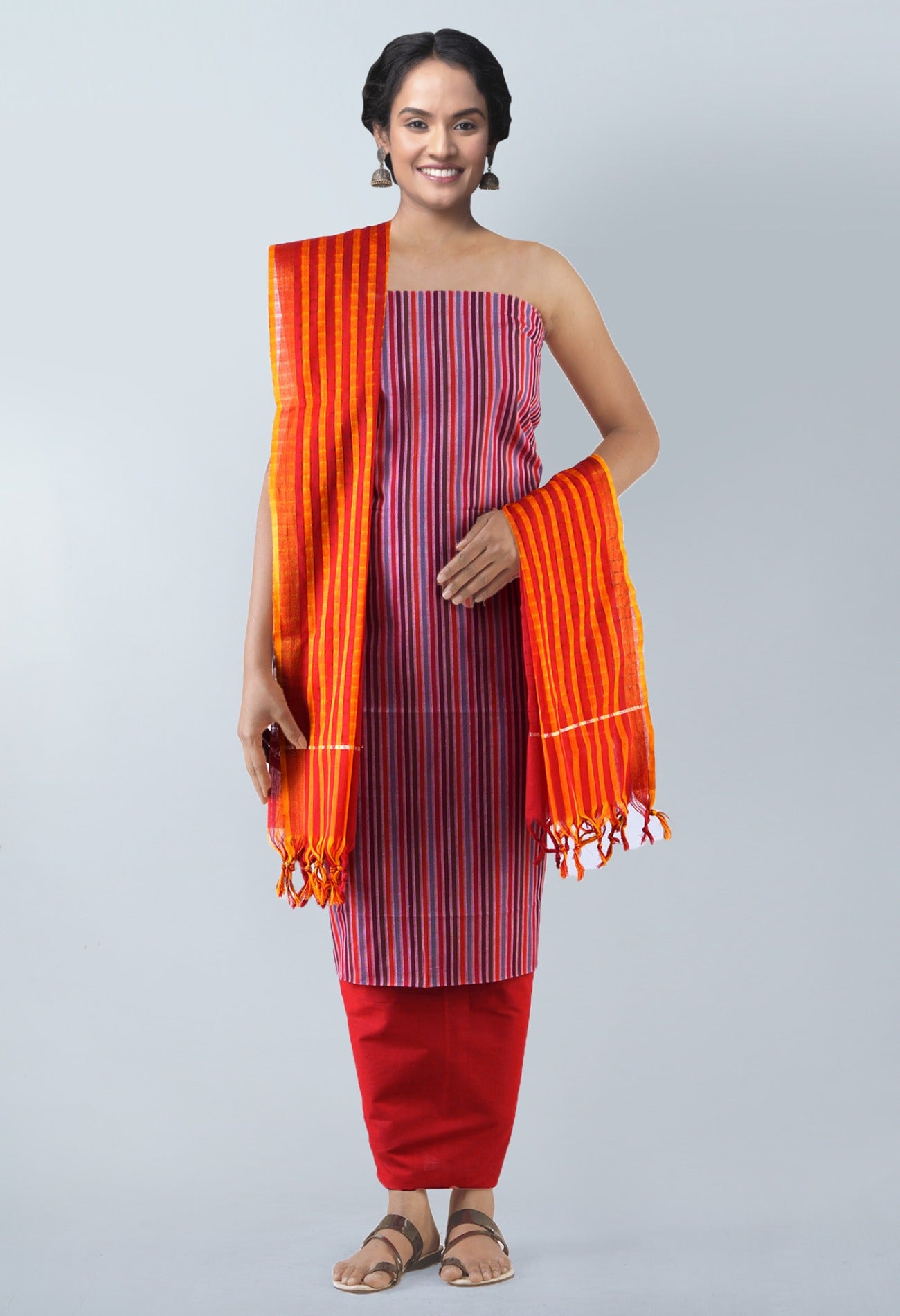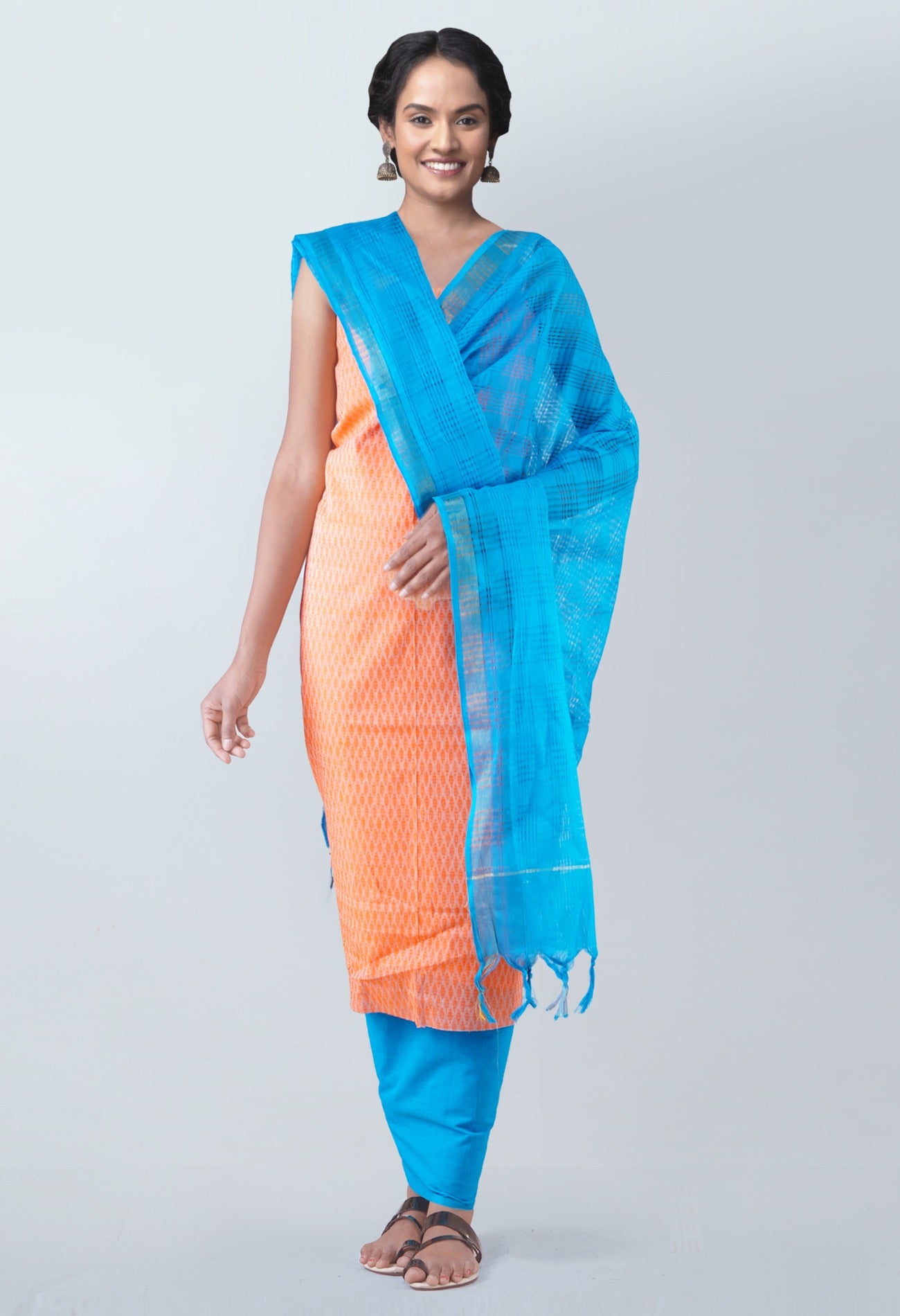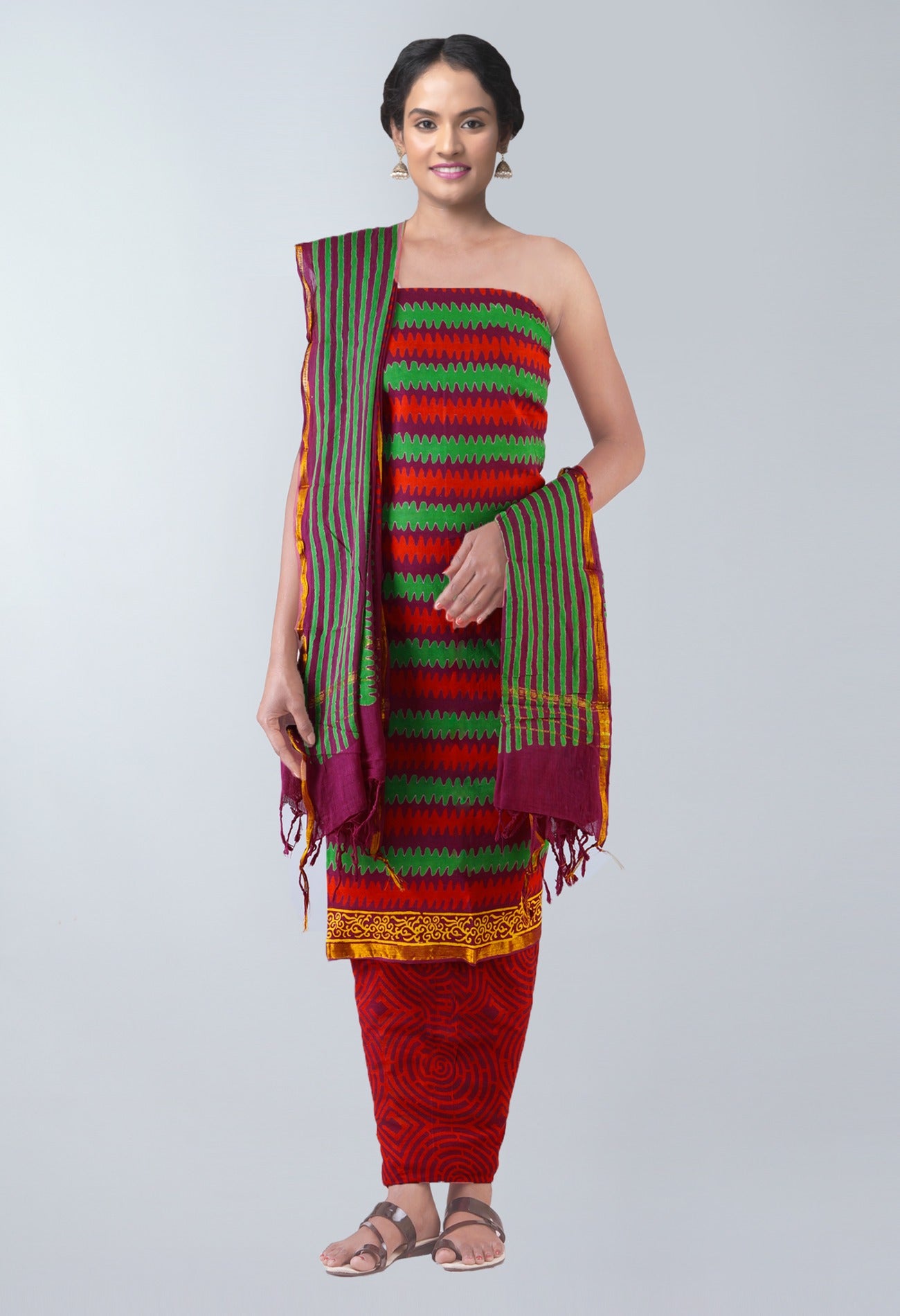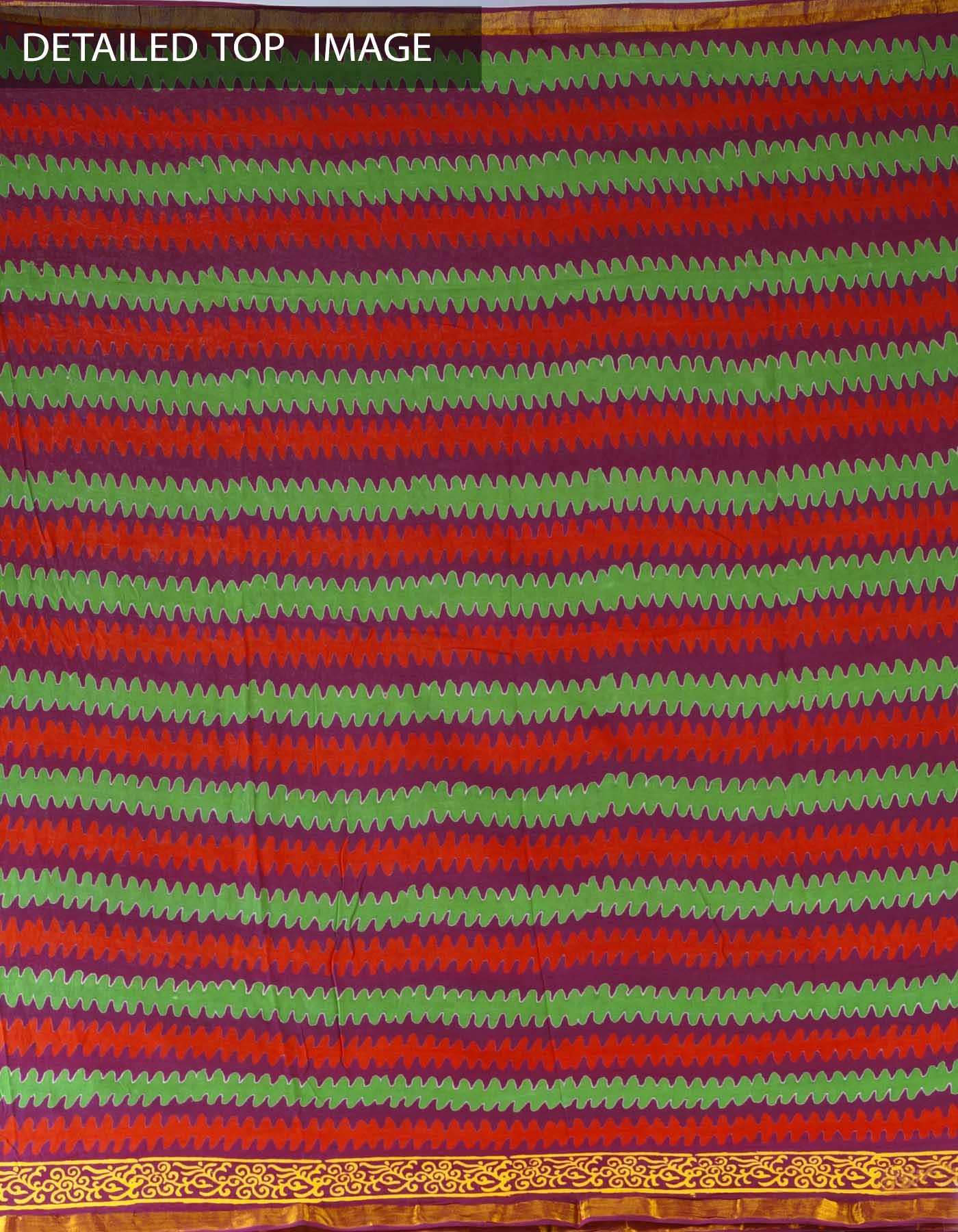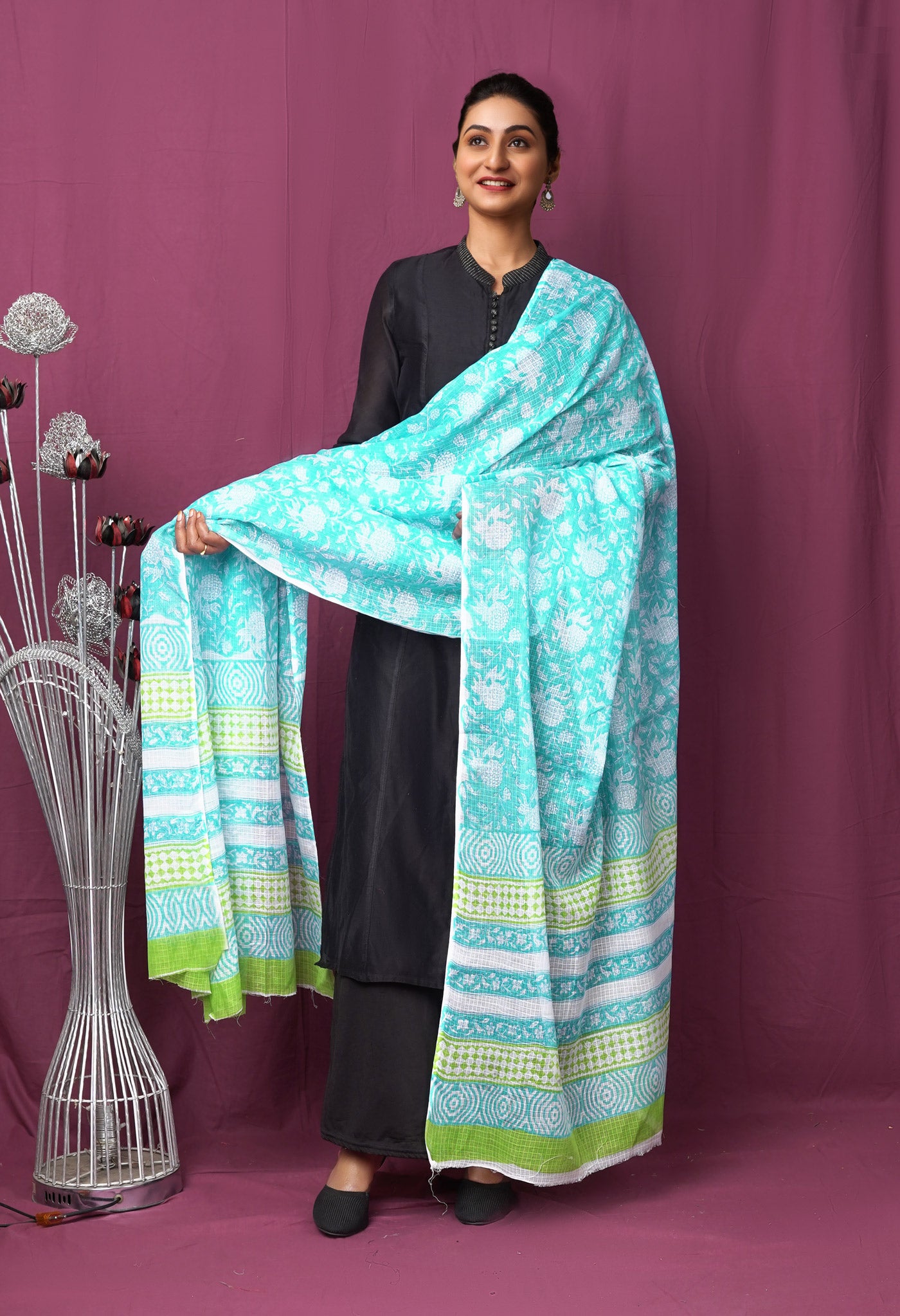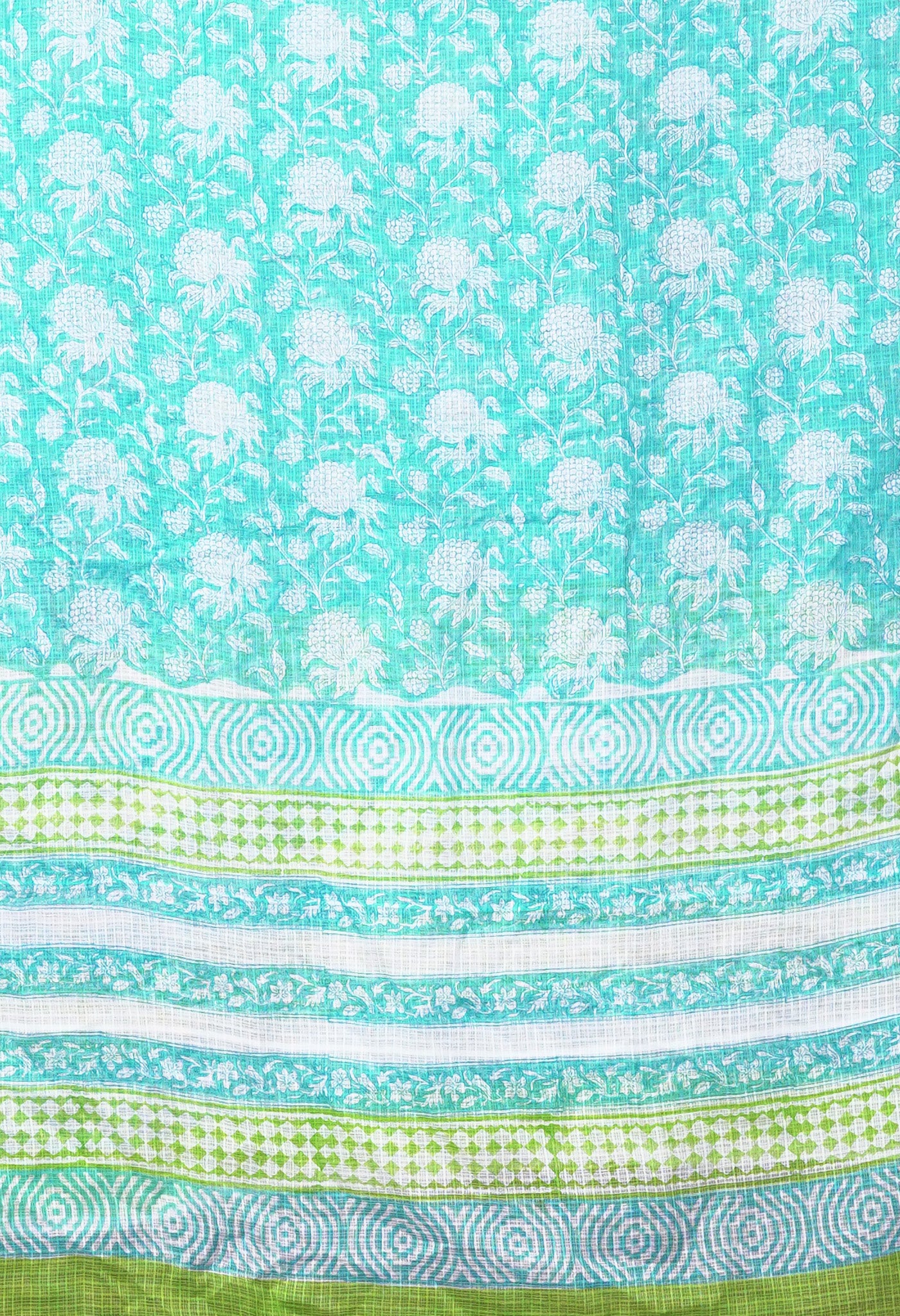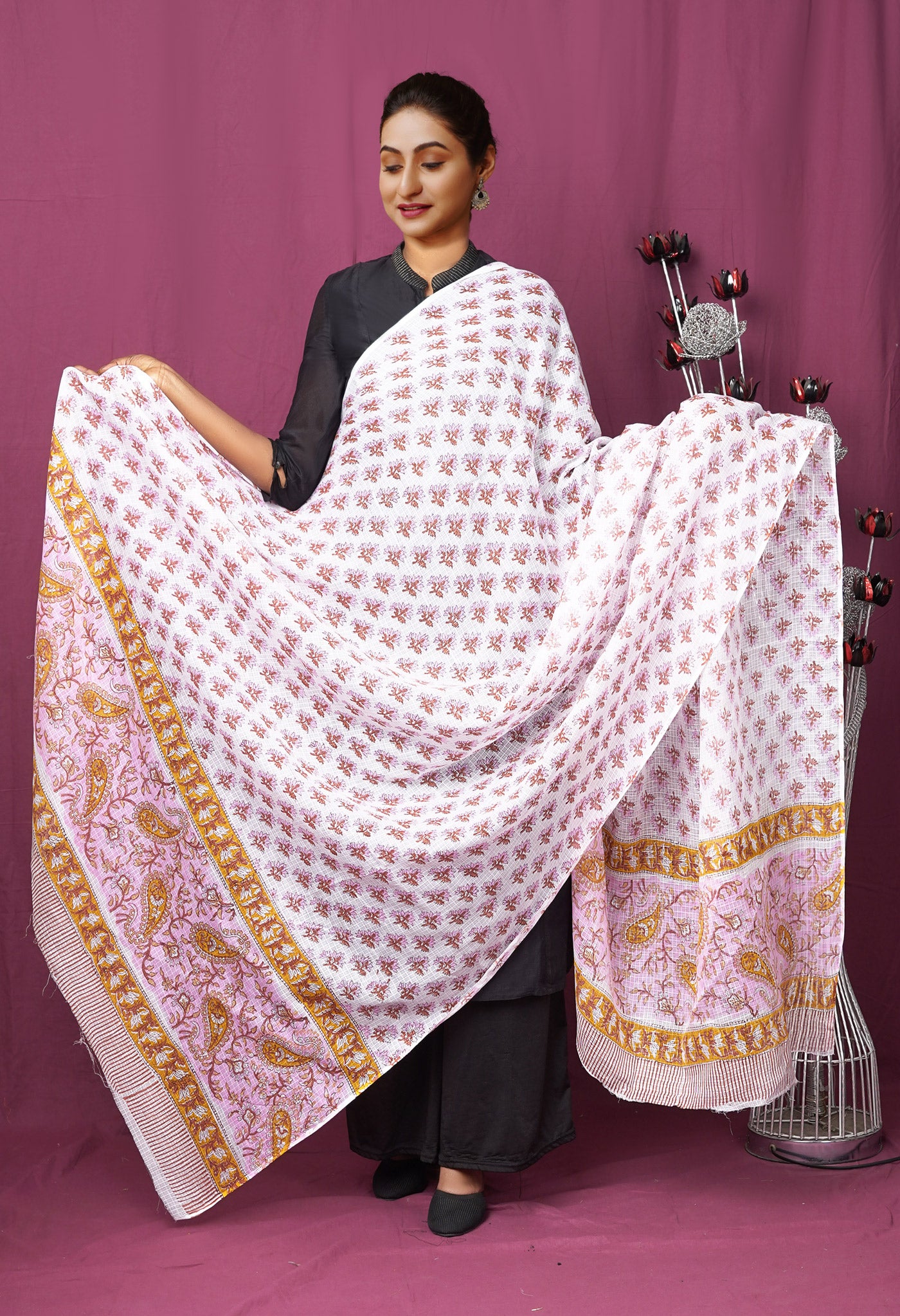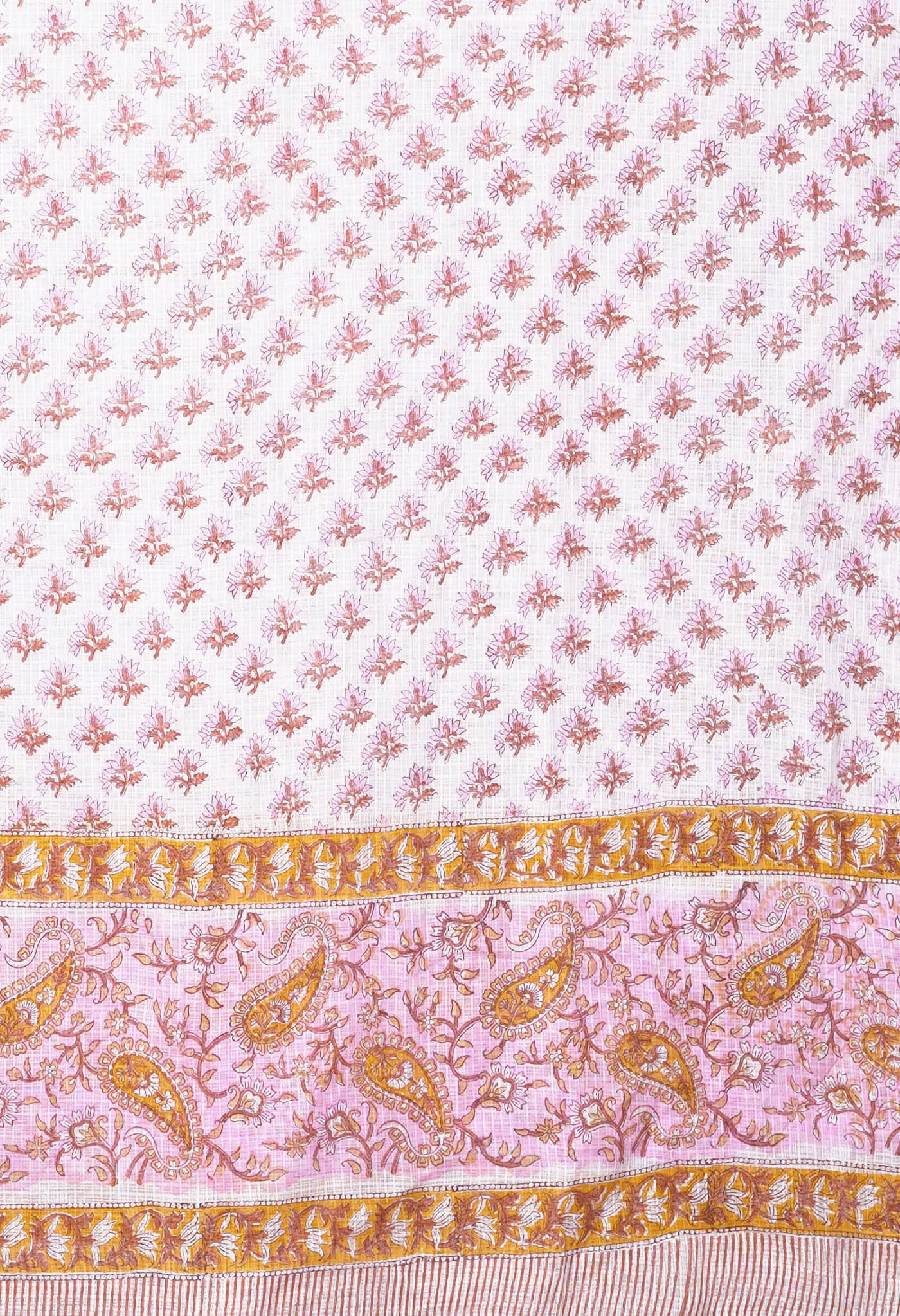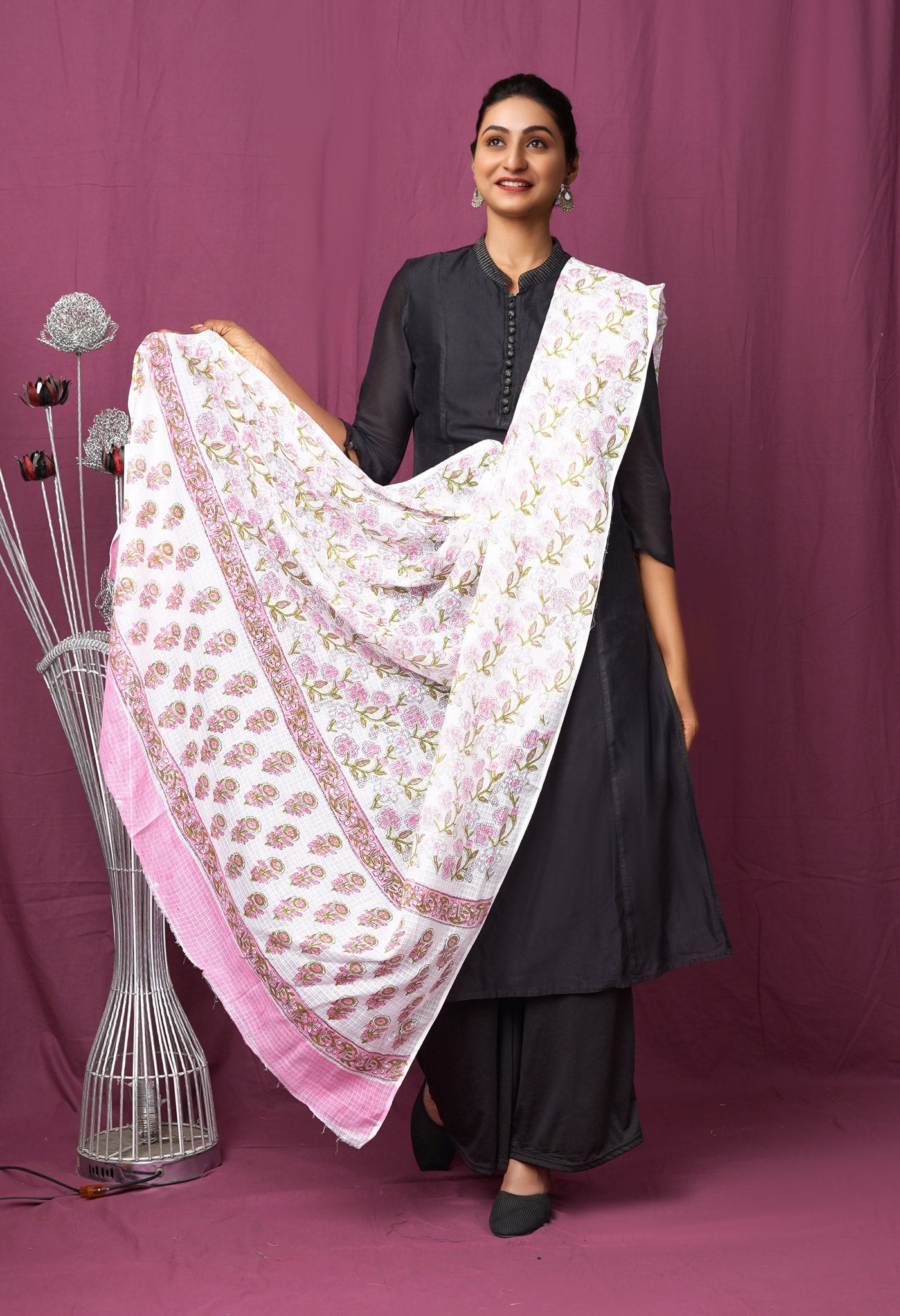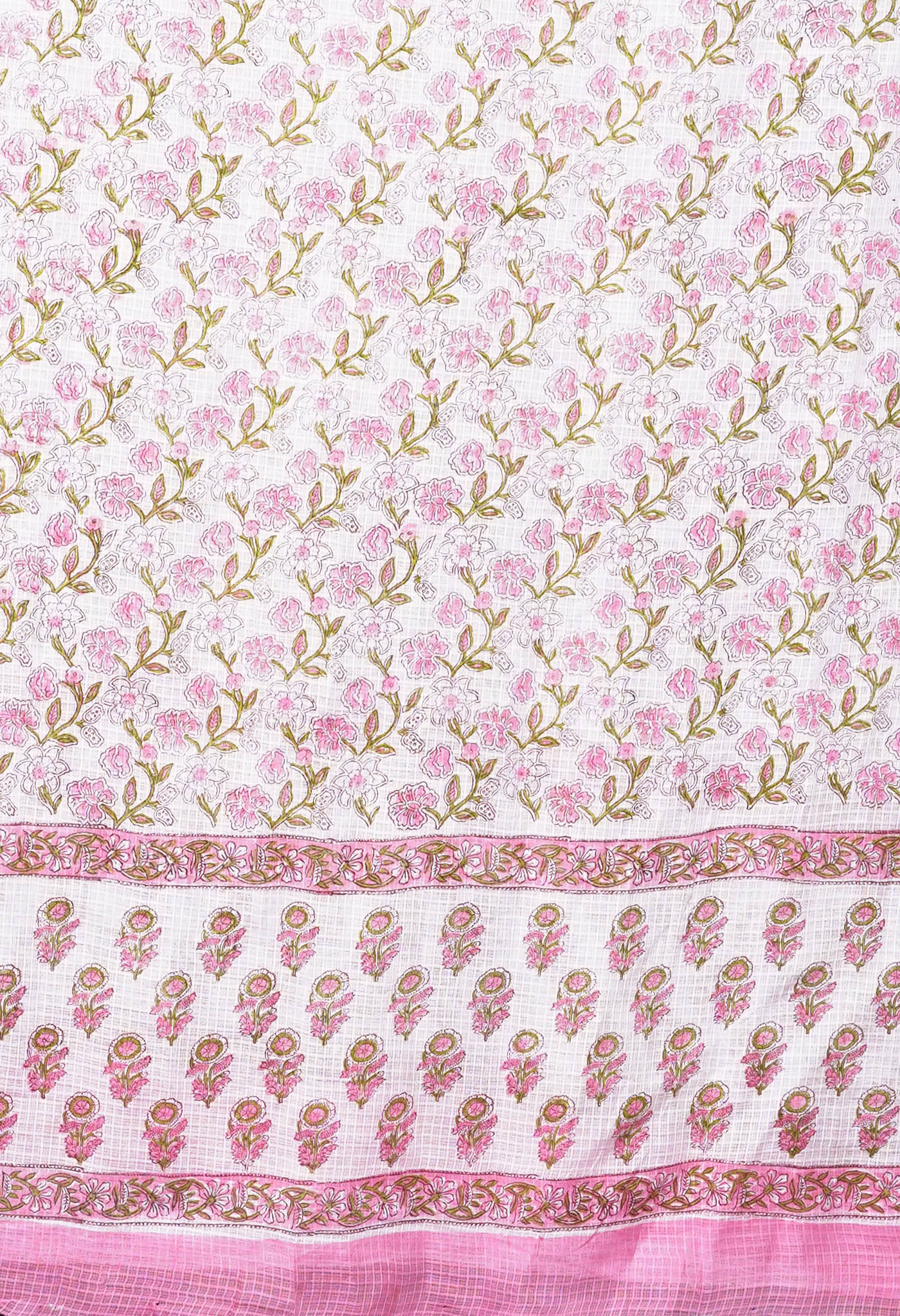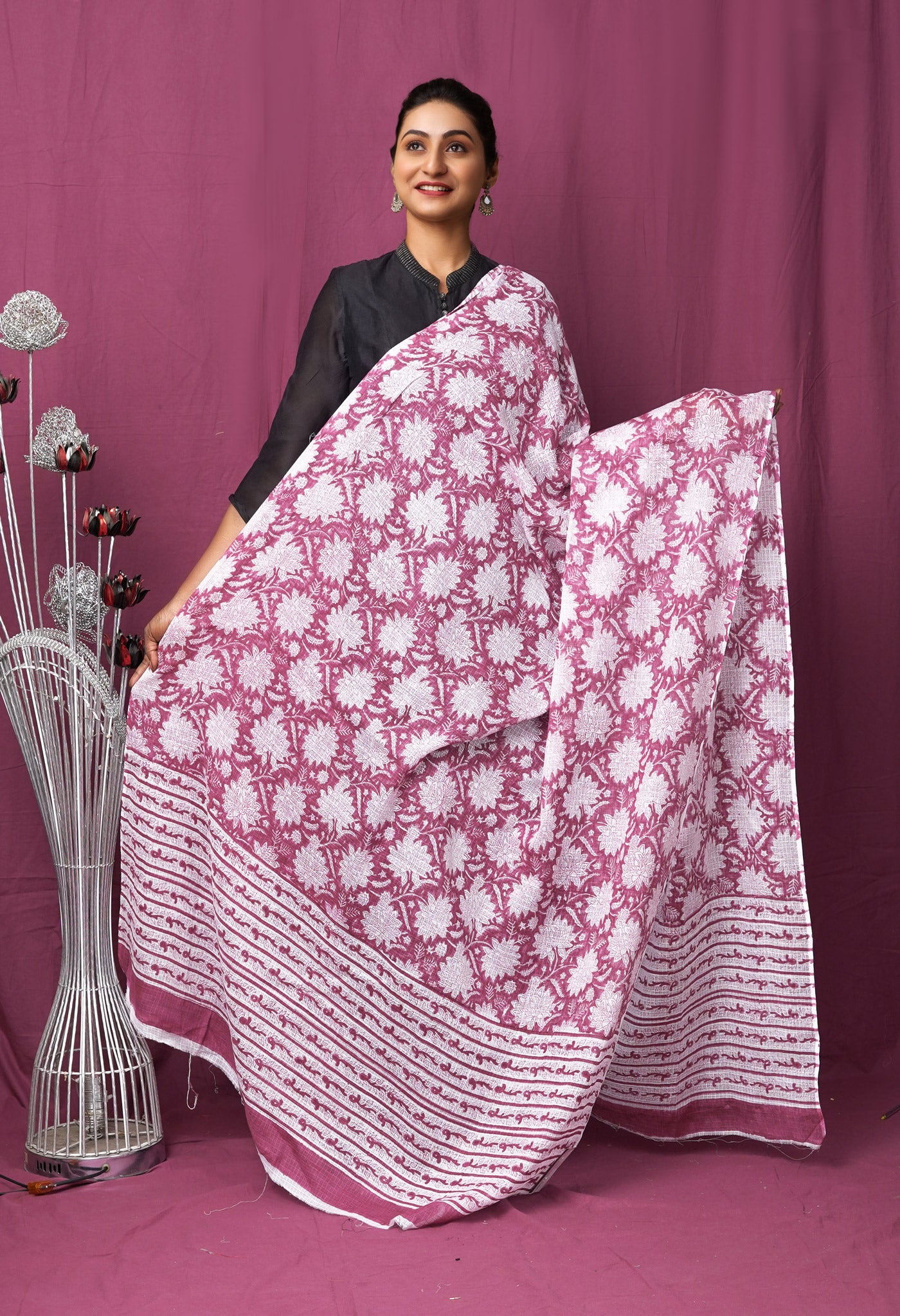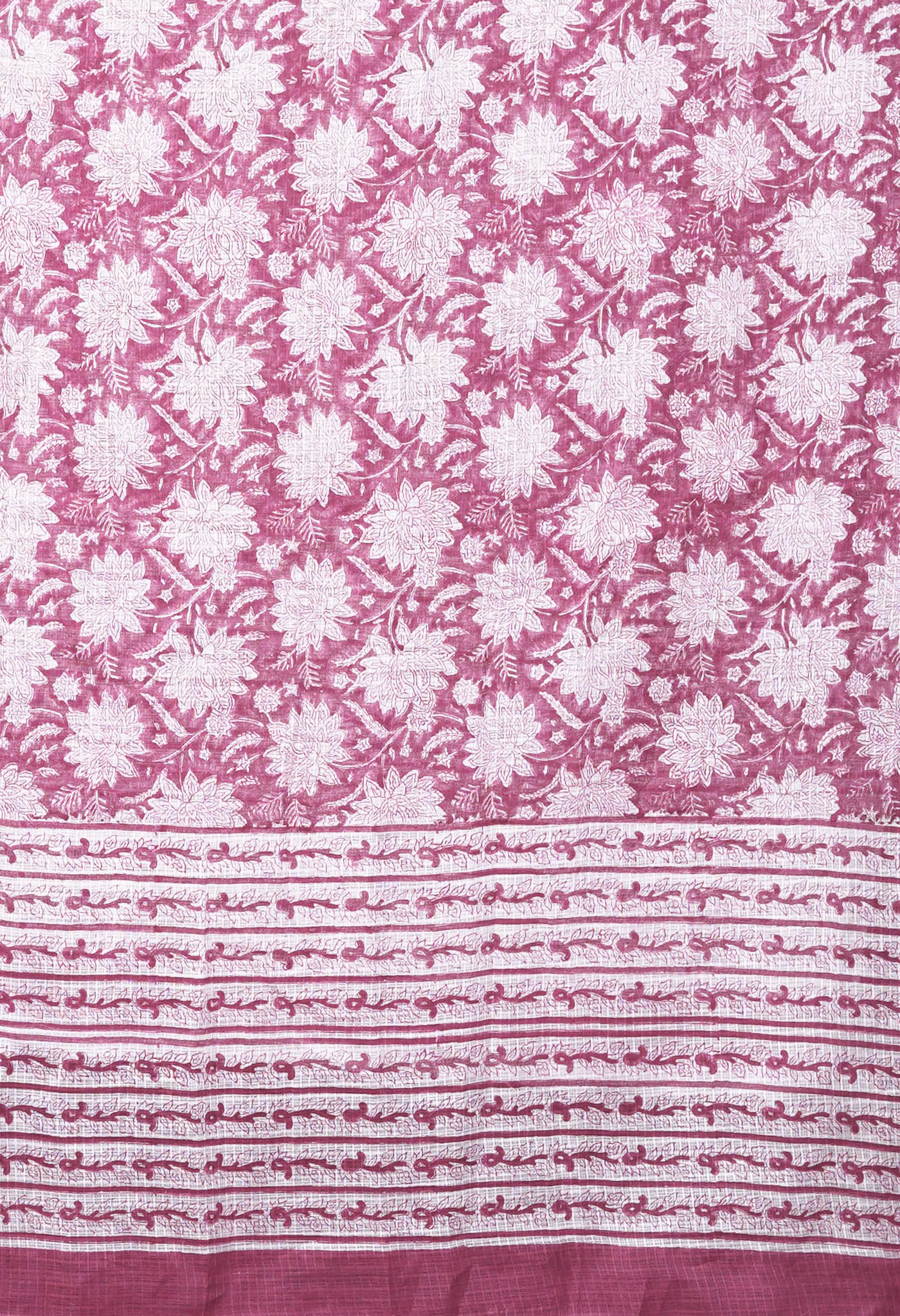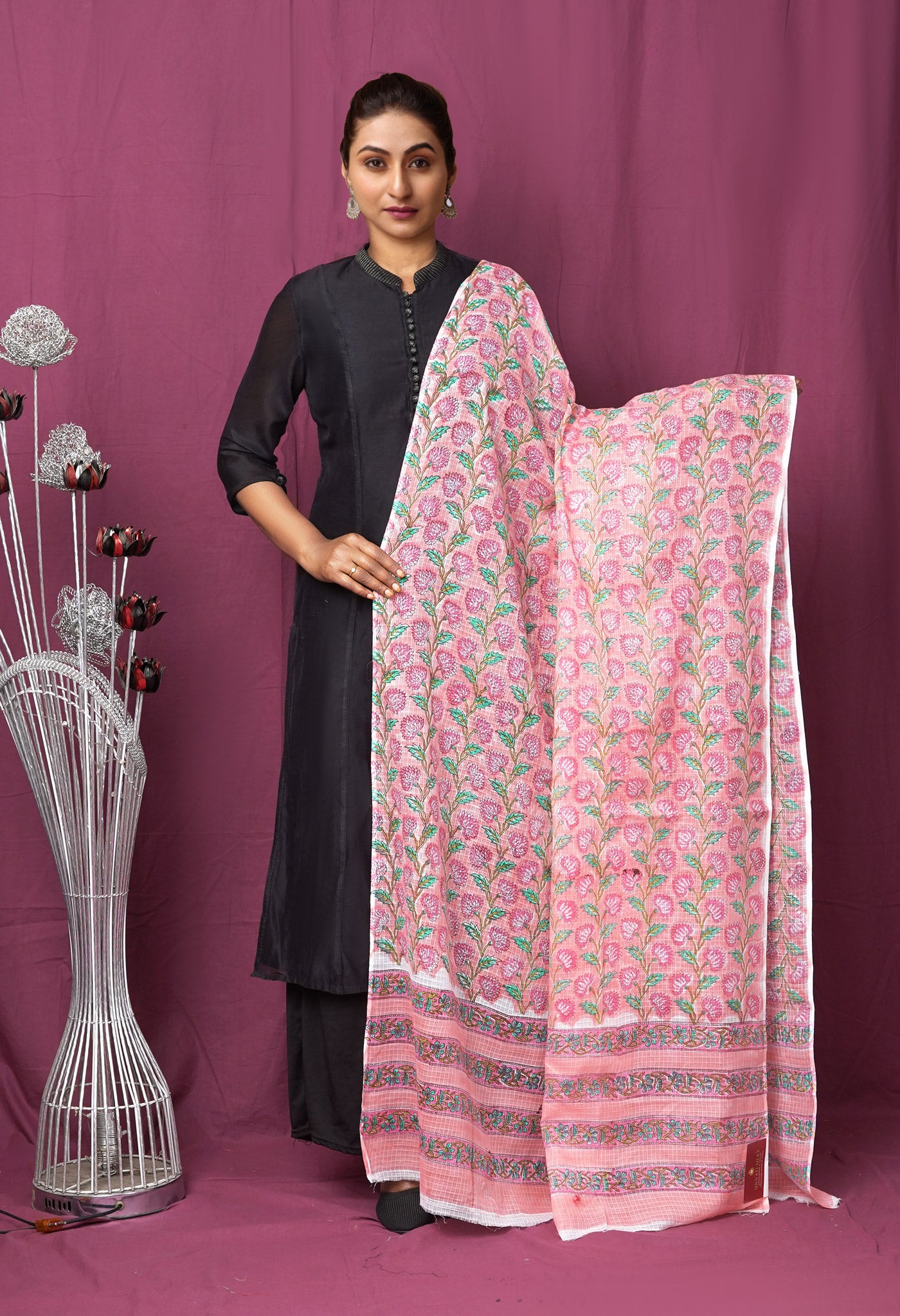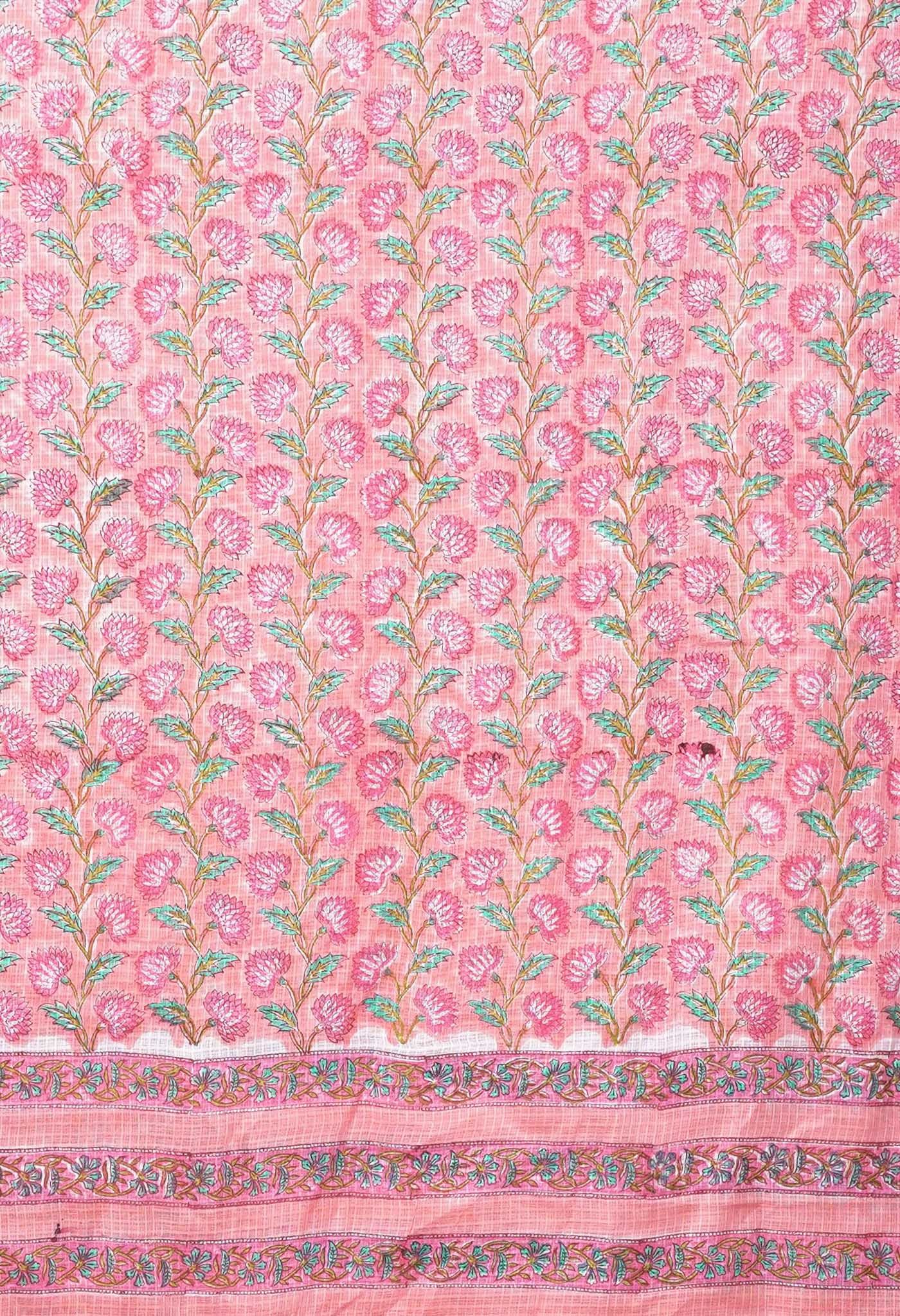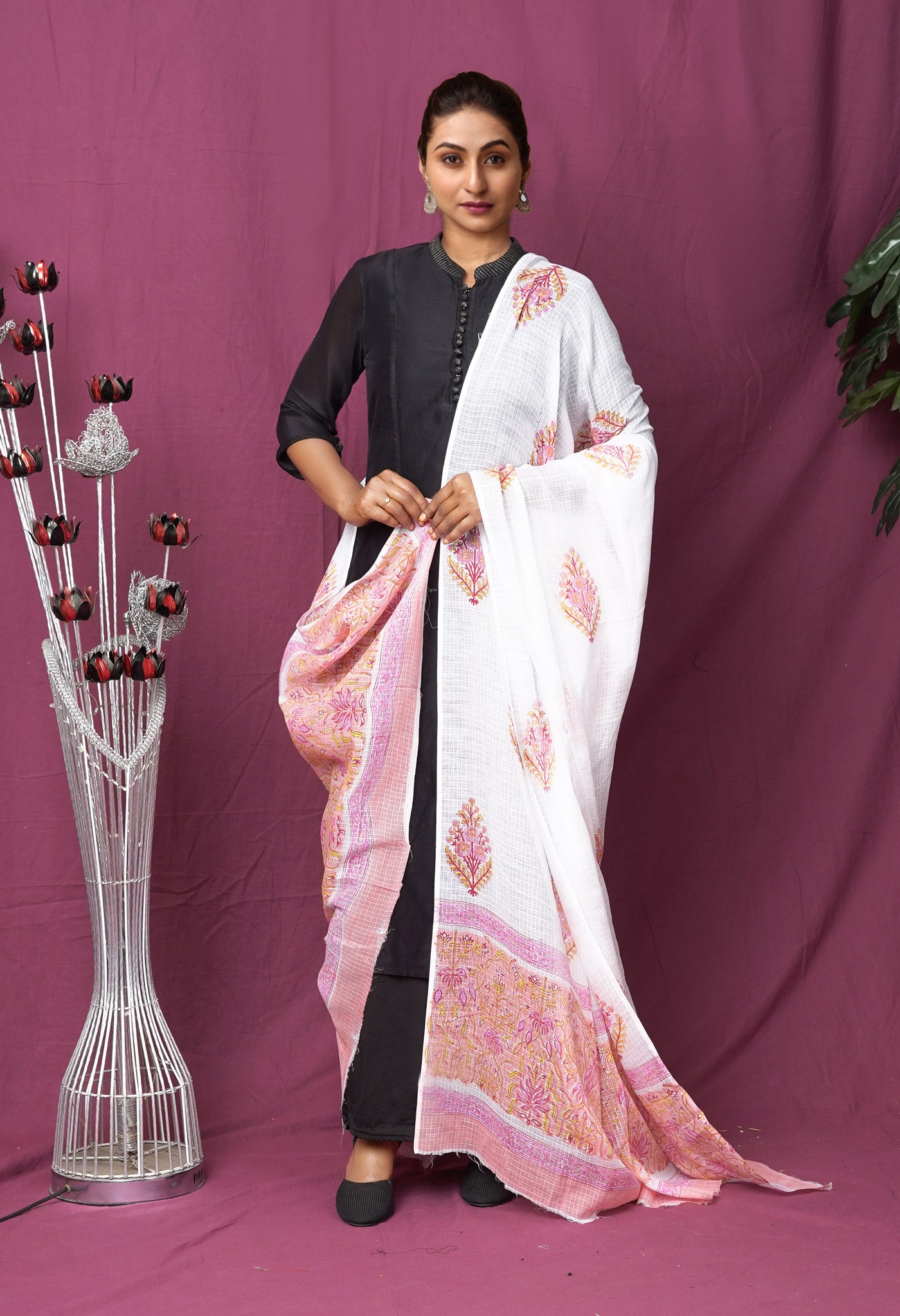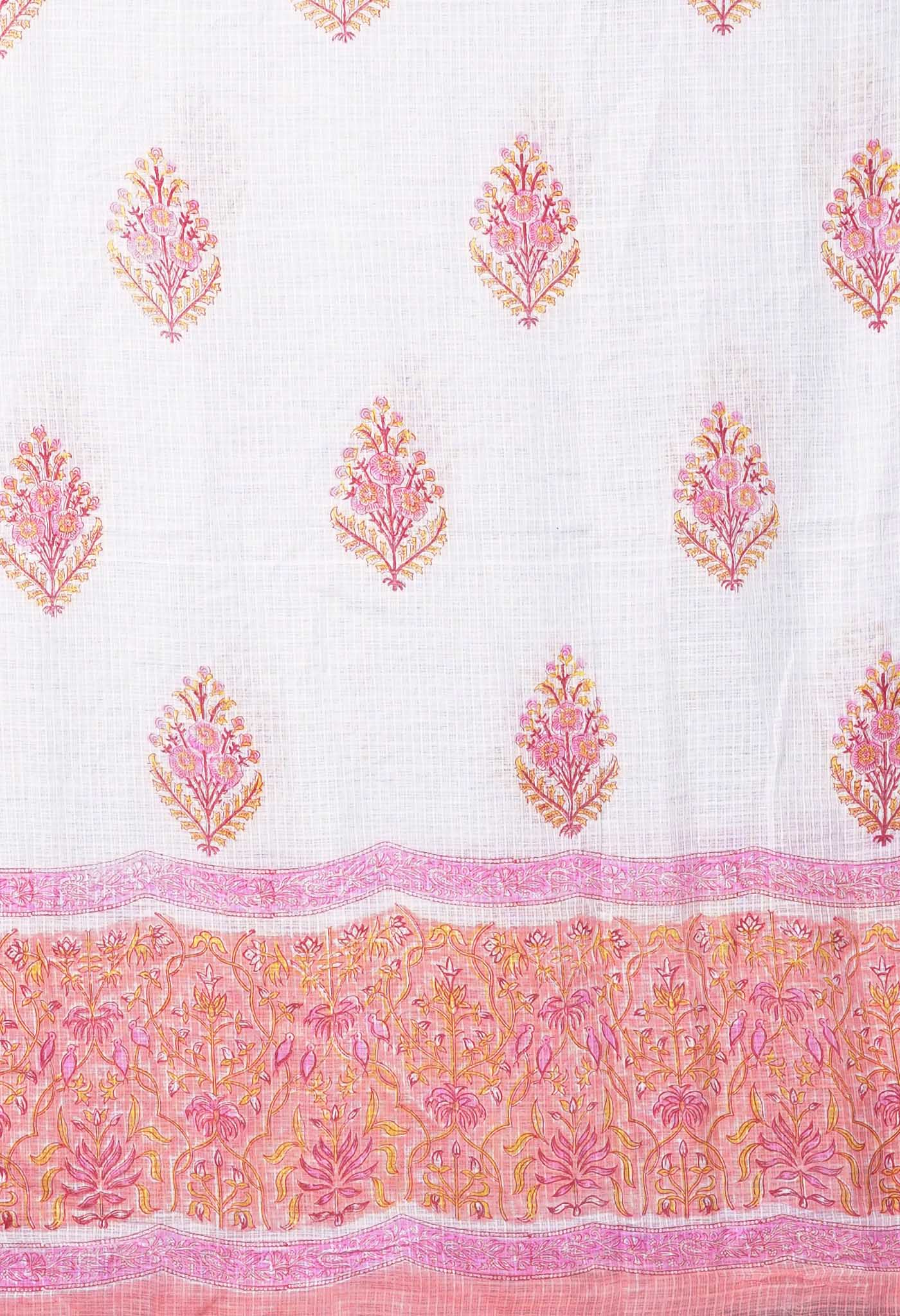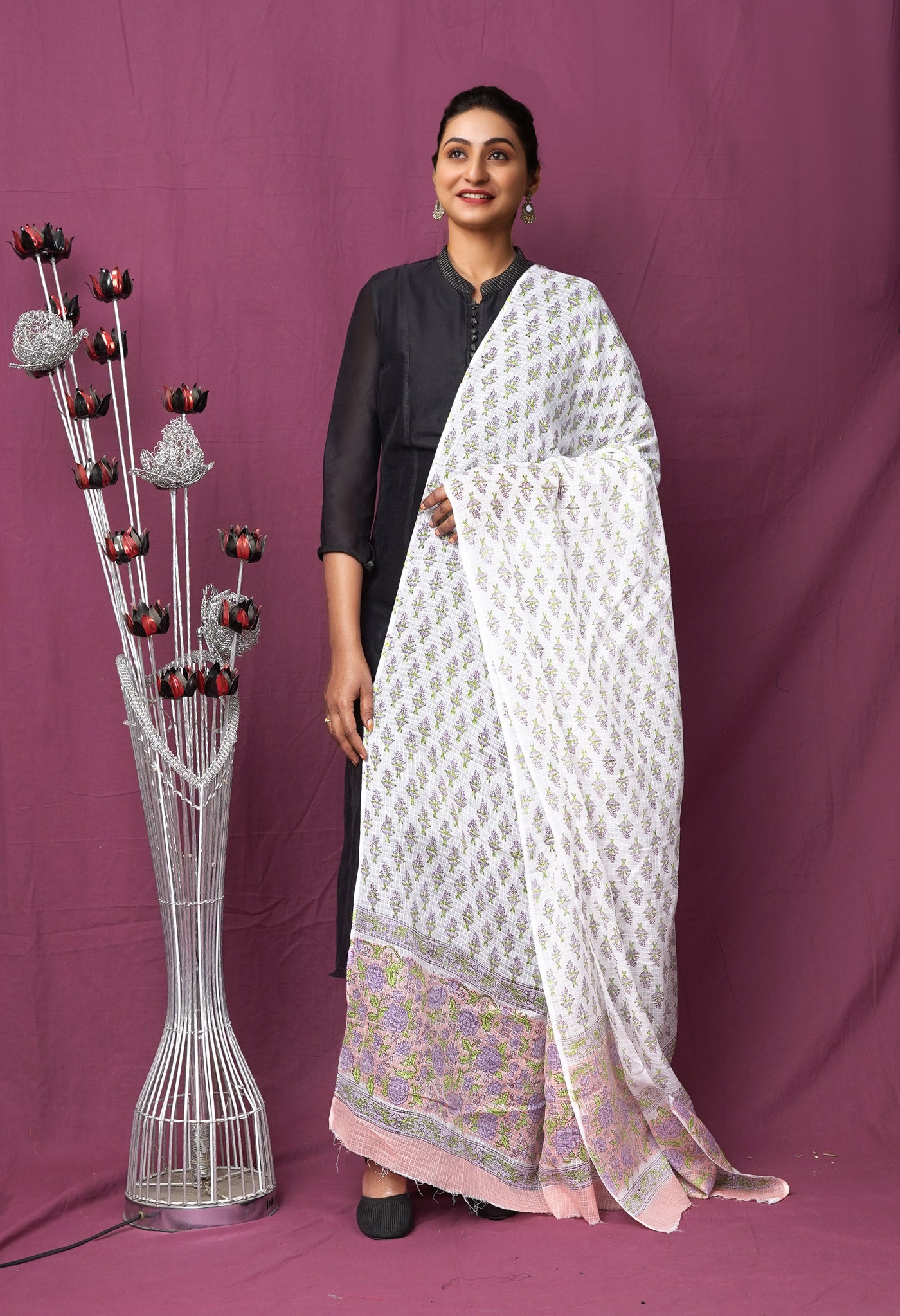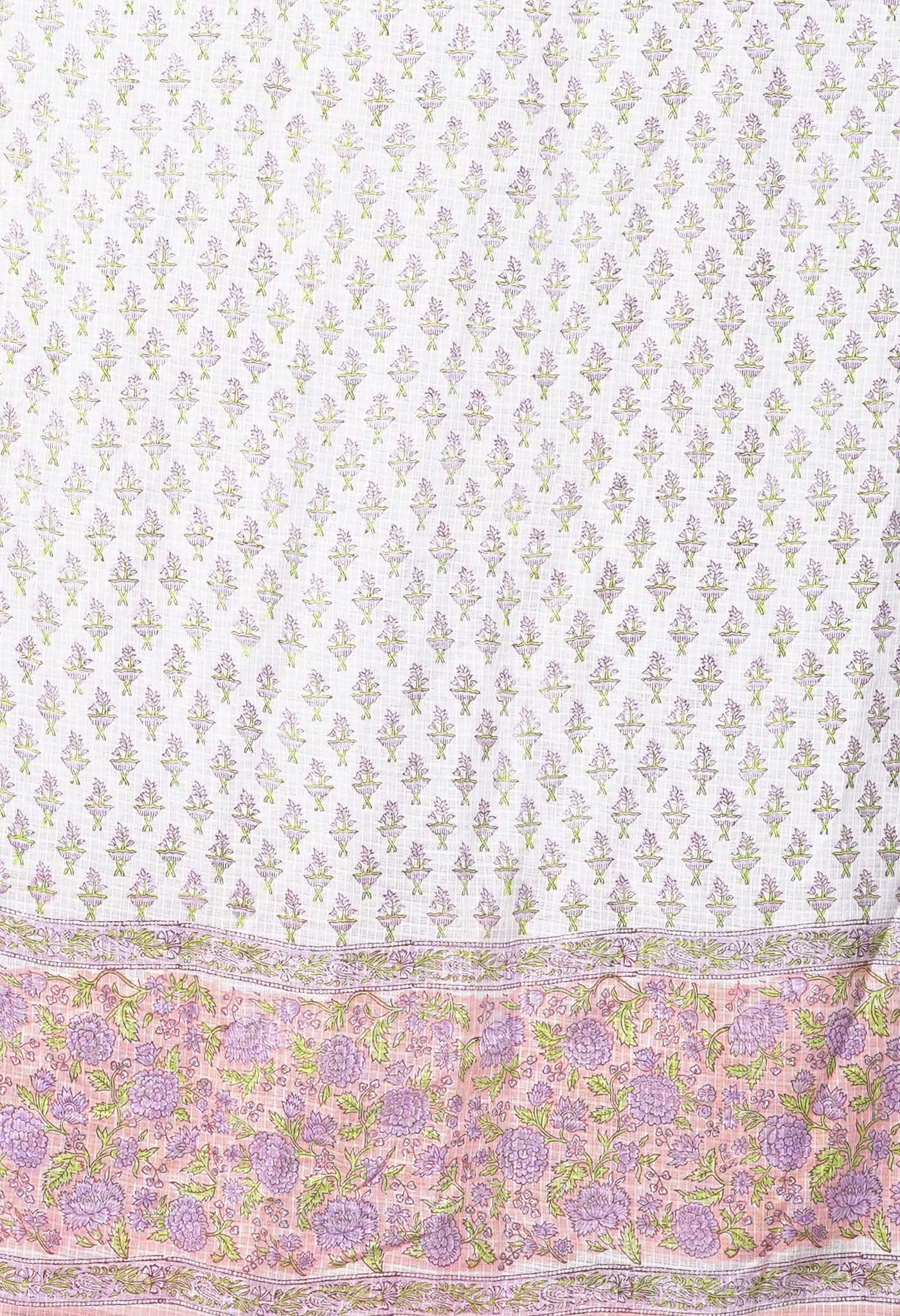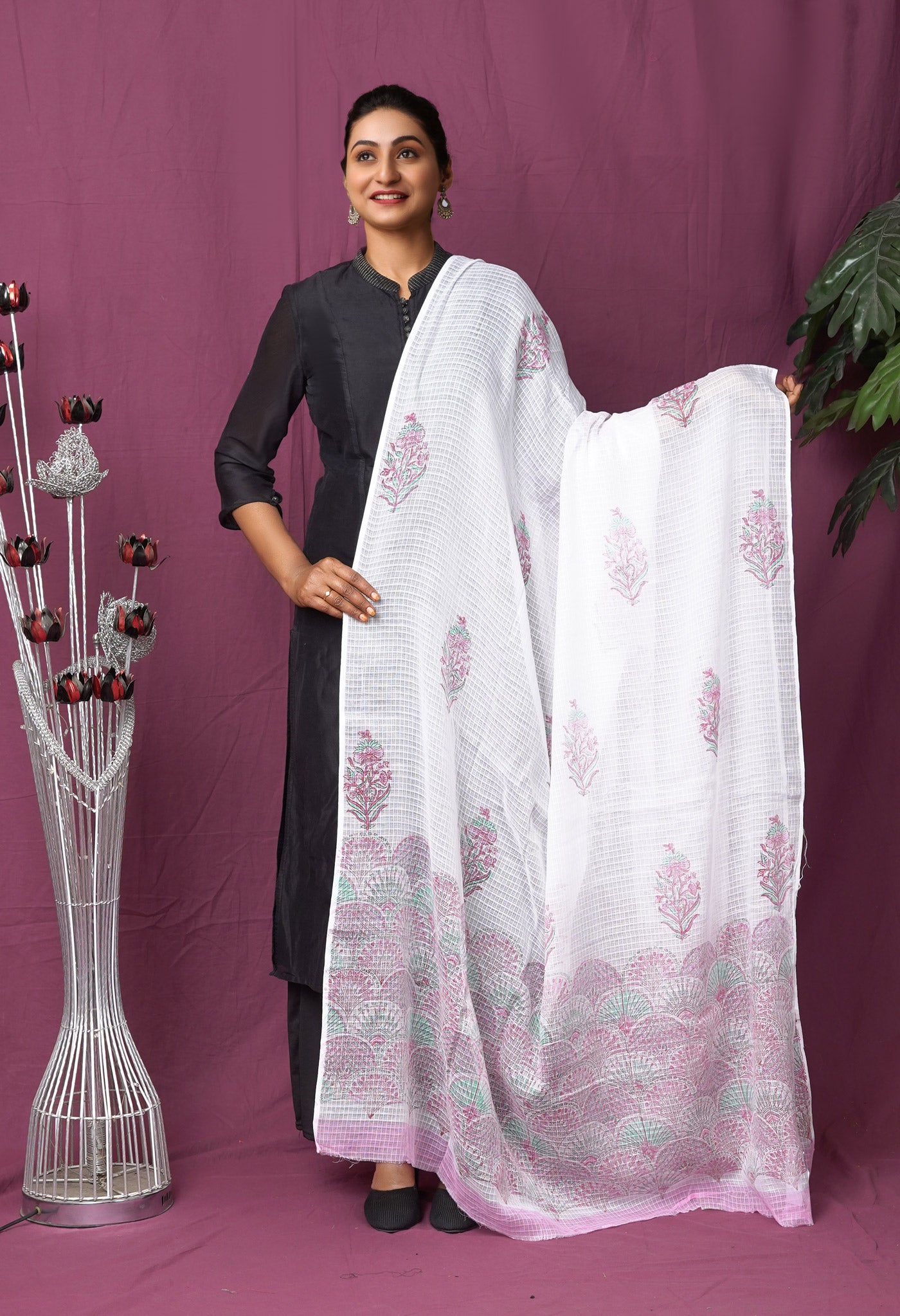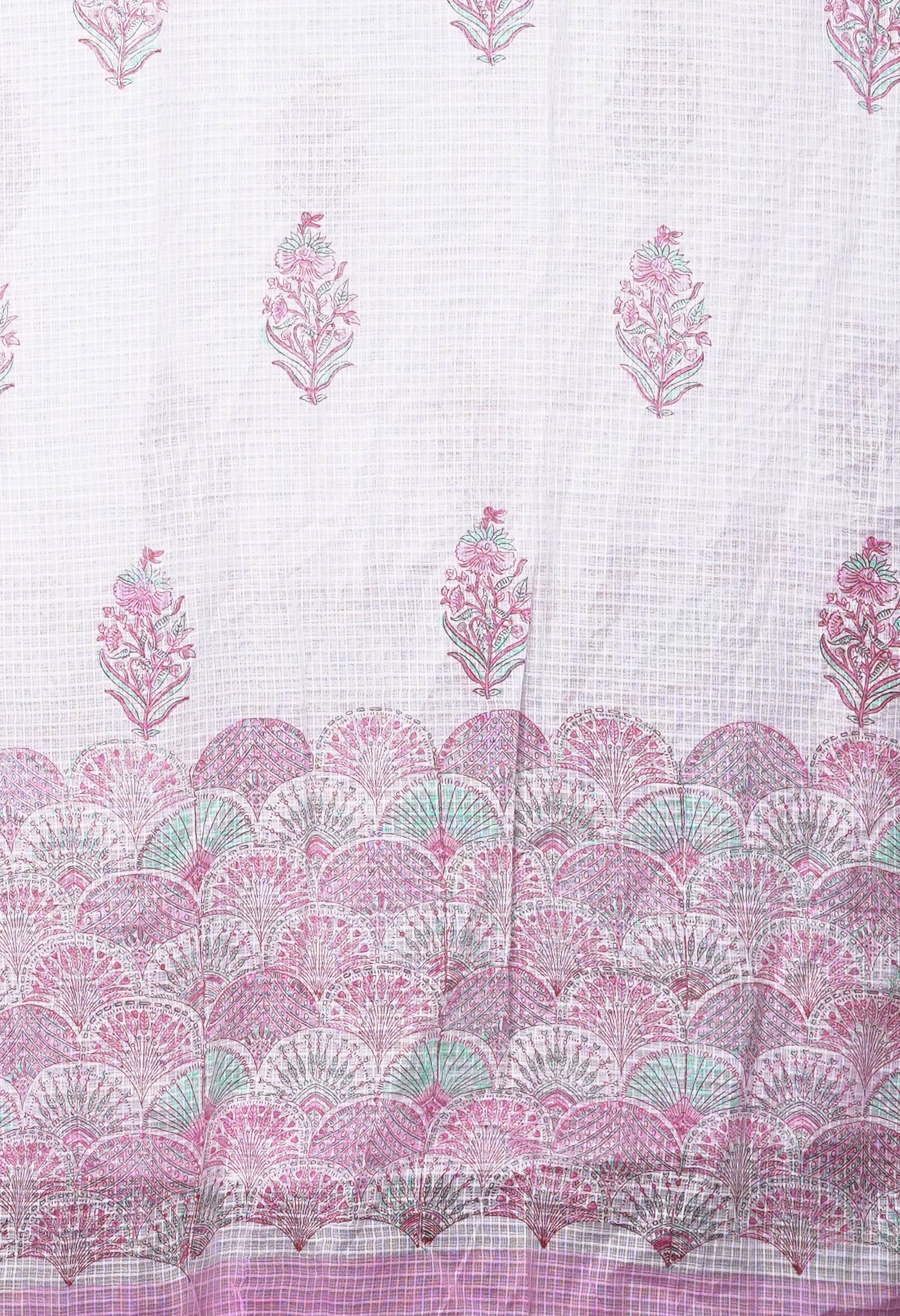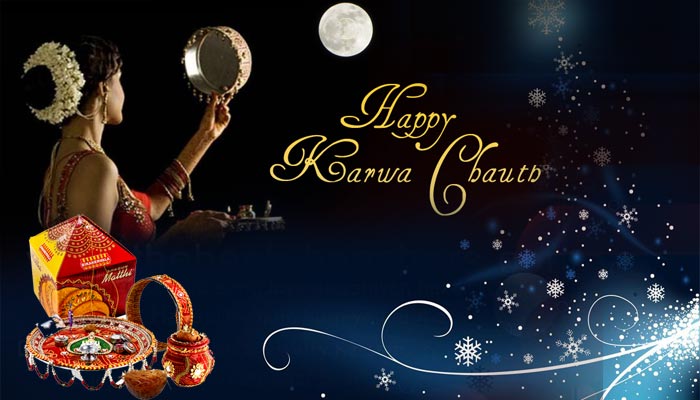
Karva Chauth – Wives fasting for well-being of husbands
 On Oct.30th, 2015, Karva Chauth shall be observed by thousands of women across the country.
On Oct.30th, 2015, Karva Chauth shall be observed by thousands of women across the country.
Karva Chauth, a one-day annual festival once celebrated traditionally throughout the states of North India and in Gujarat, has assumed the dimensions of a rigid national observance of fasting and piety by women in all strata of society, across India. The festival essentially is the fasting of the wives from sunrise to sunset, for the welfare and the safety of their husbands. It falls on the fourth day of the dark fortnight in the Hindu month of Karthik. It also coincides with Sankashti Chaturthi, observed by fasting for Lord Ganesha, this time.

Karva means pot (meaning a small earthen pot filled with water) and Chauth indicates the fourth day in Karthik as mentioned.
There are two popular hypotheses for the celebration of this festival.
 During military campaigns the men folk would mostly be out of their homes and the women waiting anxiously for their return. It could be that women undertook their fast from dawn to dusk praying for the safe return of their husbands and ultimately breaking the fast when their husbands stood before them.
During military campaigns the men folk would mostly be out of their homes and the women waiting anxiously for their return. It could be that women undertook their fast from dawn to dusk praying for the safe return of their husbands and ultimately breaking the fast when their husbands stood before them.
The festival coincides with the sowing of the Rabi crop (wheat) and since wheat was generally stored in Karvas or big earthern pots, prayers were initially offered for a good crop.
The festival starts by women starting the fast from before the sun rises. They fill their Puja plate or Thali and keep the items of Karva lamps, Matthi , Henna ready for the Puja and other rites that take place. During the fast most women do without water but some may not be able to manage it. Milk and sugar along with soot feni helps the women to be able to stay without food and water till the next day. This practice is most prevalent in Punjab and UP.
Henna and other cosmetics along with jewellery decorate the fasting woman. The entire day is spent in meeting friends, family and other relatives. Rural areas celebrate by the exchange of gifts between families. Earthenware, bangles, ribbons and other cosmetic items are given along with home-made sweets.




Camaraderie sometimes makes friends accompany in fasting so that the woman concerned has the moral courage to last the entire period. It is unusual, but sometimes even unmarried women observe the fast for their lovers and fiancés.
When dusk falls, the women sit around in traditional finery in a circle. This also is an occasion when women concentrate on all sorts of shiny and glittery stuff that would make them stand out. Women generally wear traditional sarees of the garish shades of Meghalaya Supernet, Chanderi Sico, fine Bengal Tant, Mysore silk cotton, Kanchi cotton, zari laden Mangalagiri cotton, Megahlaya organza, Bhagalpuri, Kollam, Tussar Ghicha, fine art silks of Panipat, georgette, the eye-catching variety of Bengal organza in the following colors.
- red and maroon (blood red smooth lustrous silk with silver colored designer border, satin chiffon with self color designs in the weave, bright red satin silk, red and maroon mix saree with golden motifs and designer zari embroidered borders)
- gold (contemporary Bollywood designer floral prints, light golden georgette plain with scintillating border, classic golden saree plain with patch, plain transparent golden saree having designer patch border)
- orange ( Bollywood designer, floral, plain with embroidered border, phulkari )
Some prefer to wear salwar kameez, lehengas of similar shades.

Stories of the Karva Chauth tradition are narrated, either by an elderly woman or a priest with breaks when the Pheris or feris are sung collectively.
 Pheris have the Puja Thali or Puja plate passed around with the singing of the traditional hymns. Pheris describe the activities that are prescribed to be observed or avoided. There are seven in all. The first six narrations include some things to be avoided such as weaving of cloth, beseeching anyone to comply, waking somebody who’s asleep and such traditional teachings.
Pheris have the Puja Thali or Puja plate passed around with the singing of the traditional hymns. Pheris describe the activities that are prescribed to be observed or avoided. There are seven in all. The first six narrations include some things to be avoided such as weaving of cloth, beseeching anyone to comply, waking somebody who’s asleep and such traditional teachings.
Different states have different nuances with this main theme, but the essence is when the moon rises, the wife sees the moon first through the jaali or mesh of her large sieve (some prefer a dupatta or reflection of the moon in the earthen pot of water) and then turns towards her husband and seeks his blessings by touching his feet. The husband in turn blesses her and then as she rises offers her the first sip of water from the vessel in the Thali and a sweet, with the promise of a gift also.
Thus her fast is broken and her wish fulfilled that her husband has returned back safely to her.

Women are the mentally stronger lot as compared to men and despite having a more delicate constitution, most women have extraordinary courage and the will power to be able to undergo the rigours of fasting on this particular day without breaking the fast to emerge victorious.
India is steeped in tradition and the unflinching observance of many a ritual incomprehensible to the western world. Yet the social fabric of India is tightly knit by these very customs that break all barriers of caste, creed and strata of Indian society when it comes to a unified social observance of the holy rites and sacred practices during such occasions.
It is indeed, the bonding of family ties, the realization or fulfillment of heart, the fervor and the devotion which still bind the Indian spirit, that are the rock sound pillars of society upon which the fragile collective soul of a culturally diverse but thinking as one Indian population rests.

